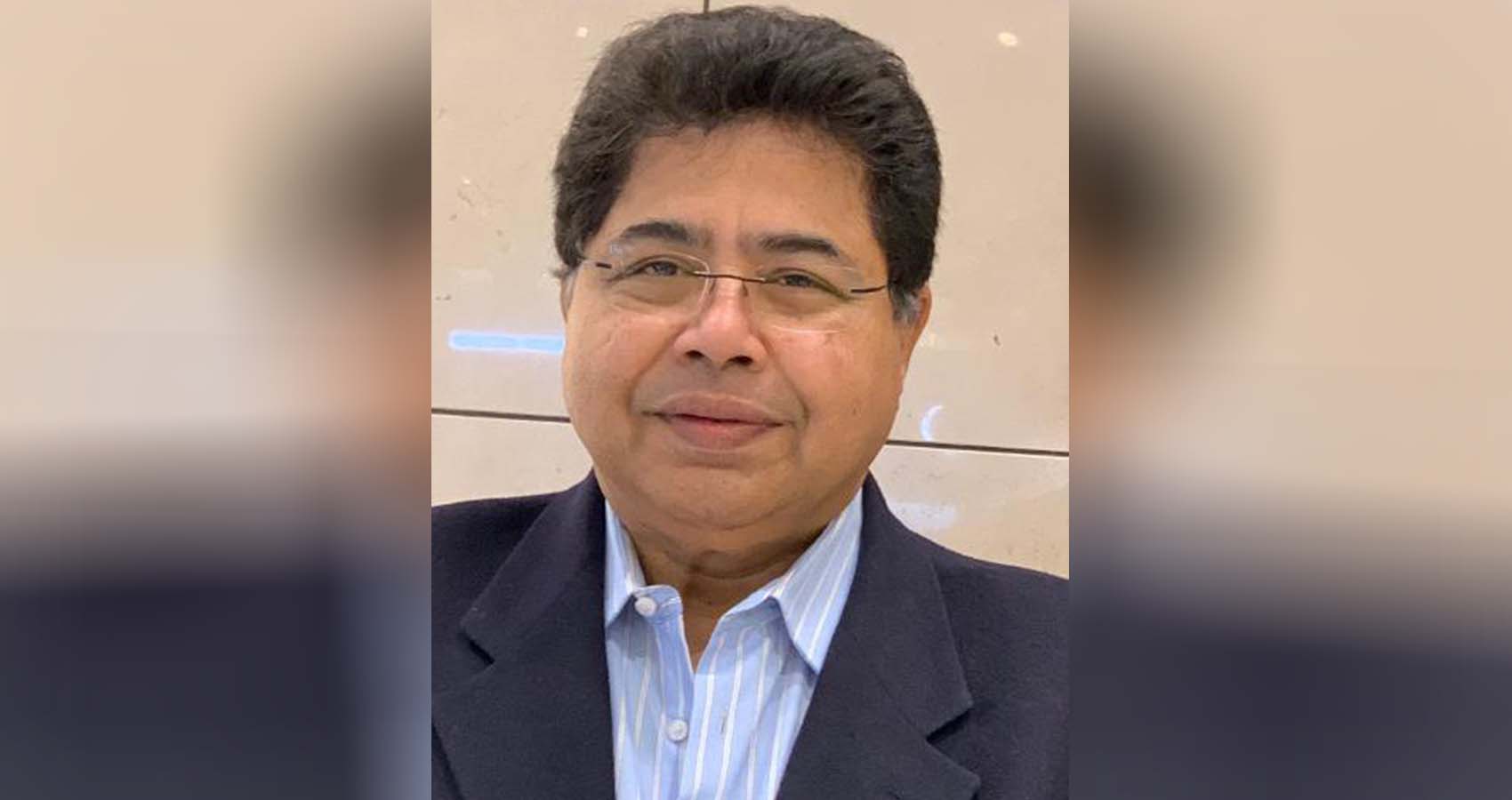“I pledge to all AAPI members that we shall not rest on our laurels and become complacent,” says Dr. Ravi Kolli, who will assume charge as the President of the American Association of Physicians of Indian Origin (AAPI) during the historic 40th annual Convention on June 25th, 2022, in San Antonio, Texas. “I will work hard to keep AAPI focused on its core mission and conduct all of its activities and business beyond reproach in a transparent, accountable, and responsible manner.”
Dr. Ravi Kolli, a Board-Certified Psychiatrist with specializations in Addiction, Geriatrics, and Forensic Psychiatry, serving as the Psychiatric Medical Director of Southwestern Pennsylvania Human Services, was a Clinical Assistant Professor of Psychiatry at the University of Pittsburgh and West Virginia University. Dr. Kolli has over four decades of experience in the healthcare field. He graduated from Rangaraya Medical College, NTR University of Health Sciences Medical School in 1981. He is affiliated with medical facilities at the Washington Health System Greene and Washington Hospital.
Dr. Kolli’s association with AAPI began over two decades ago. “My good friends, Dr. Prabir Mullick and Dr. Krishna Kasi first introduced me to the local chapter of AAPI, and I became very involved.” Initially, he used his web designing skills to develop and maintain the website of the local chapter, their publications, and email blasts, which he continues to do. He was involved with his Alumni Chapter of Rangaraya Medical College, which boasts of over 500 active members, and became its President. Later, he was elected as the President of the Telugu Medical Graduates of USA and has done similar tasks besides leading them to greater heights.
“As I started attending AAPI national meetings and annual conventions in the past decade, I got to know the national AAPI national leadership teams and was impressed by their dedication and commitment. So, I got involved more and was later elected as the Regional Director, then as the national AAPI Secretary and eventually as the Vice President and now the President of the national AAPI.”
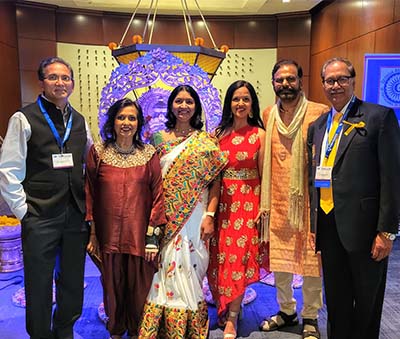 Dr. Kolli understands the importance of assuming charge as the President of AAPI, “a very prestigious, dedicated, and powerful organization, representing over 120,000 physicians of Indian origin, with an active membership of at least 14,000 life members and in addition to the members of the more than 120 local chapters, chapters of Alumni and Specialty associations across the nation. Being a leader of this organization is a great honor and responsibility,” Dr. Kolli says, “With great power comes to a greater responsibility as well” and believes that “To whomever much is given, of him will much be required; and to whom much was entrusted, of him more will be asked.”
Dr. Kolli understands the importance of assuming charge as the President of AAPI, “a very prestigious, dedicated, and powerful organization, representing over 120,000 physicians of Indian origin, with an active membership of at least 14,000 life members and in addition to the members of the more than 120 local chapters, chapters of Alumni and Specialty associations across the nation. Being a leader of this organization is a great honor and responsibility,” Dr. Kolli says, “With great power comes to a greater responsibility as well” and believes that “To whomever much is given, of him will much be required; and to whom much was entrusted, of him more will be asked.”
“In my role as the President of AAPI, I will be working closely with my executive committee, BOT, leaders, and all the members of AAPI to make It a more dynamic and vibrant organization playing a meaningful and relevant part in advocating for health policies and practices that best serve the interests of all patients and promoting the physician’s role as the leaders of the team-based health care delivery,” Dr. Kolli says. “I will also be promoting the mission and vision of AAPI by working closely with AAPI’s 120 + patron Chapters to align all of our goals and activities and also bring in new Chapters into AAPI fold.”
Dr. Kolli has previously served as the Chair of the IT committee of AAPI, Convention AV Co-Chair, and a member of several Committees of AAPI including Endowment fundraising, Geriatric, IT, GME Liaison, South Asian CVD and Childhood obesity awareness and Obesity awareness programs and Adopt a Village Plan and more. As the Chair of the AAPI Membership Committee, Dr. Kolli worked diligently to recruit new members especially the younger physicians and recent graduates.
He had previously served as the Secretary, Vice President, and eventually as the President of Pittsburgh TAPI in 2012-13 and has been involved in organizing several annual meetings of the TAPI and AAPI-CF fundraiser dinners for over a decade.
Being a Psychiatrist by profession and among the many goals Dr. Kolli has set for himself and something that is very dear to him, is to “focus on battling the stigma of mental illness and access to quality mental health care broadly and widely. I will be forming liaisons with mental health professionals in India and globally and bring awareness of various biopsychosocial therapeutic options to promote wellness and recovery from mental illness and substance use disorders. We will also actively promote physician wellness and self-care to address the challenges of physician burnout and suicide.”
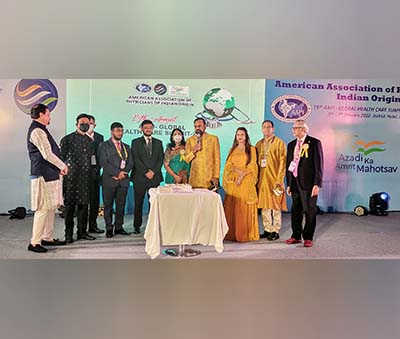 Empowering physicians as the leaders in the delivery of evidence-based health care by engaging with policymakers, governmental agencies at all levels and the private sector is a major area where Dr. Kolli wants to direct the efforts for AAPI. Some of the other areas, he wants AAPI to focus on under his leadership include: Connect with the next generation physicians for their participation in all areas of organizational leadership and activities; Advocate for expediting the GC Backlog for physicians through legislation; Promotion of mental health awareness, tackling mental illness, substance abuse and suicide devastating the nation; Planning International Medical Missions with our AAPI physicians to serve communities globally.
Empowering physicians as the leaders in the delivery of evidence-based health care by engaging with policymakers, governmental agencies at all levels and the private sector is a major area where Dr. Kolli wants to direct the efforts for AAPI. Some of the other areas, he wants AAPI to focus on under his leadership include: Connect with the next generation physicians for their participation in all areas of organizational leadership and activities; Advocate for expediting the GC Backlog for physicians through legislation; Promotion of mental health awareness, tackling mental illness, substance abuse and suicide devastating the nation; Planning International Medical Missions with our AAPI physicians to serve communities globally.
Realizing the early challenges and struggles faced by the pioneering leaders of AAPI, Dr. Kolli says, “We are eternally thankful to our senior AAPI leaders who fought hard to end discrimination against IMG and achieved parity of having the same USMLE for all medical graduates for state medical licensures as well as for residency training program requirements. Our senior AAPI leaders have been a great source of reliable support and encouragement and every conversation and interaction with them has been educational and inspirational. I pledge to build upon their legacy to keep AAPI relevant and in the forefront in fighting any semblance of discrimination, microaggressions, and inequity across all walks of health care and medical education opportunities.”
While acknowledging the contributions of the pioneers, who have started AAPI and made it a formidable organization, Dr. Kolli says, “my passion for service has been enhanced by my association with so several AAPI leaders who have dedicated their time and efforts and lives working for AAPI. I am really impressed by the past leaders and I take inspiration from them. I respect them, and I value their guidance.”
Having clarity of mind and purpose and very clear about what he wants to carry out as the President of this prestigious organization, Dr. Kolli says, “I have clear goals. I have a collaborative leadership style and have sustainable and sincere plans to make AAPI better and brighter.” He wants to work with teams, reaching out to leaders and members, from top to bottom and center to periphery of the organization, with open communication and inclusive leadership.
Looking back to his childhood about, what inspired him to become a physician Dr. Kolli says, “I come from a family of physicians,” “Among my five brothers, 3 of us are physicians and I was the youngest. My father’s two brothers were physicians as well as their spouses. We have a long tradition of being a family of physicians. Counting all together, we have about 40 physicians and counting, among our cousins, nieces, and nephews in my family of three generations. So, it was a natural course for me to be a physician as well” Dr. Kolli explains.
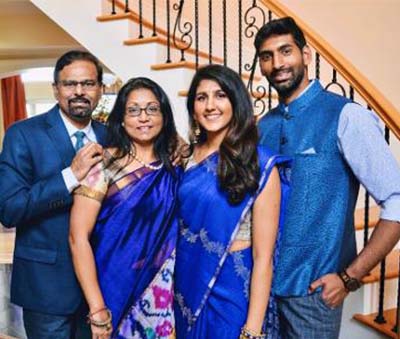 Growing up in a family where his dad was a state government official in the Andhra Pradesh state transportation department, Dr. Kolli and his family traveled from place to place every three years with the transfer of his dad, which was a huge challenge. However, “That gave me a wider and unique perspective on life, with the opportunity to meet new people, in new places and environments. It was an enriching experience in some ways and though we didn’t have any roots in one place, we had a wider network of friends and associates all around the state.”
Growing up in a family where his dad was a state government official in the Andhra Pradesh state transportation department, Dr. Kolli and his family traveled from place to place every three years with the transfer of his dad, which was a huge challenge. However, “That gave me a wider and unique perspective on life, with the opportunity to meet new people, in new places and environments. It was an enriching experience in some ways and though we didn’t have any roots in one place, we had a wider network of friends and associates all around the state.”
Dr. Kolli and his siblings loved sports both indoor and outdoor, he explains, “All of us were very athletic. We played tennis and cricket and we were all good at it. We played for colleges, and universities, and one of my brothers played for the state. So, we were sought out to play for the local teams and clubs wherever we lived at.”
“Psychiatry was my passion from my medical college days. That was a profession by choice not by default. It was my chosen vocation.” says Dr. Kolli. “I had developed an interest in psychology, behavioral health, and medicine right from the medical school. There were not that many opportunities in India at that time for psychiatric training, which was my career goal.” And therefore, seeking educational and training opportunities, Dr. Kolli immigrated to the United States in 1983 following his elder brother Dr. Prasad Kolli, his earliest role model, who moved to the US in 1974.
Acknowledging that being the president of AAPI is a unique opportunity,” Dr. Kolli says, “My goals are to help the physicians find more balance in their career and fulfillment, and gain empowerment to overcome many of the challenges that they are facing with covid and post-covid and financial and personal strains they have gone through over the years.” I want to address physicians’ wellness and help them to be more autonomous and able to influence the policies and future direction of healthcare as well as our own careers. Many of our next generation children are going into medicine as well and we must make sure that the future generations of physicians have many more opportunities for their professional growth and leadership.”
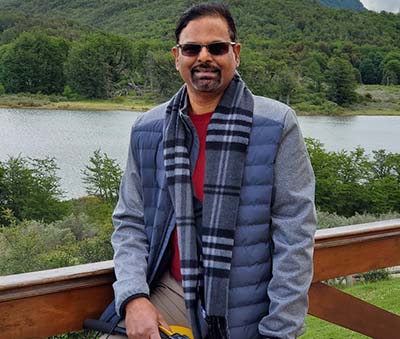 “AAPI is very young, dynamic, and active,” Dr. Kolli says. “Every year nearly 500 -1000 new members are joining AAPI. My goal is to bring as many like-minded people as possible who are loyal and committed to AAPI goals and values, on one page, one theme, and on one track to solve the problems collectively. It is important for us not to stay apart and fall apart but come together and stand together and make AAPI strong.”
“AAPI is very young, dynamic, and active,” Dr. Kolli says. “Every year nearly 500 -1000 new members are joining AAPI. My goal is to bring as many like-minded people as possible who are loyal and committed to AAPI goals and values, on one page, one theme, and on one track to solve the problems collectively. It is important for us not to stay apart and fall apart but come together and stand together and make AAPI strong.”
Dr. Kolli believes that AAPI should be able to “help solve public health issues, professional challenges, and provide members with a sense of accomplishment and a sense of belonging. The purpose is to bring everyone together. Being a psychiatrist, I think I have the right kind of temperament and the capability to communicate with emotional intelligence, calm attitude, and openness and empathy for me to be able to do that.”
Dr. Kolli understands the diversity of AAPI and its members. With a broader vision, inclusive ideology, and openness to people of varied views, backgrounds, and regions, Dr. Kolli is confident that he can collaborate well with members, who may have different views and perceptions, for the common good of AAPI and its growth. “We all come from diverse backgrounds and have different goals, but at the same time, we have to find some mutual interests and ideals and work towards realizing those common objectives based on our cherished values,” Dr. Kolli says.
Having played cricket and being a team captain, Dr. Kolli understands the importance of teamwork. “Being a team leader means we must help each other to realize our full potential and stand by each other during challenging times. You need to inspire other team members. You have to be the role model and the hardest-working member of the team. We must make everyone feel confident in their own abilities and have faith in you as a leader.”
Describing himself as “fairly calm, balanced, non-judgmental, kind, open-minded, respectful of other people,” Dr. Kolli says, “I believe in being empathic, I try to look at different points of view. I do not think one is always right and has all the answers and others are wrong and vice versa. There are different perspectives and ways of looking at any problem. Very often things are not black and white, and one size does not fit all. But if we all follow the same set of rules and norms, we are likely to have a more sustainable and successful outcome. So, it is essential to make sure ground rules are fair, clear, and consistent, follow them diligently, and help AAPI move forward smoothly.”
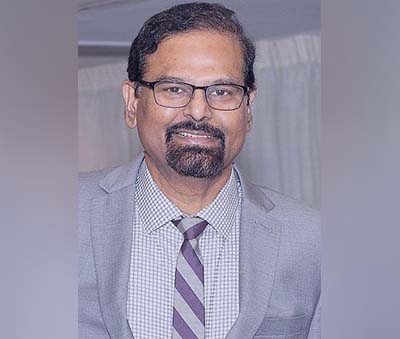 Despite his busy schedule, Dr. Kolli makes time available to play Rummy and socialize with three diverse groups of friends regularly for over a quarter-century. “We have a Kannada group of friends. I have a Telugu group of friends and a group of friends from all over India, from Himachal Pradesh, Punjab, Rajasthan, Gujarat, Maharashtra, Telangana, and Karnataka as well as other regions with whom I play cards on some weekends, which is great opportunity to connect, belong, socialize and relax.”
Despite his busy schedule, Dr. Kolli makes time available to play Rummy and socialize with three diverse groups of friends regularly for over a quarter-century. “We have a Kannada group of friends. I have a Telugu group of friends and a group of friends from all over India, from Himachal Pradesh, Punjab, Rajasthan, Gujarat, Maharashtra, Telangana, and Karnataka as well as other regions with whom I play cards on some weekends, which is great opportunity to connect, belong, socialize and relax.”
Dr. Kolli earnestly believes “I am a positive person and I try not to look for ways to find fault and criticize other people just to score a point. I don’t make harsh judgments on others, because I believe, everyone is trying and working hard to make AAPI stronger and better. I am fully aware that it takes a lot of dedication and passion, often sacrificing personal, professional, and family times to work on the goals of AAPI. All of those who served and serving AAPI deserve respect and acknowledgment for their dedication and commitment.”
During his presidency, Dr. Kolli wants “to focus on physician well-being and breaking the barriers of mental health stigma, connect with Indian Diaspora here and back home and with the Indian professionals, students and to promote good learning experiences and opportunities and to make it better for the future generation in every way.” Dr. Kolli assures that “We will work together to promote our values of professionalism, collegiality, excellence in patient care and enhance AAPI’s reputation as a premier professional organization offering educational programs and advocacy.”
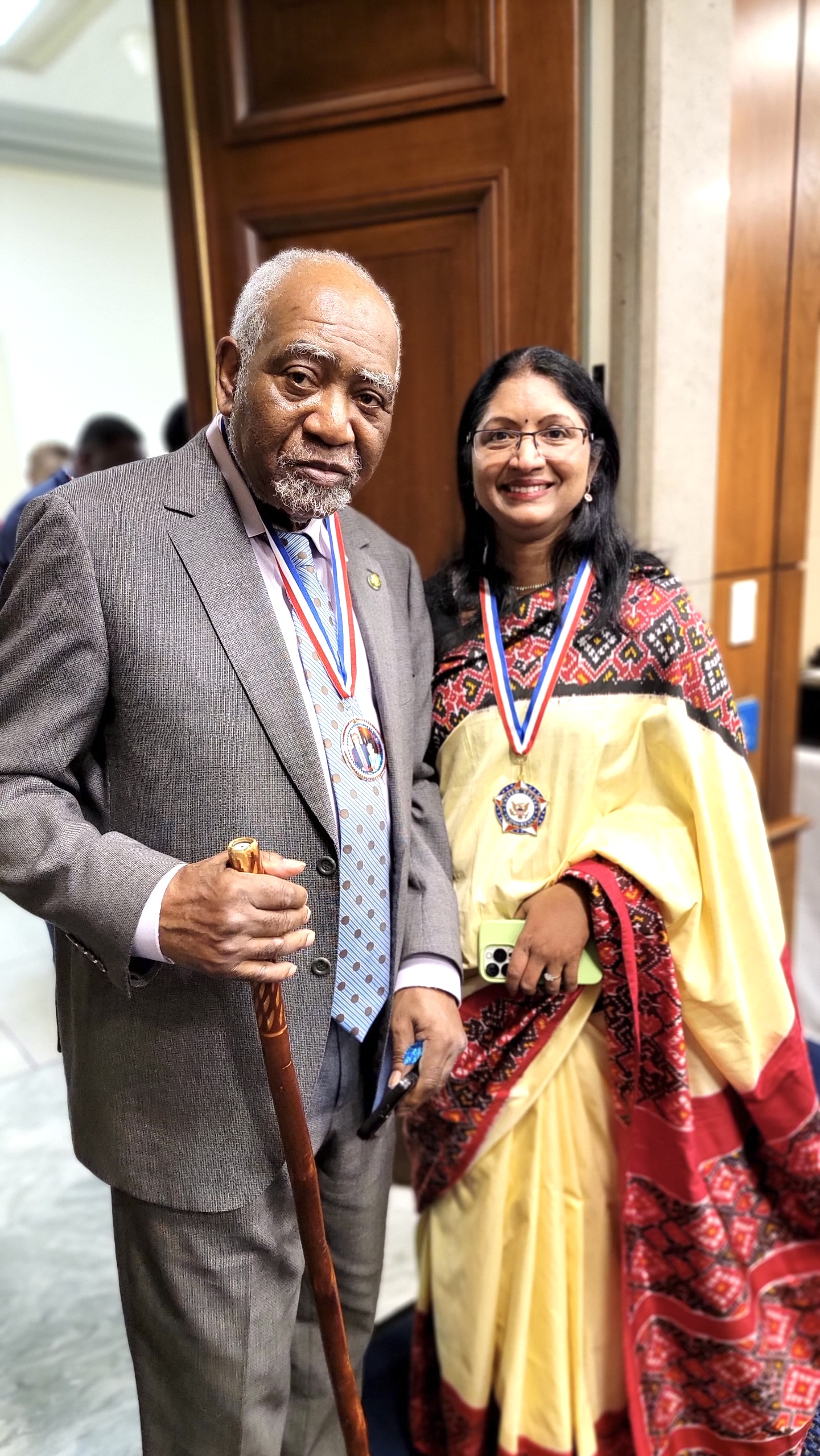
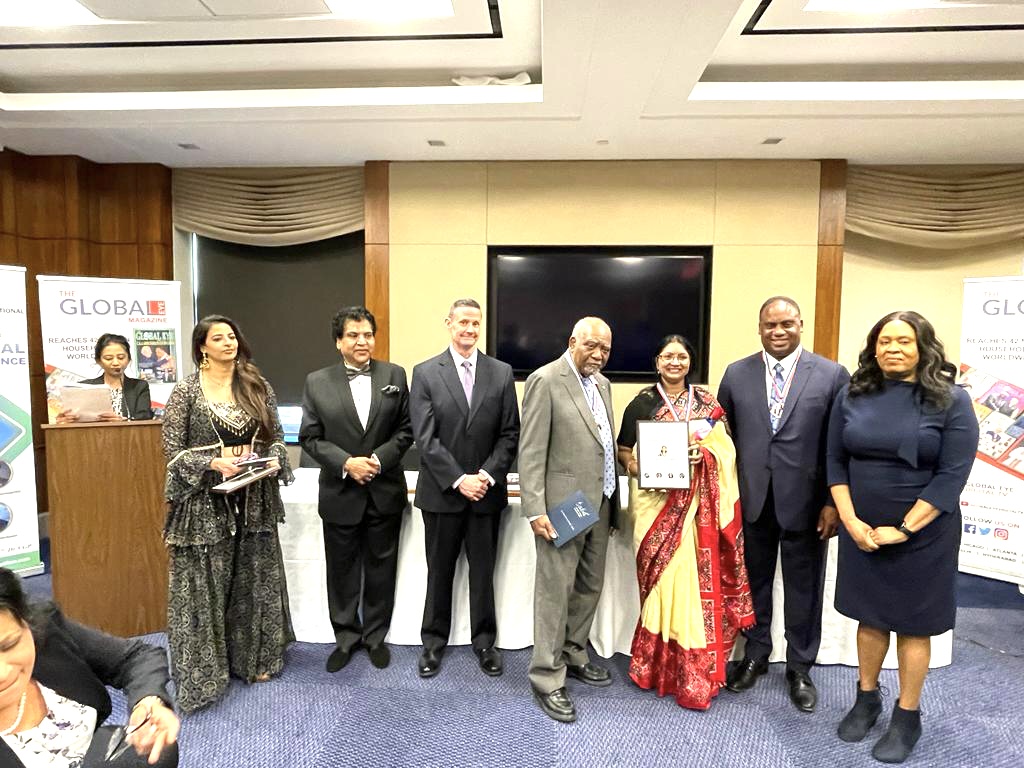

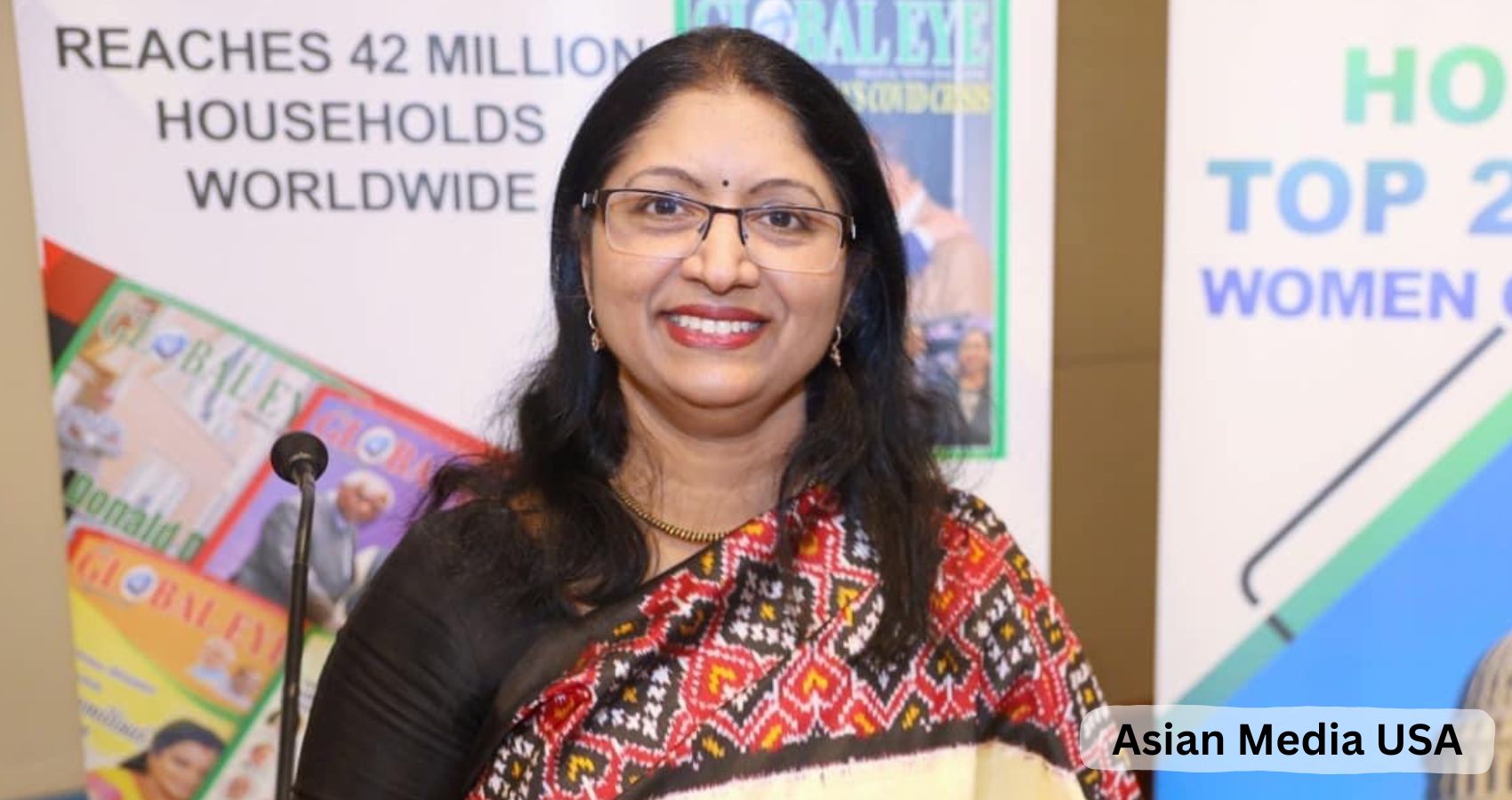
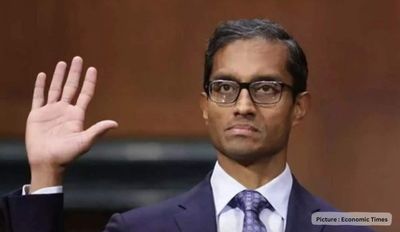
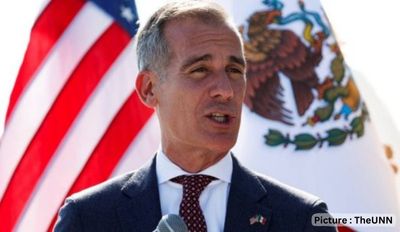
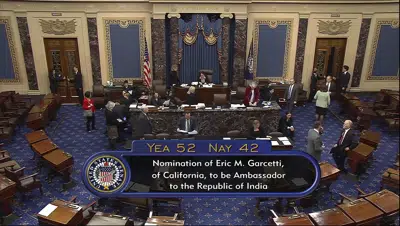
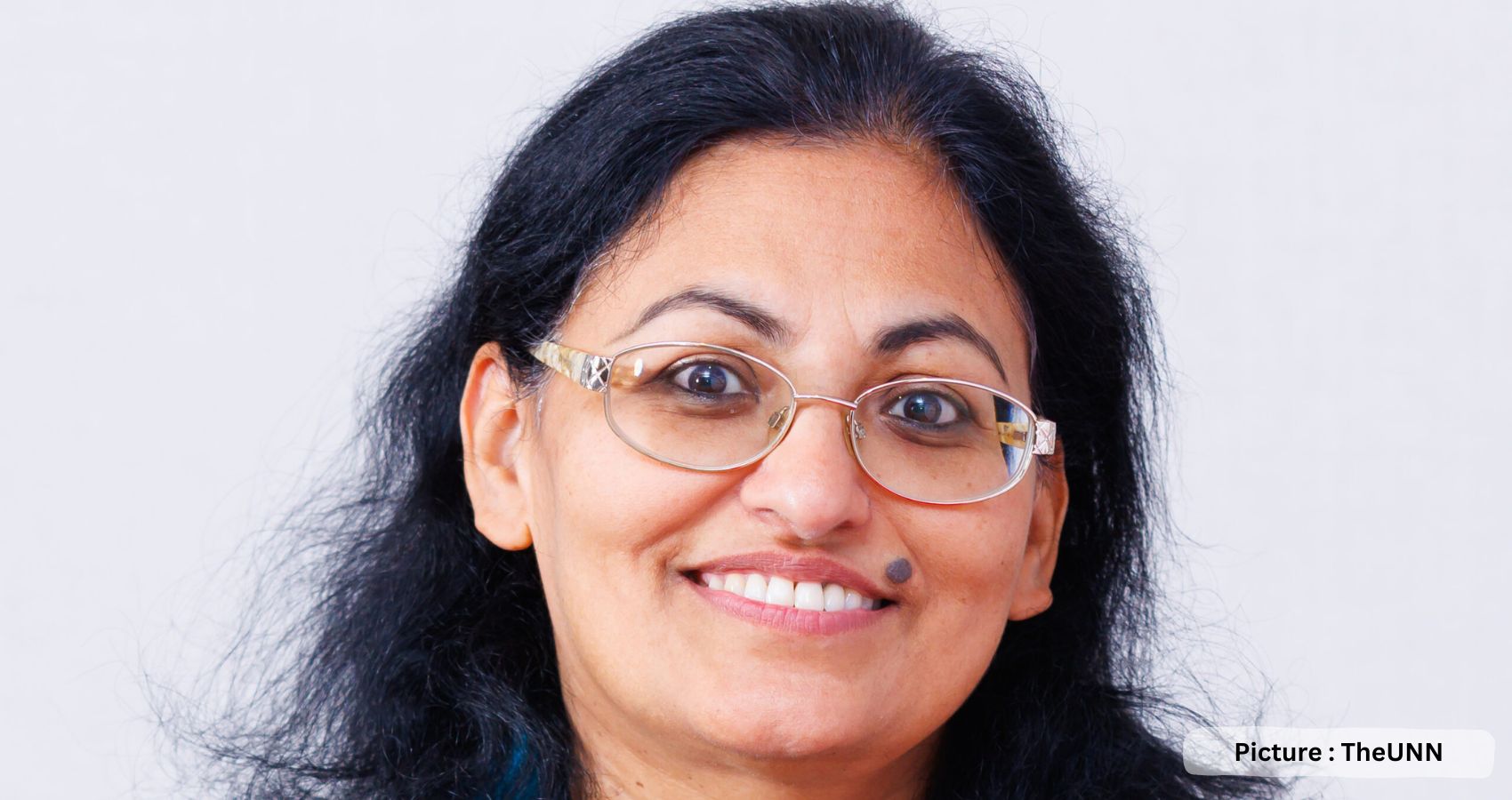
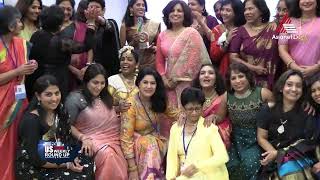
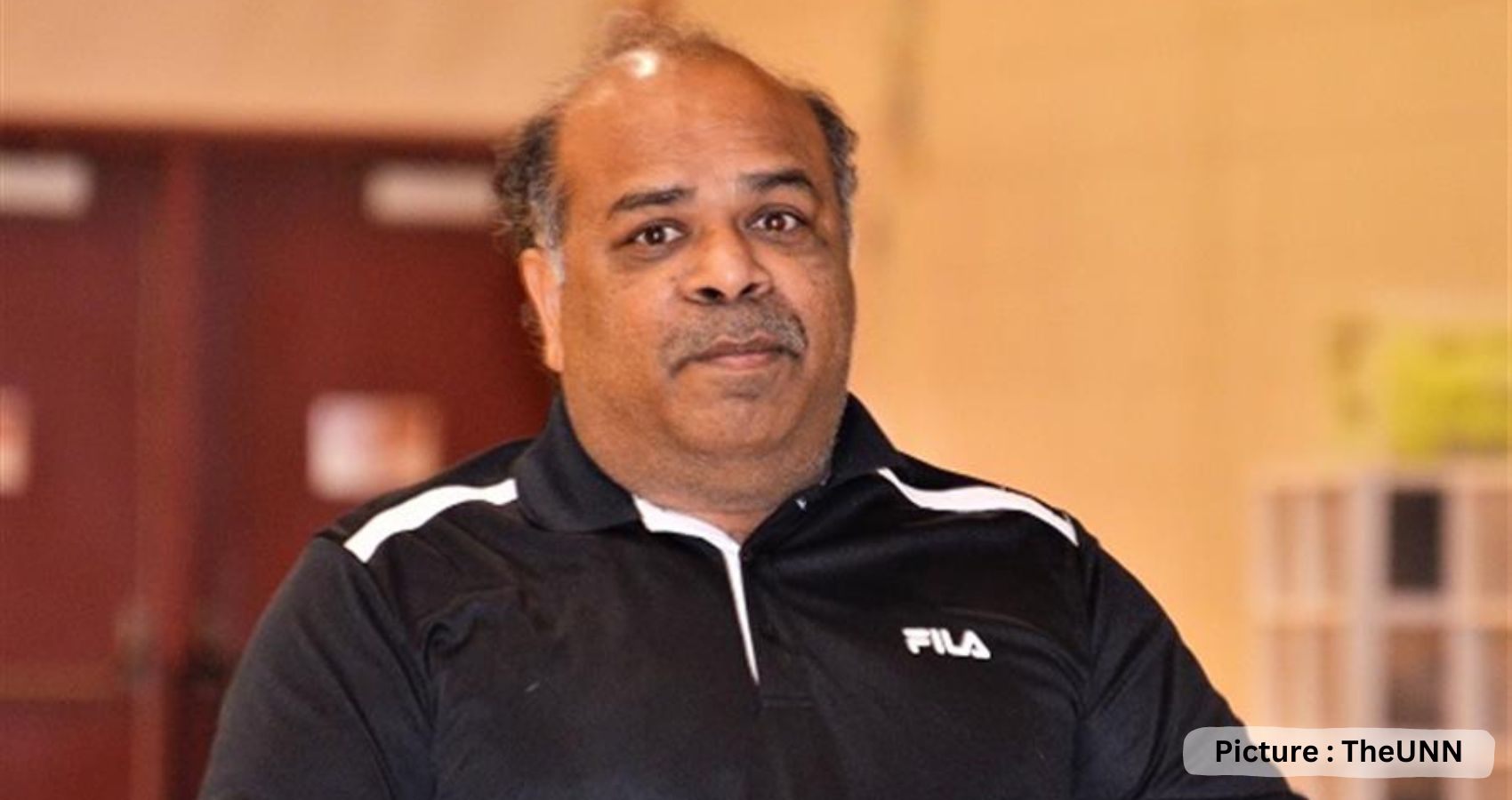
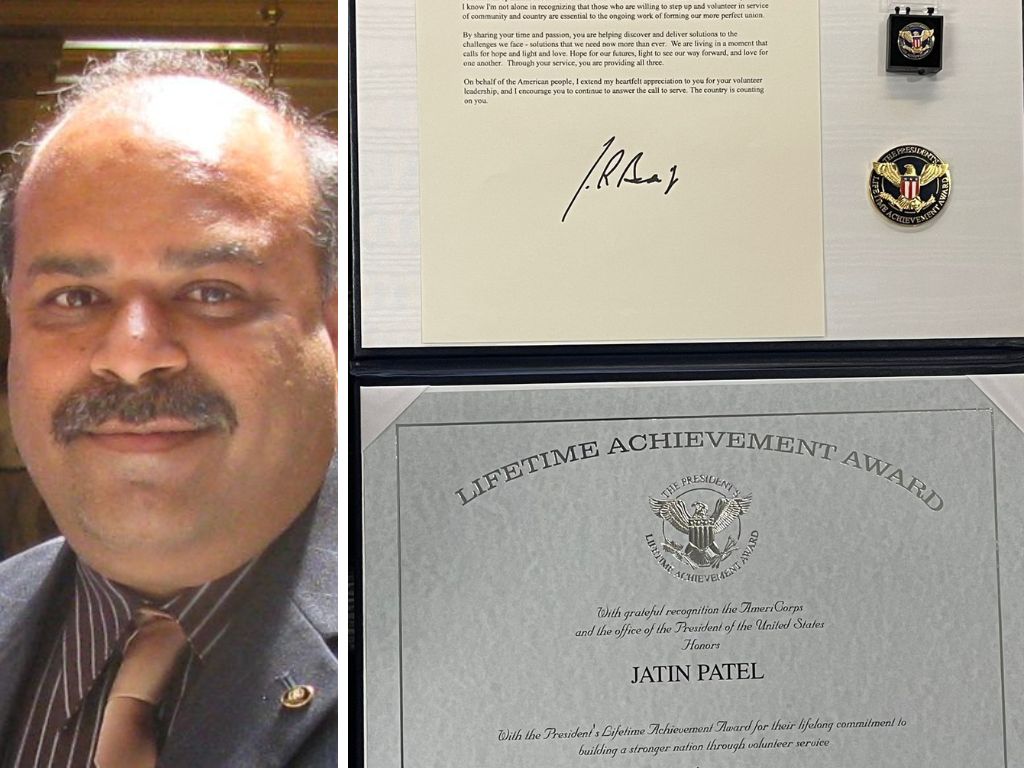
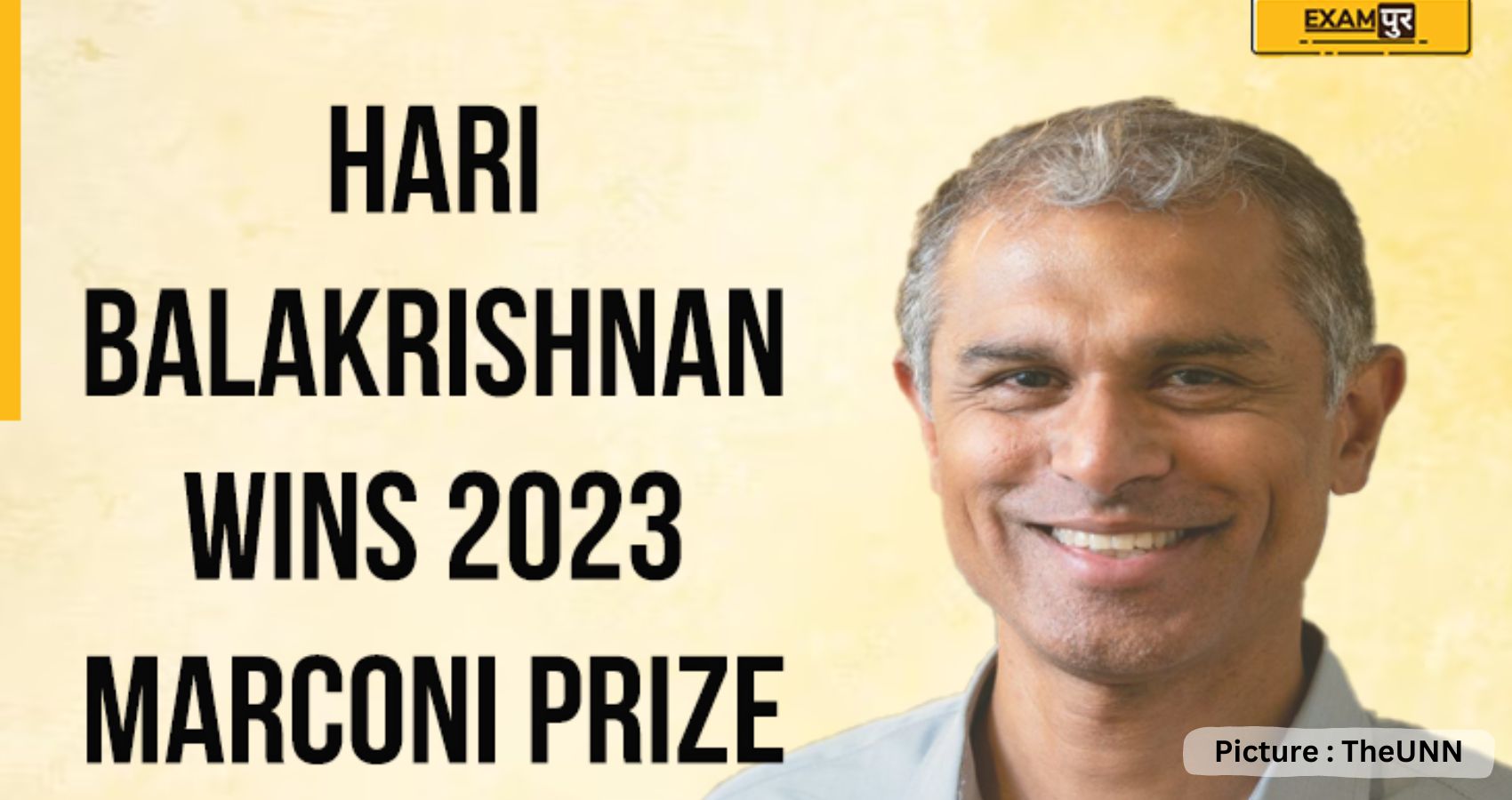
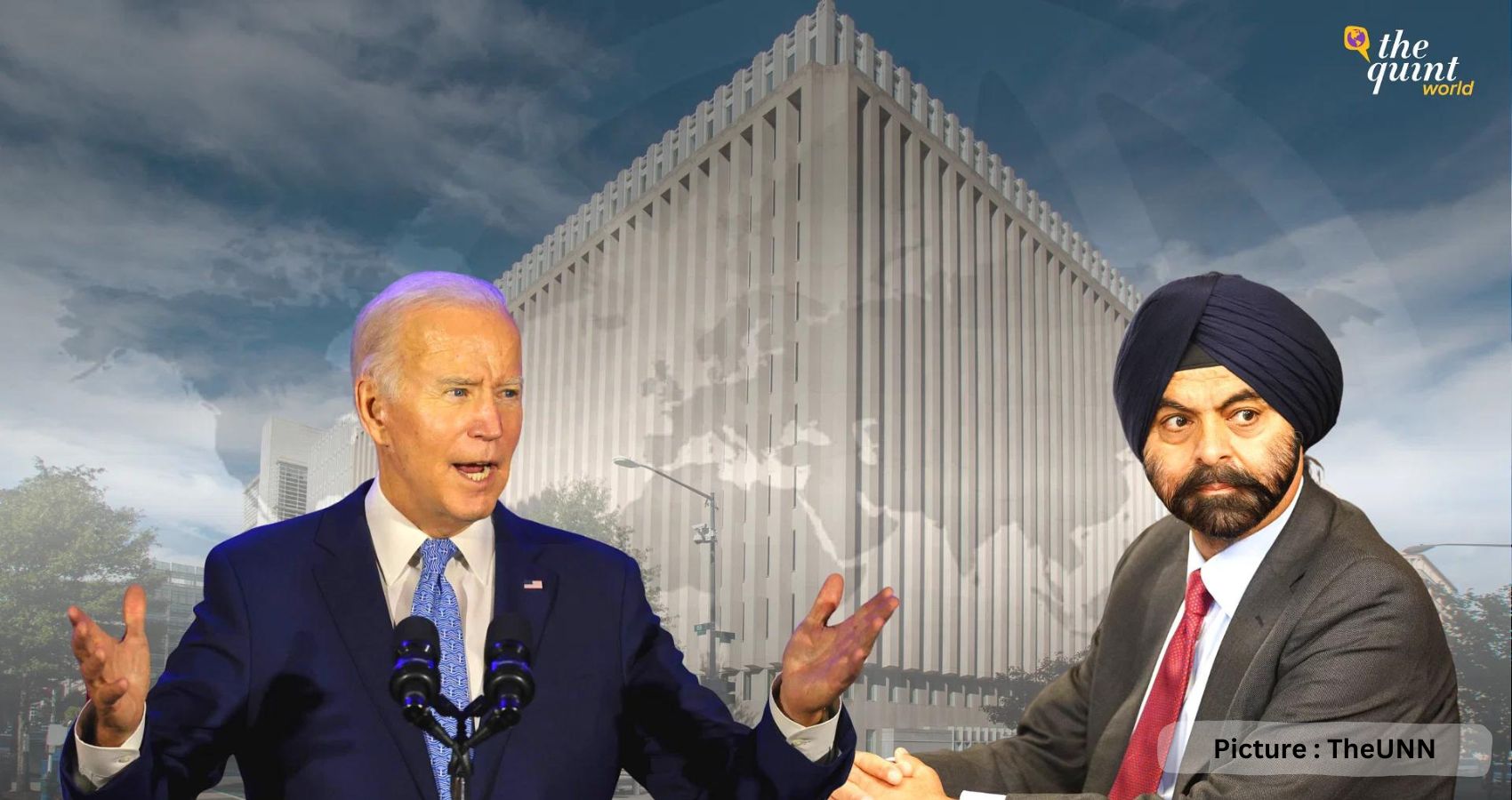
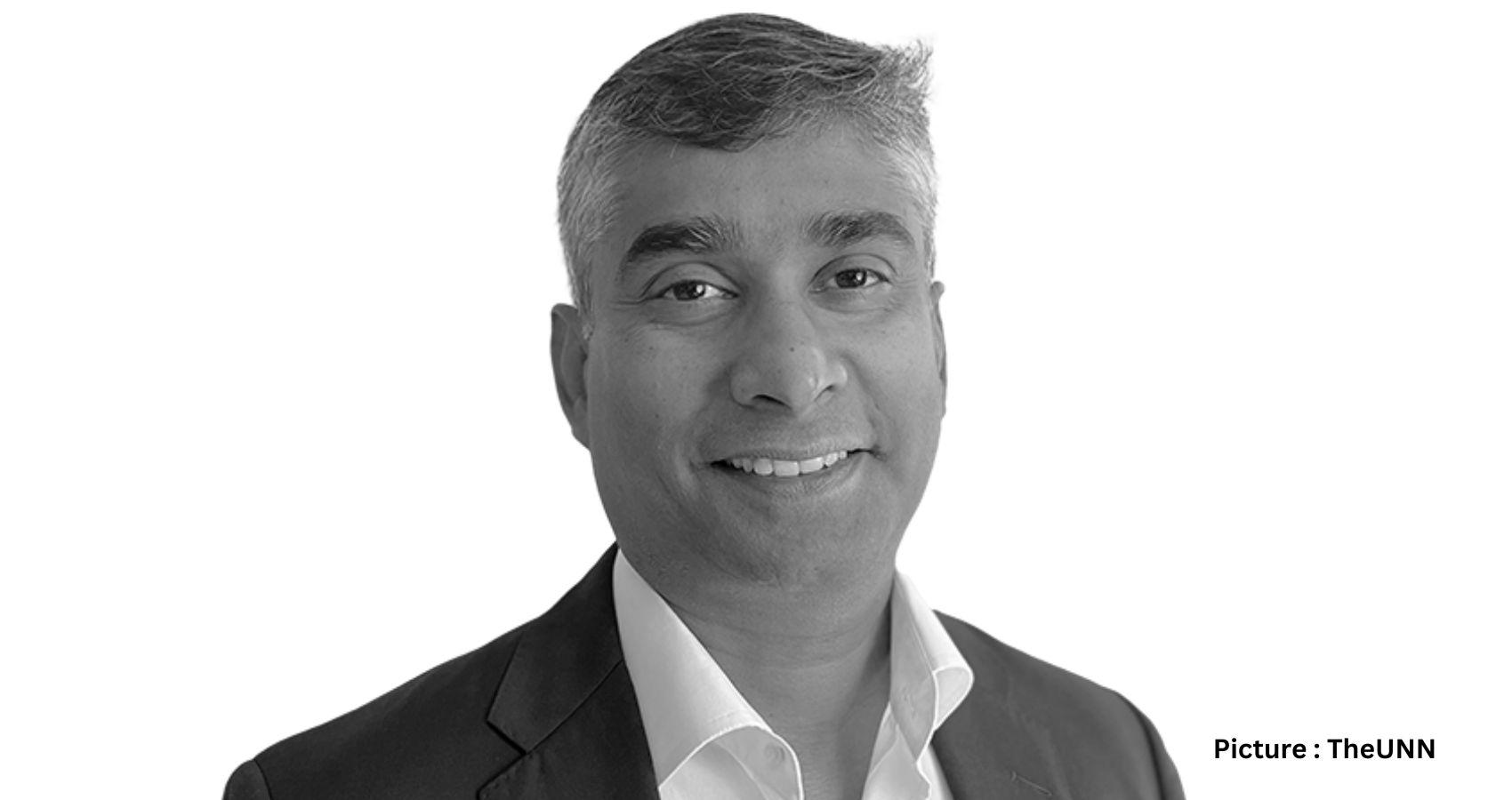
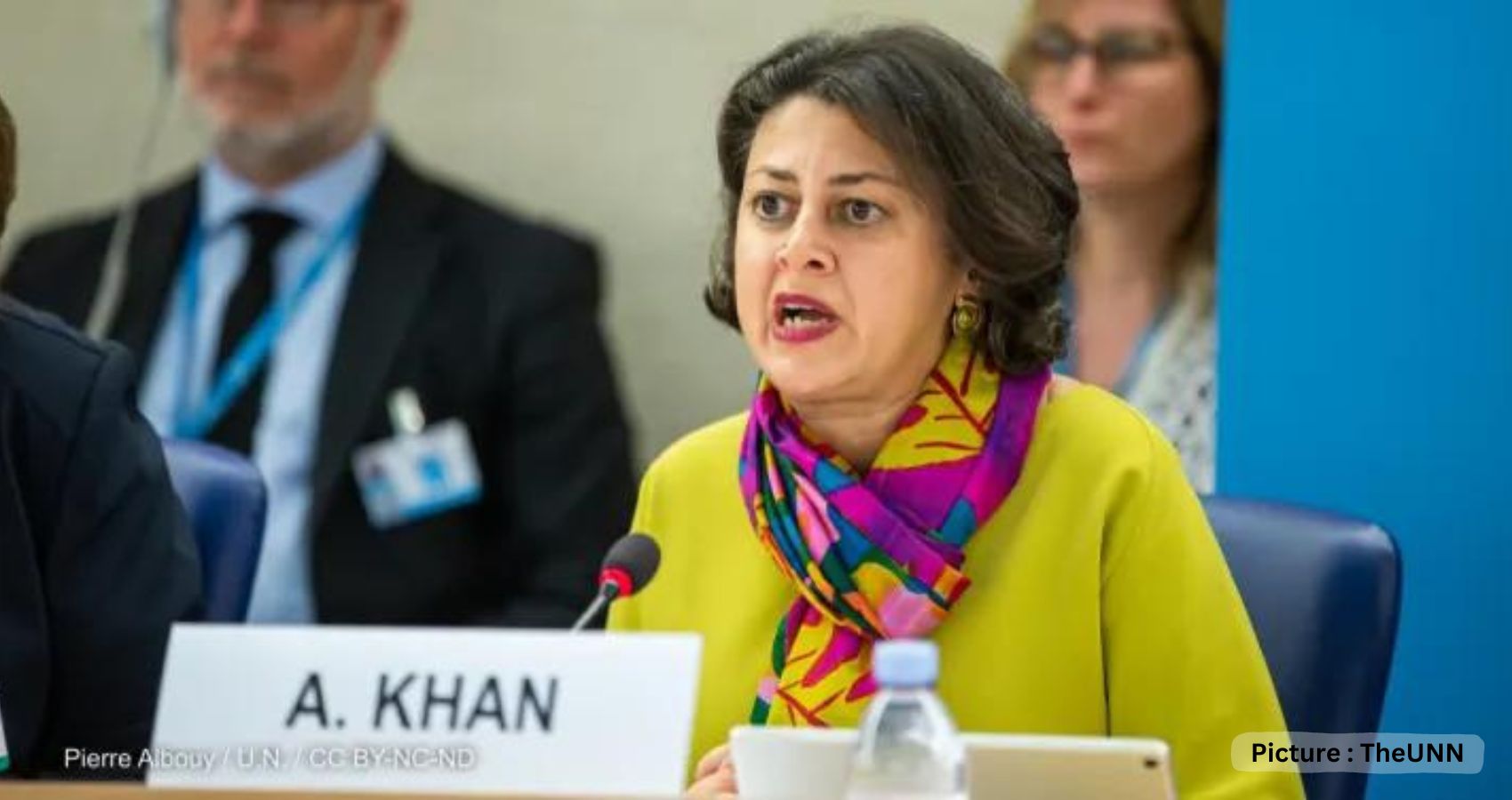
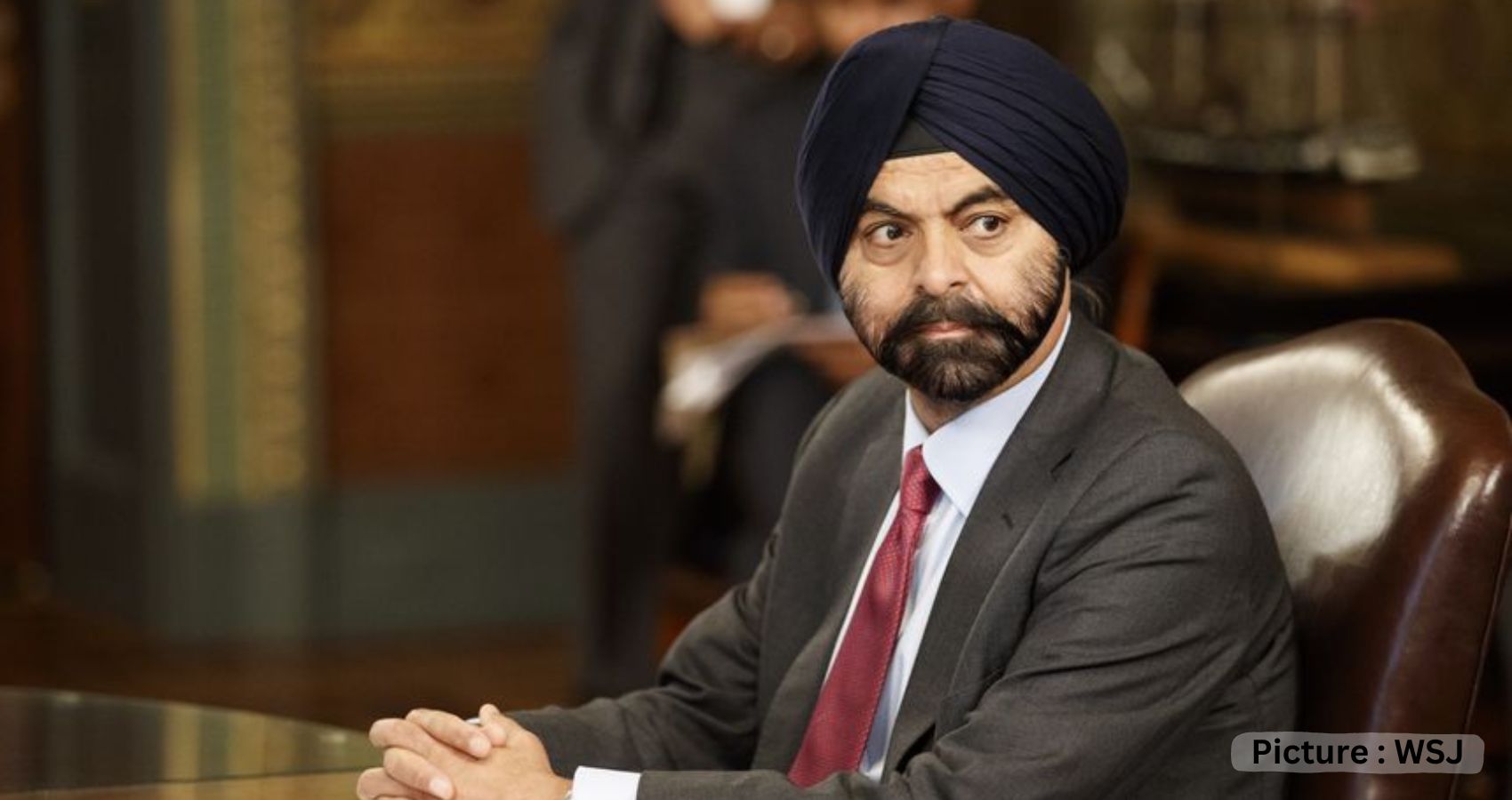
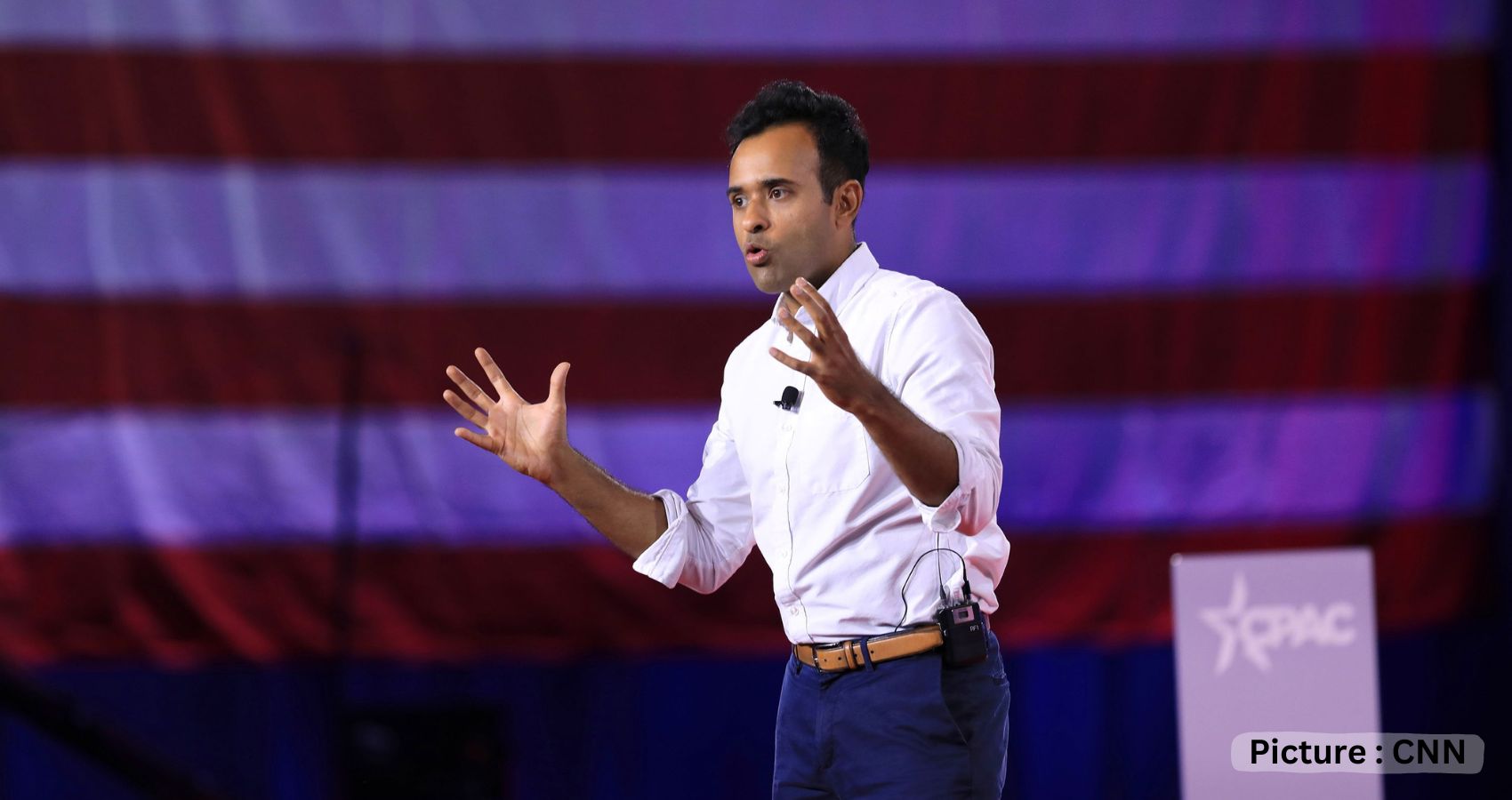
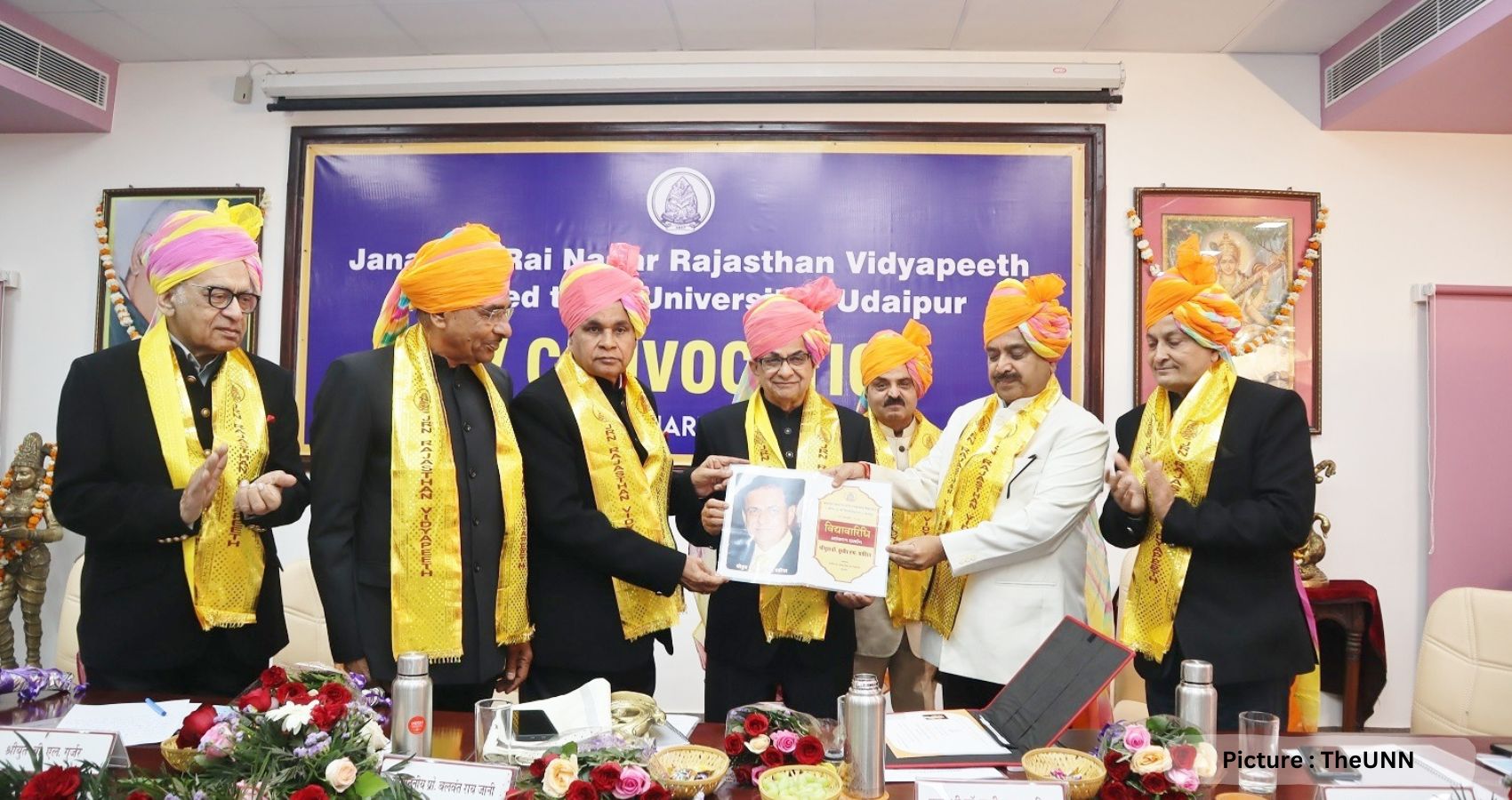
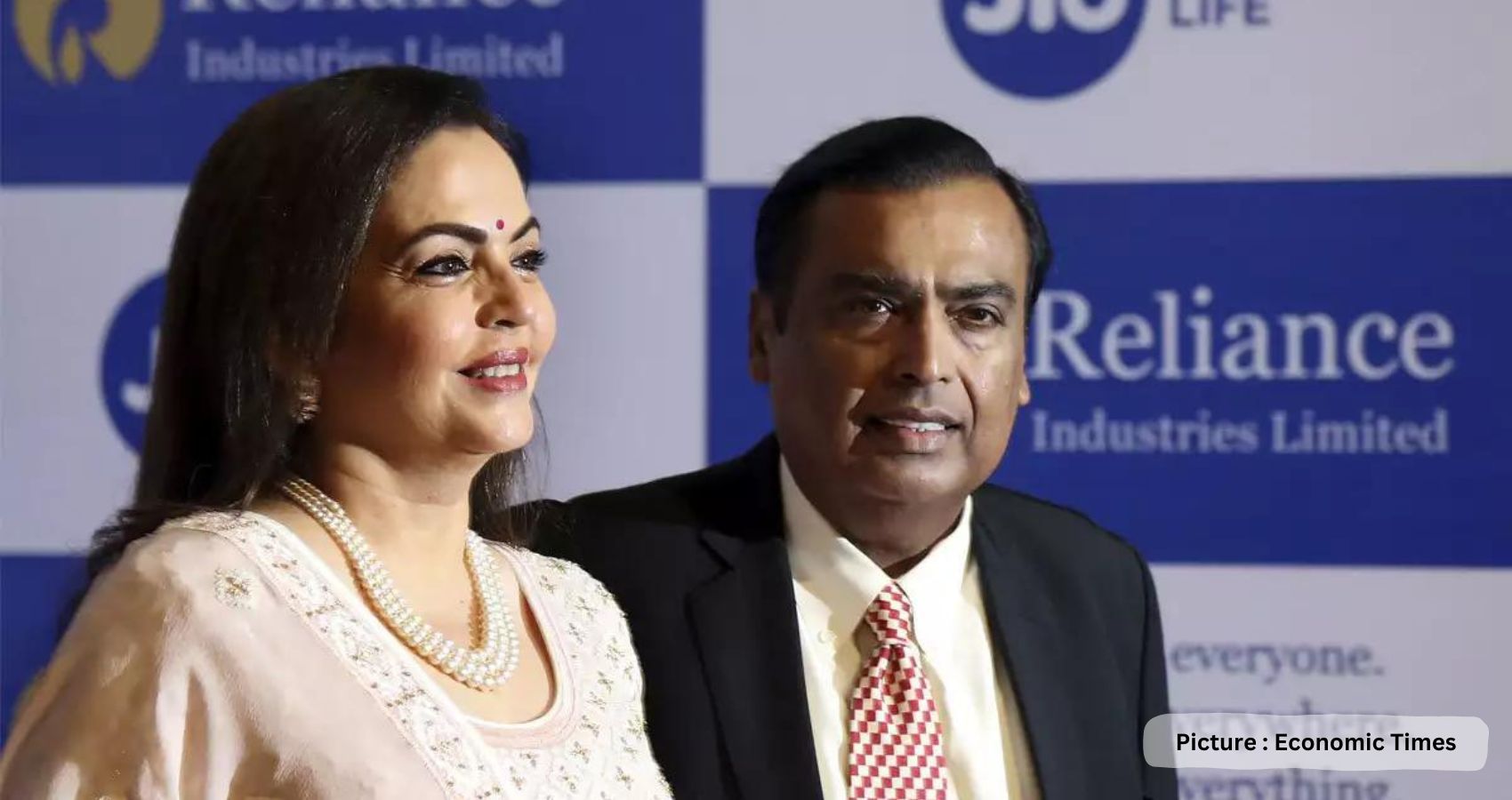
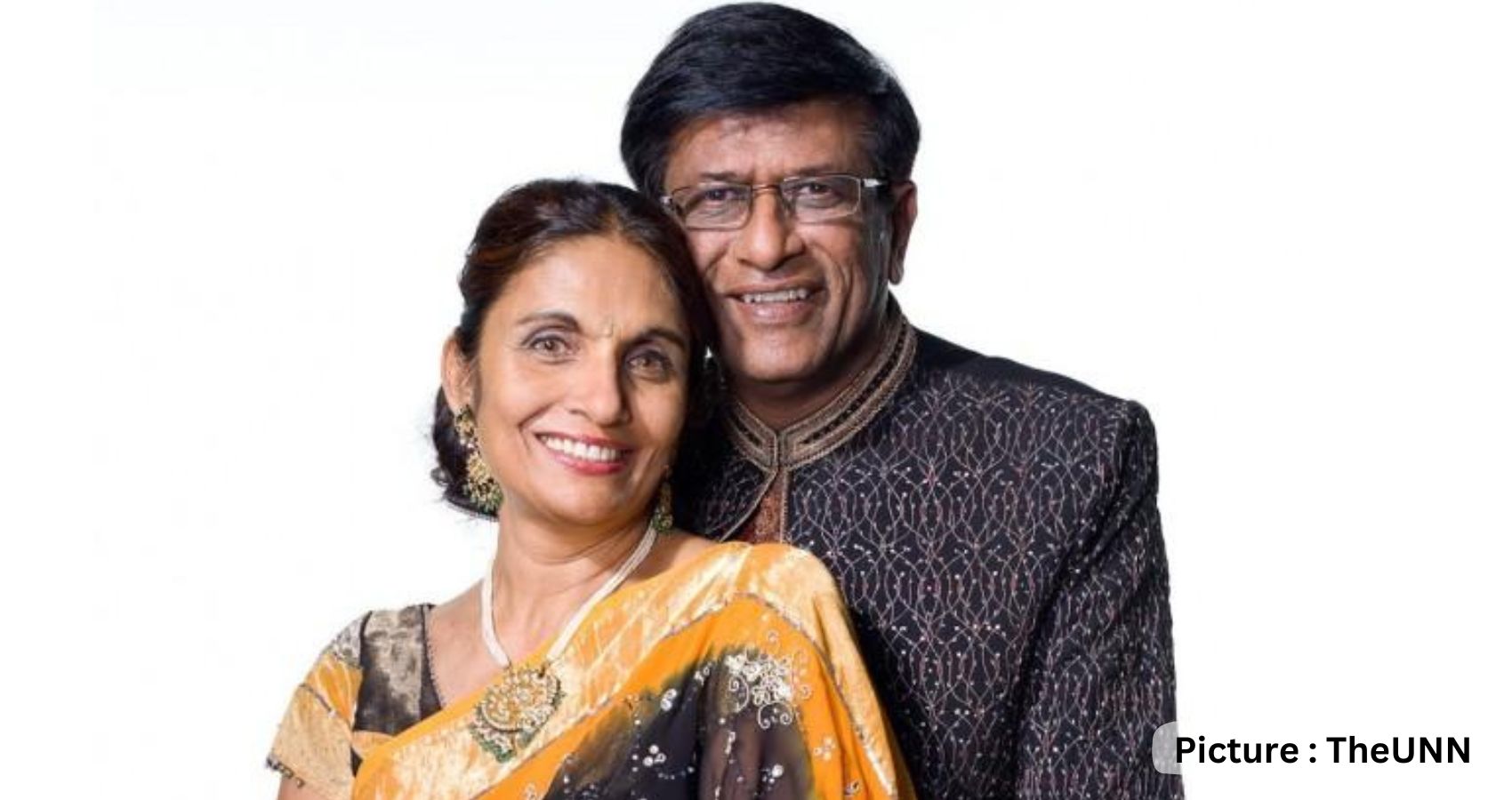
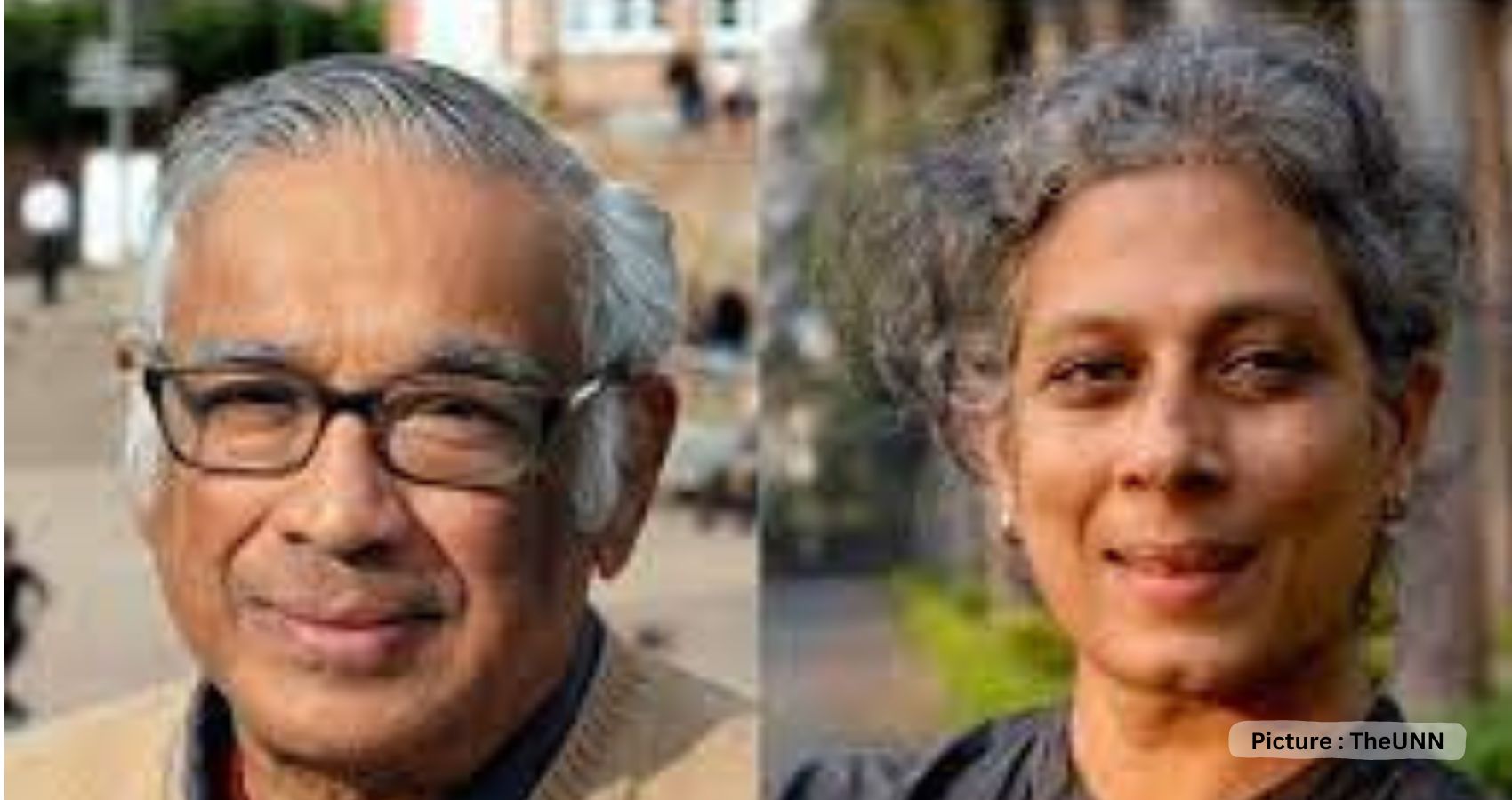
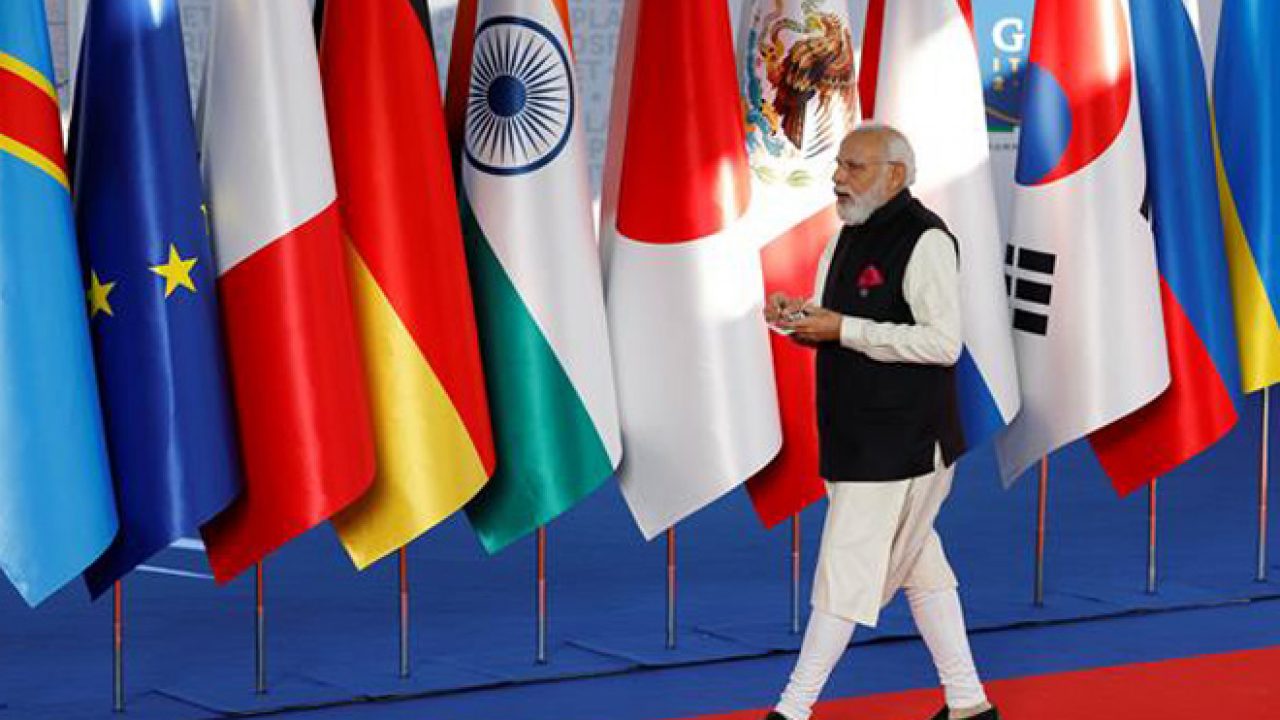
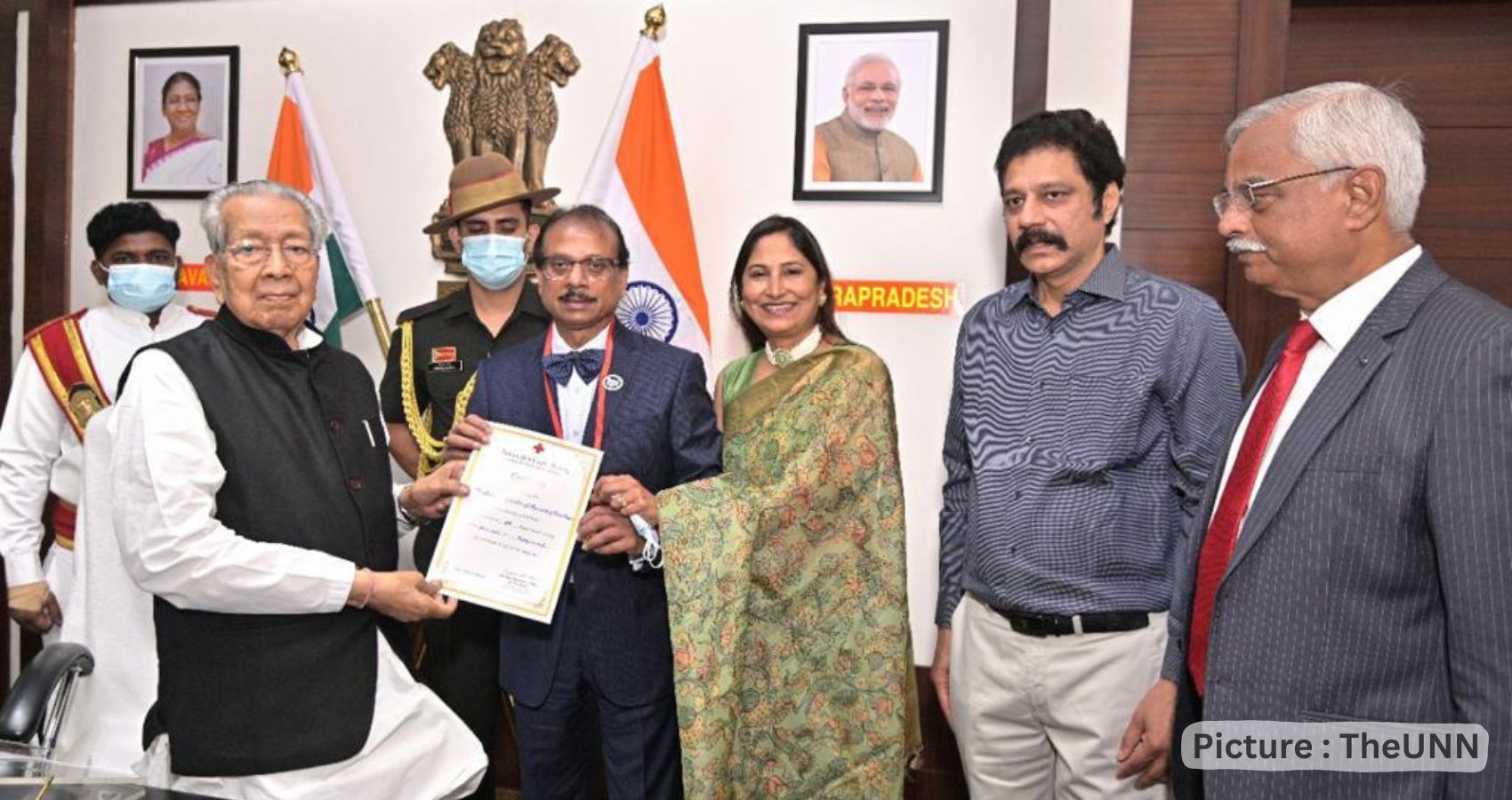
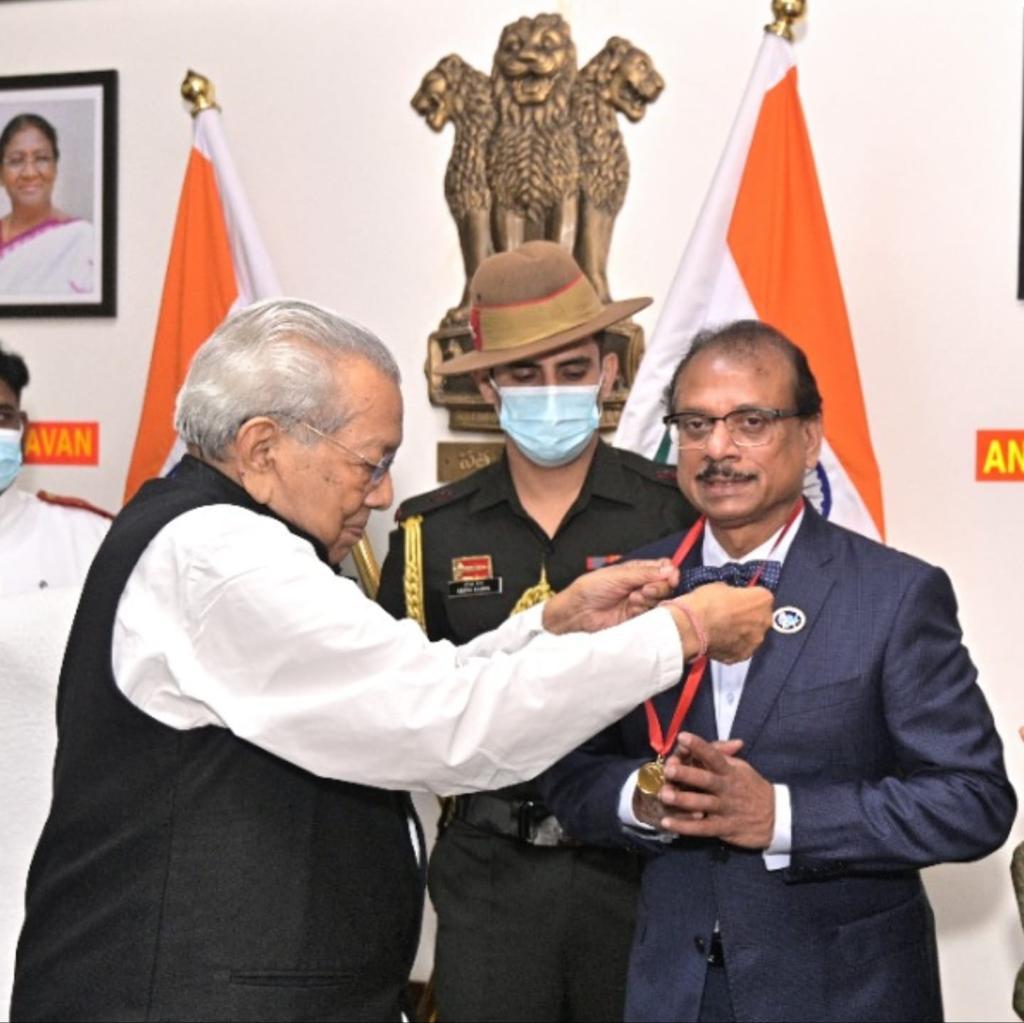
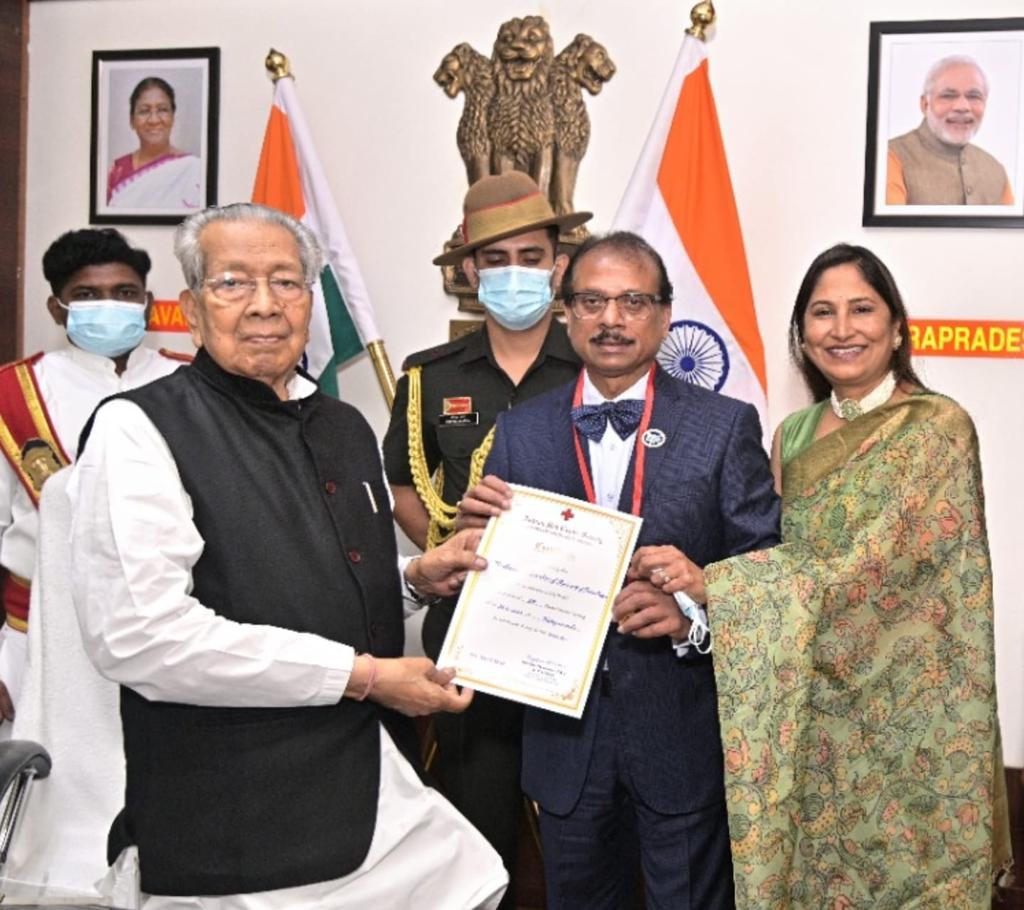
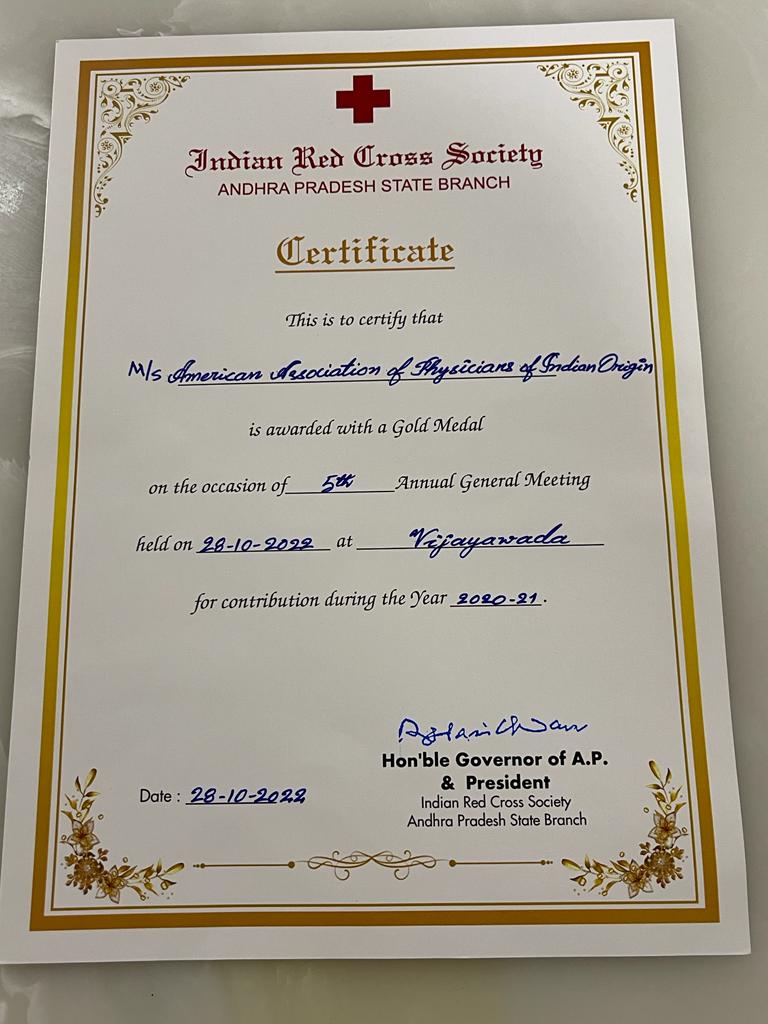
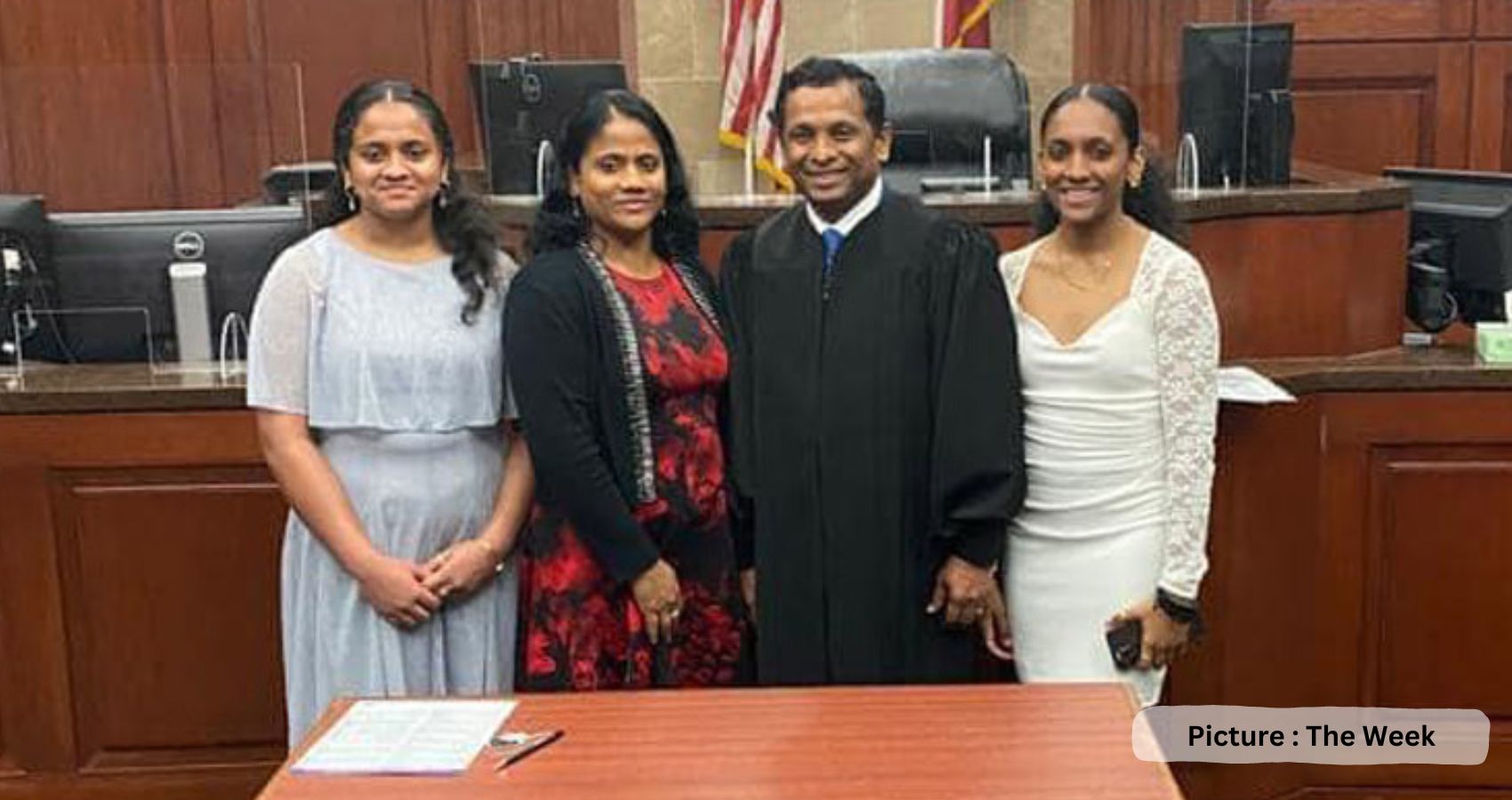
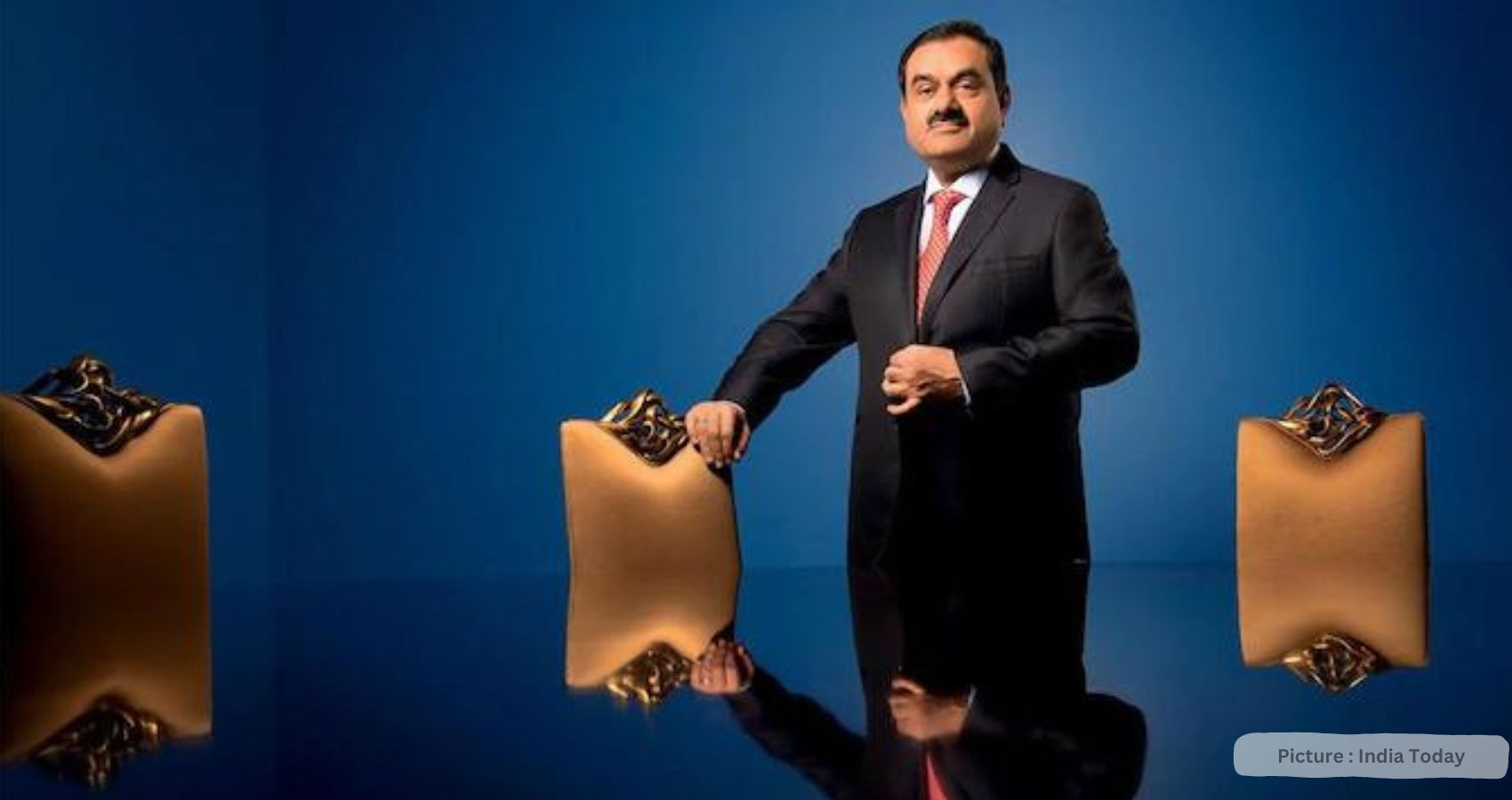
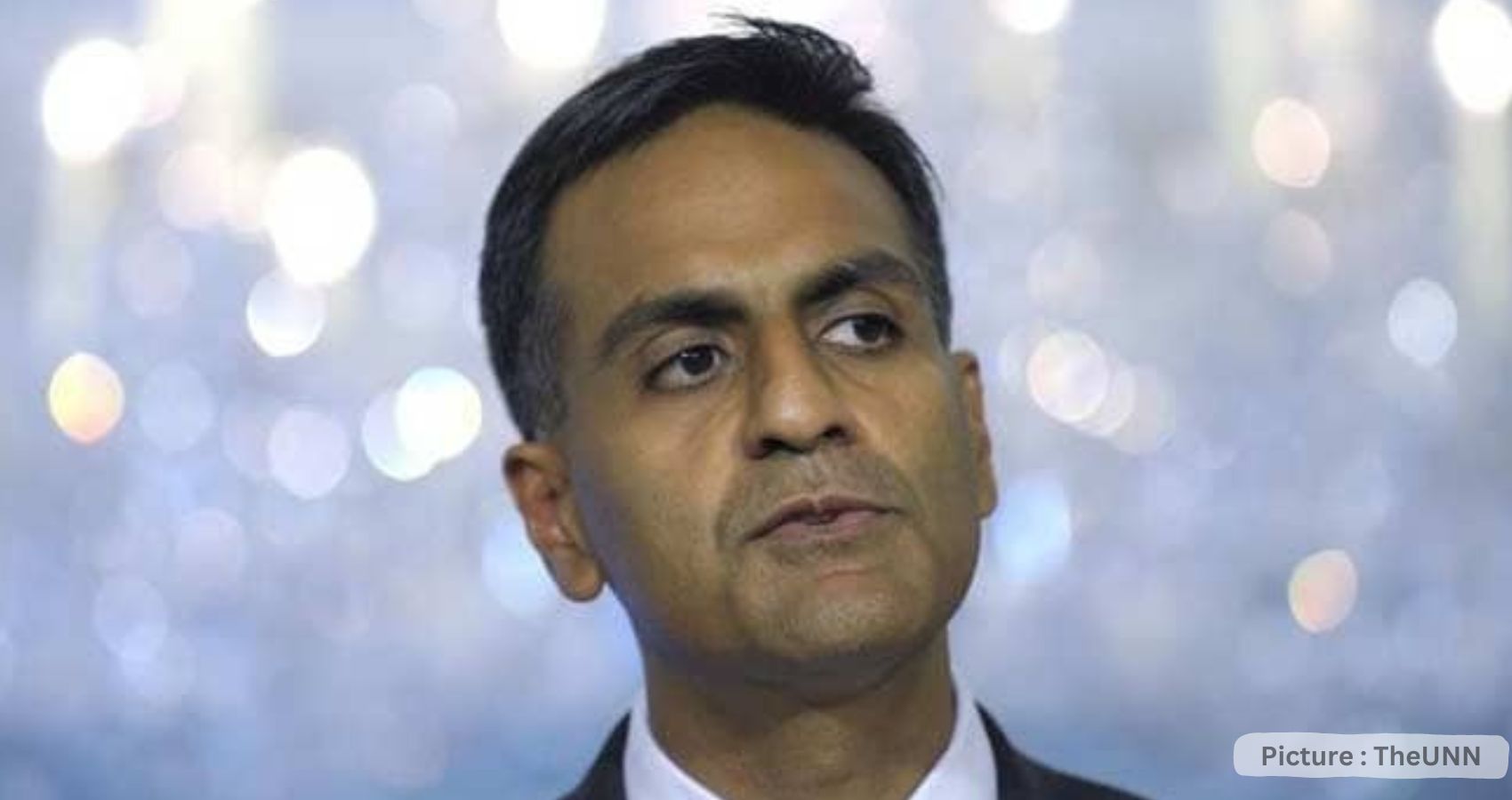
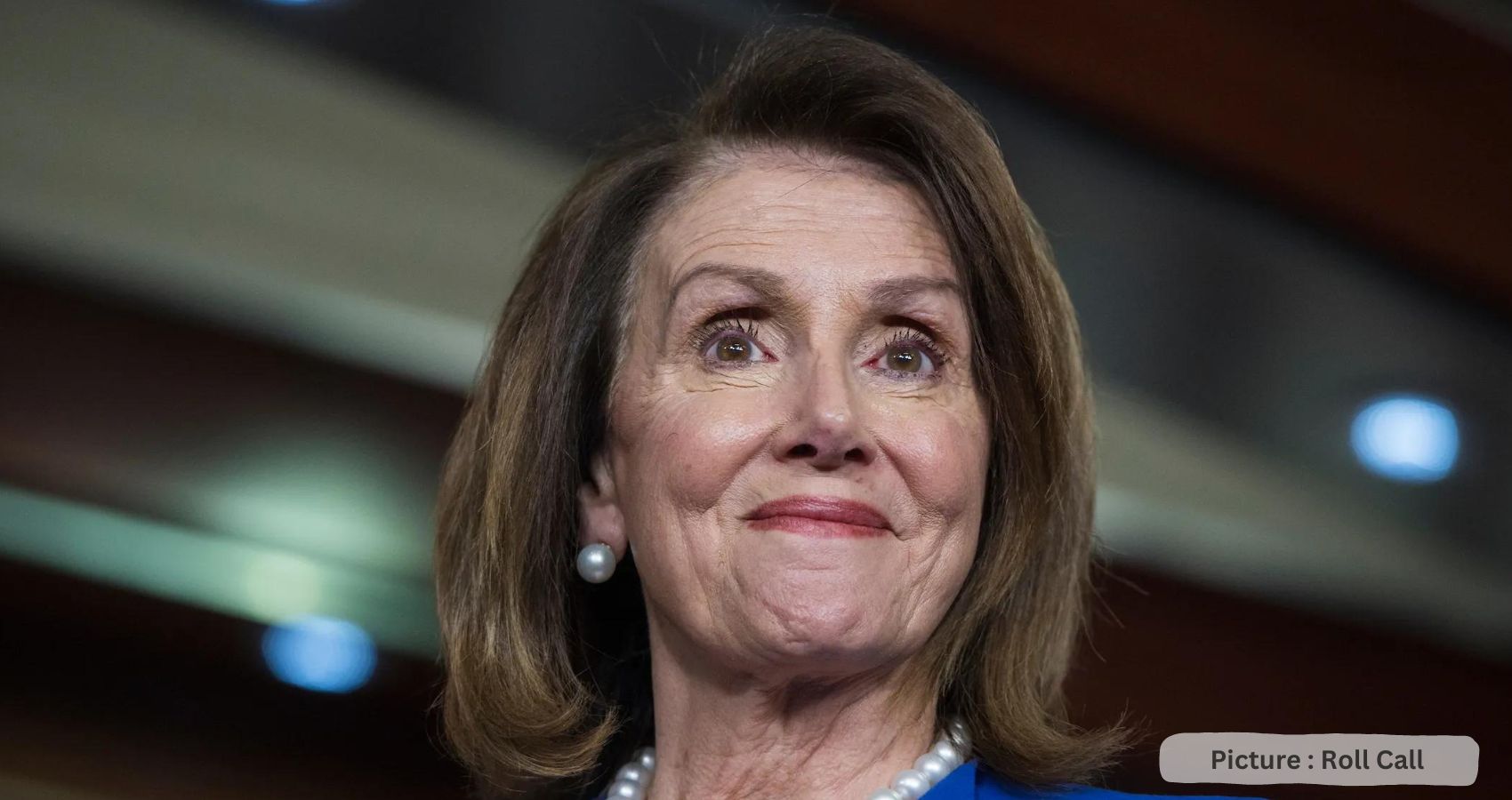
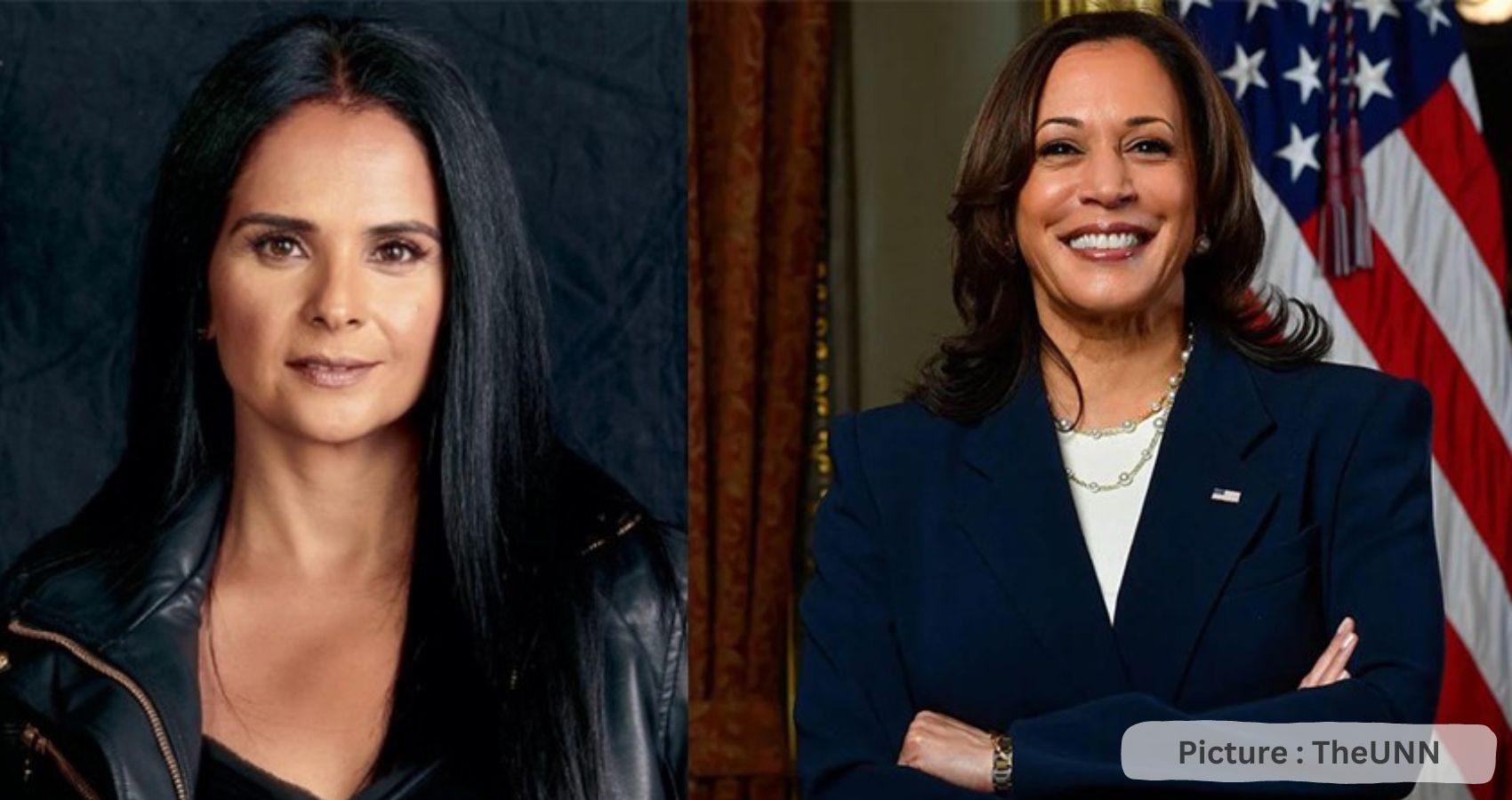
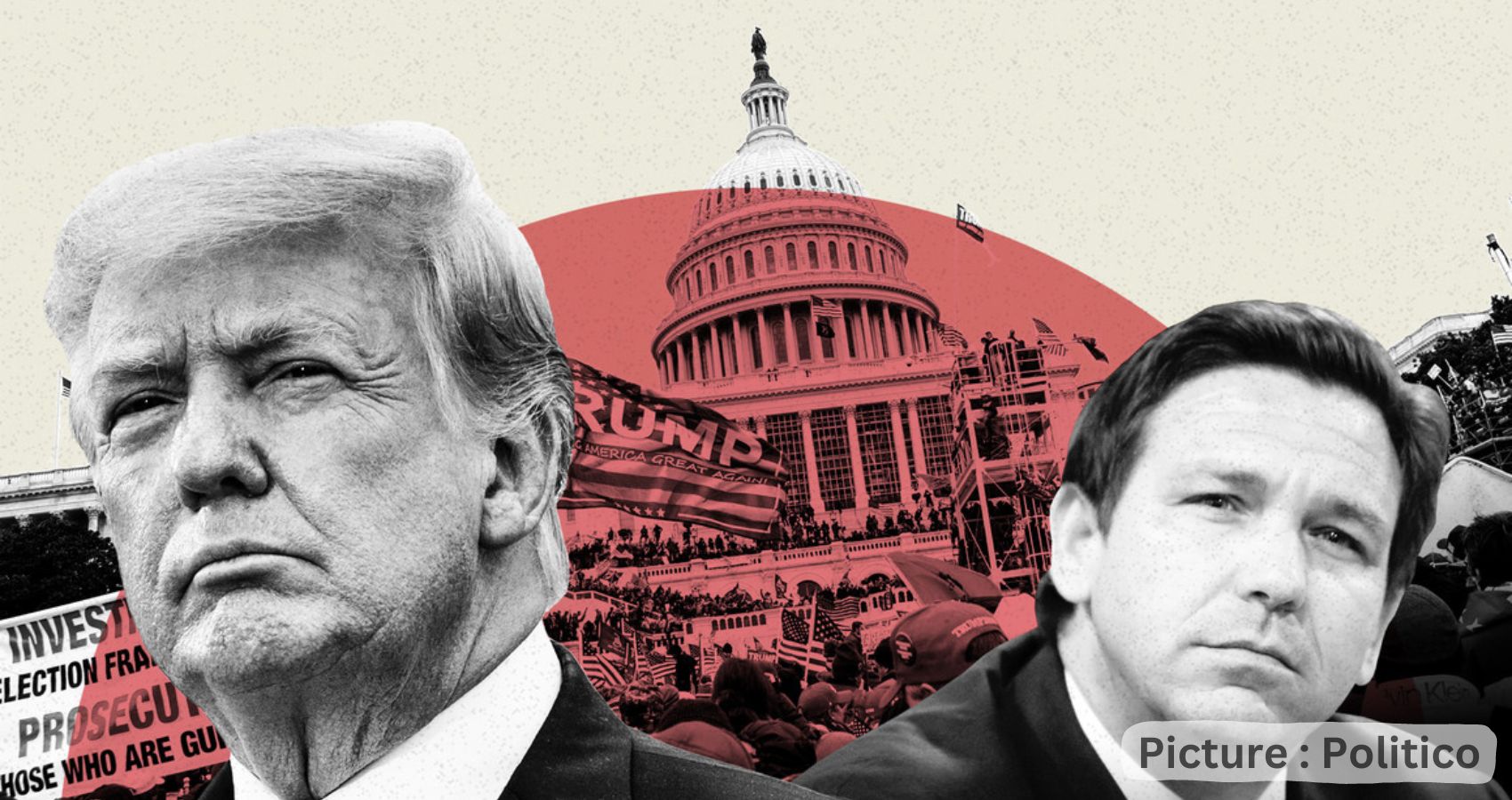
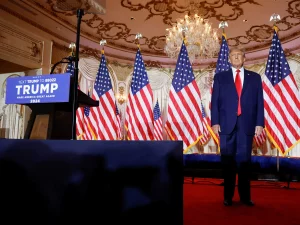
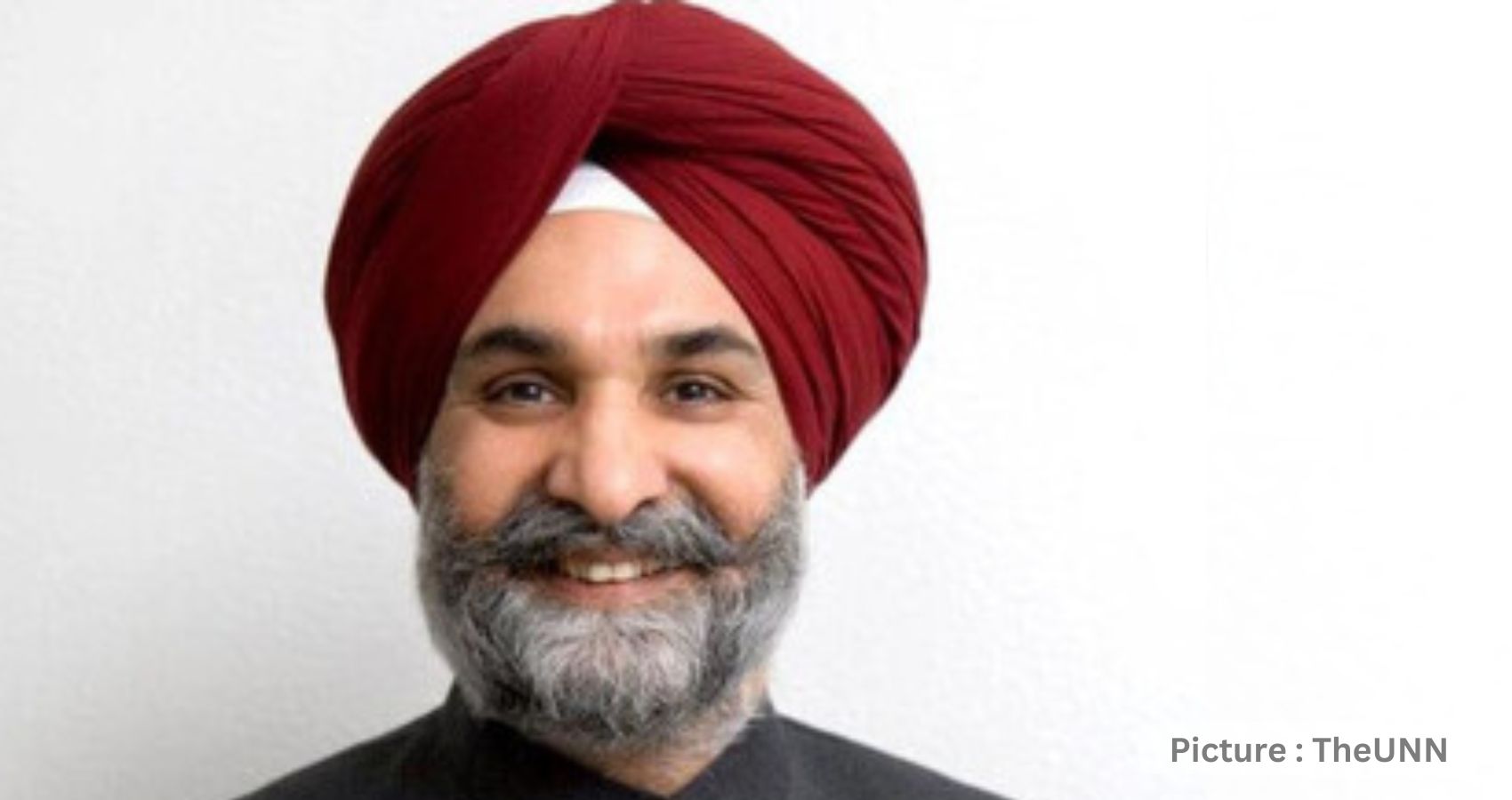
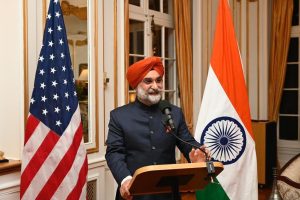

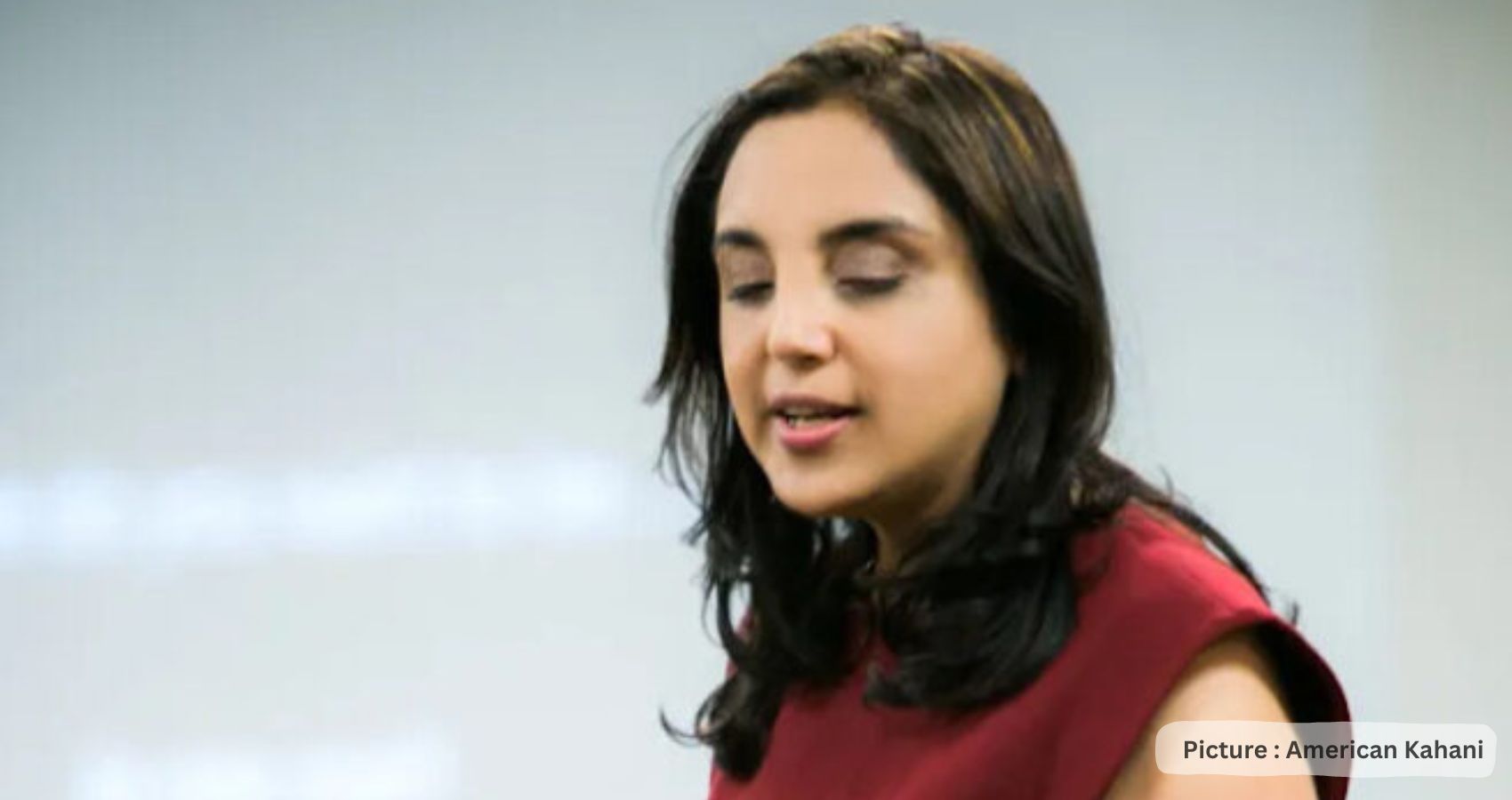
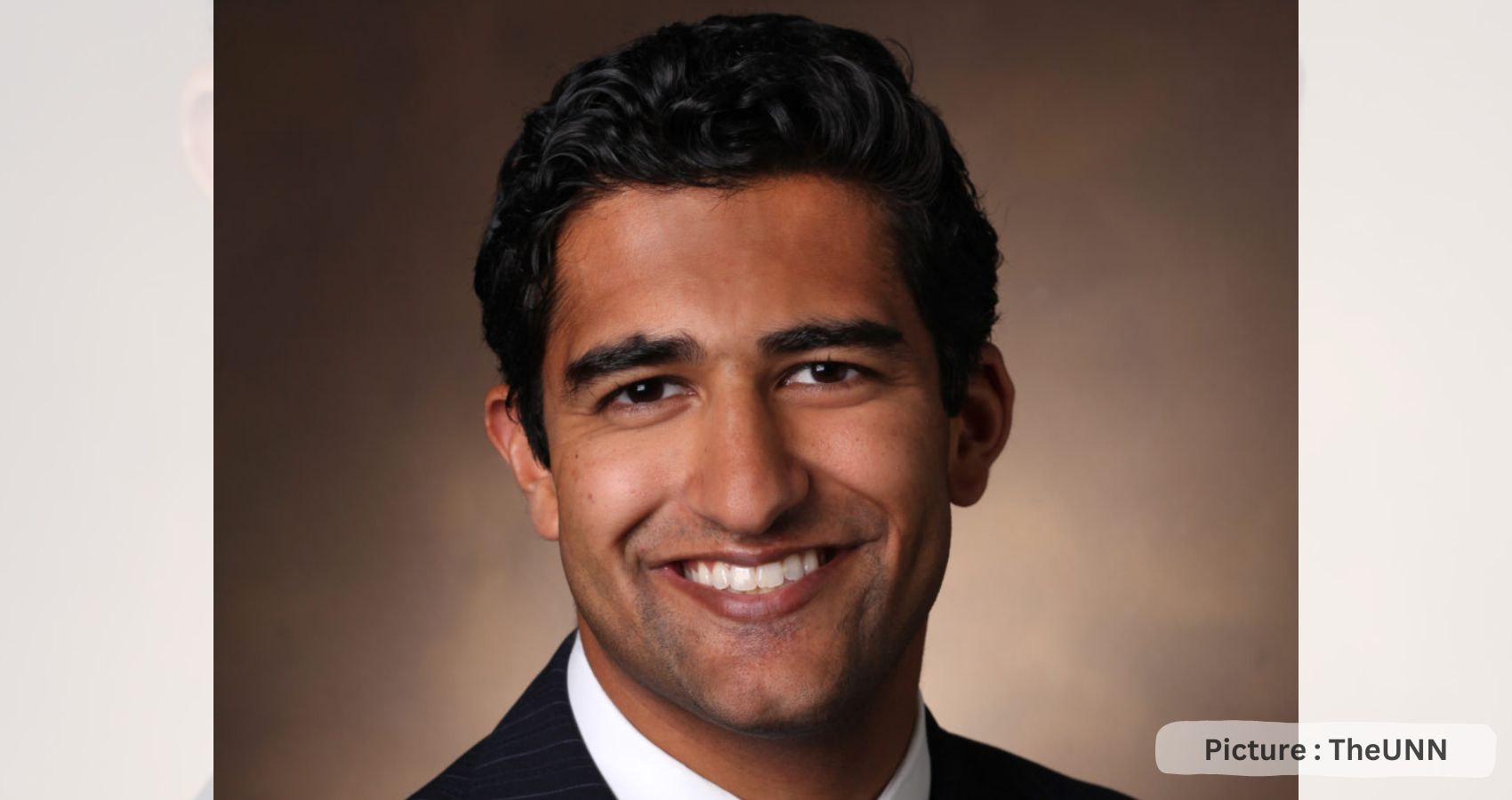
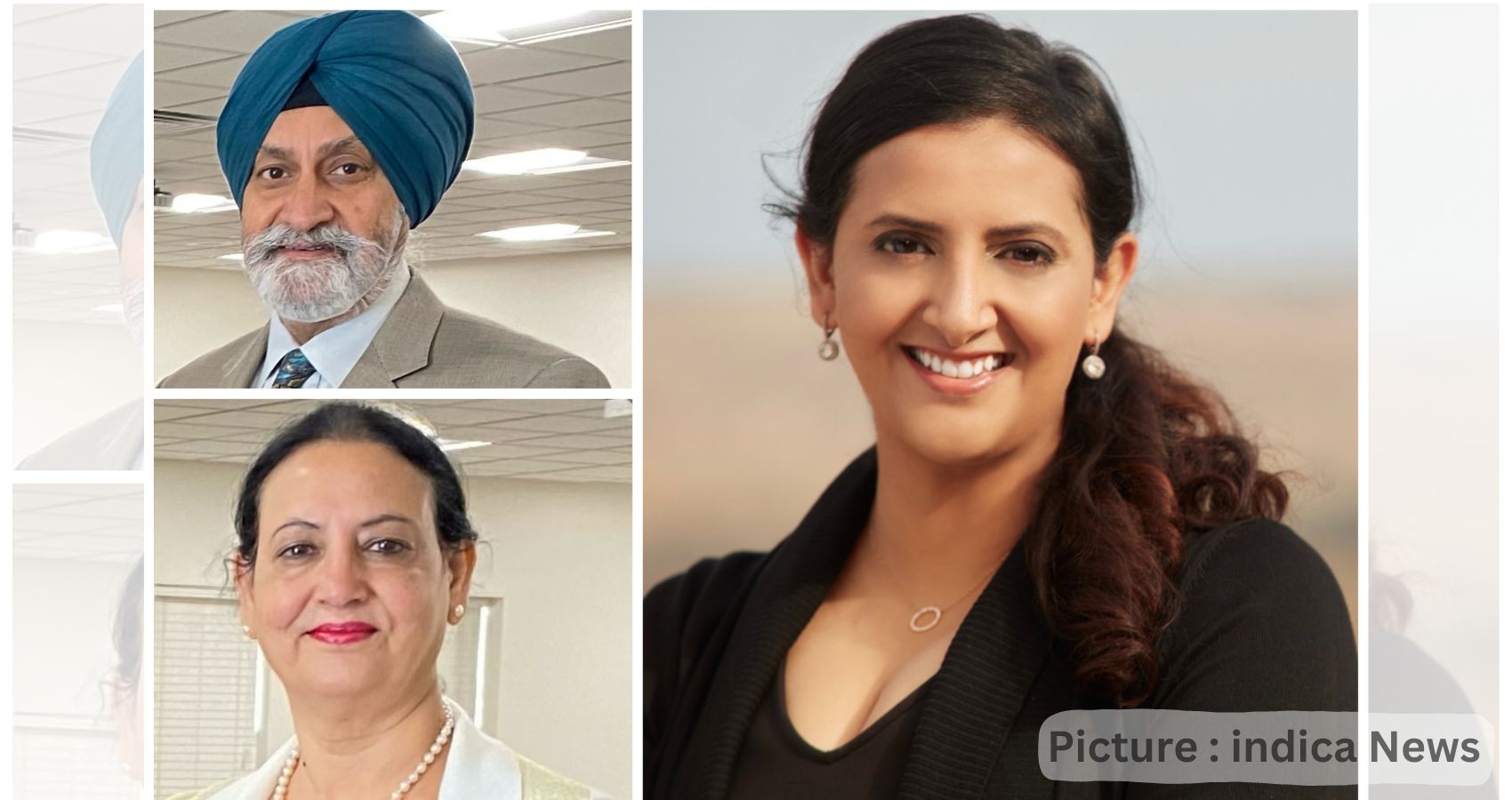

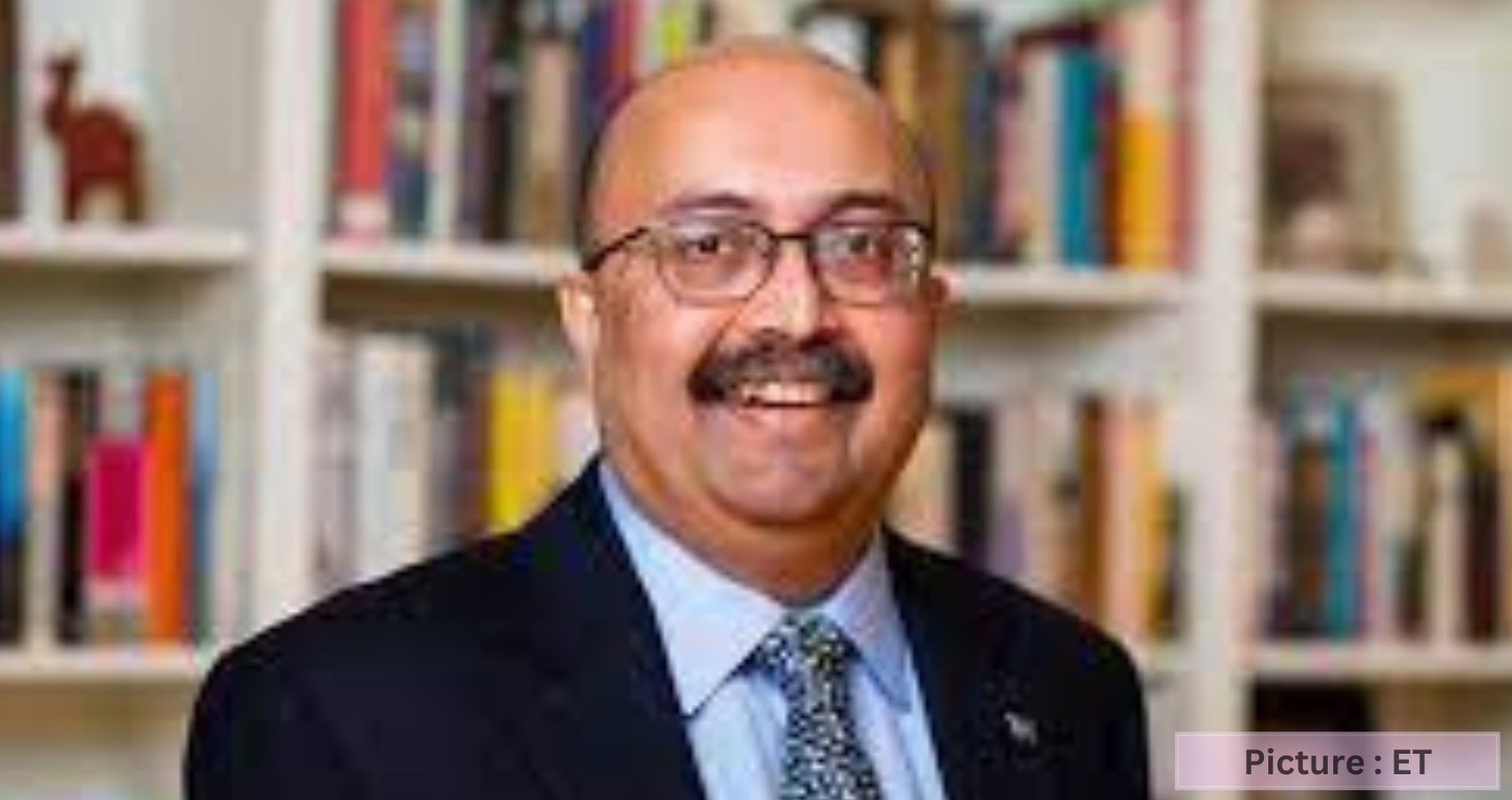
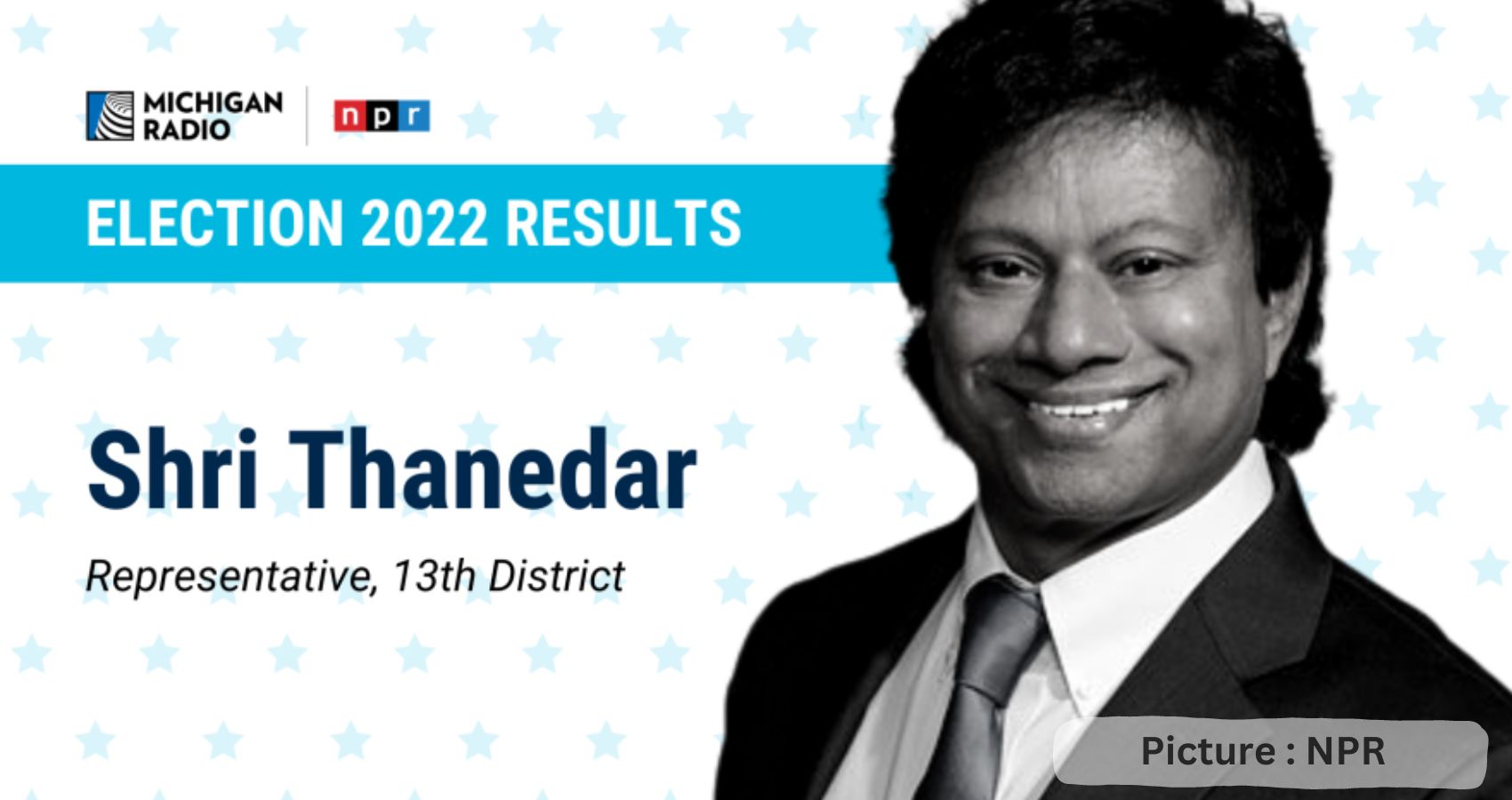
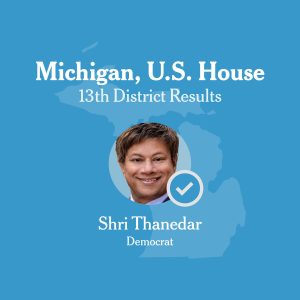
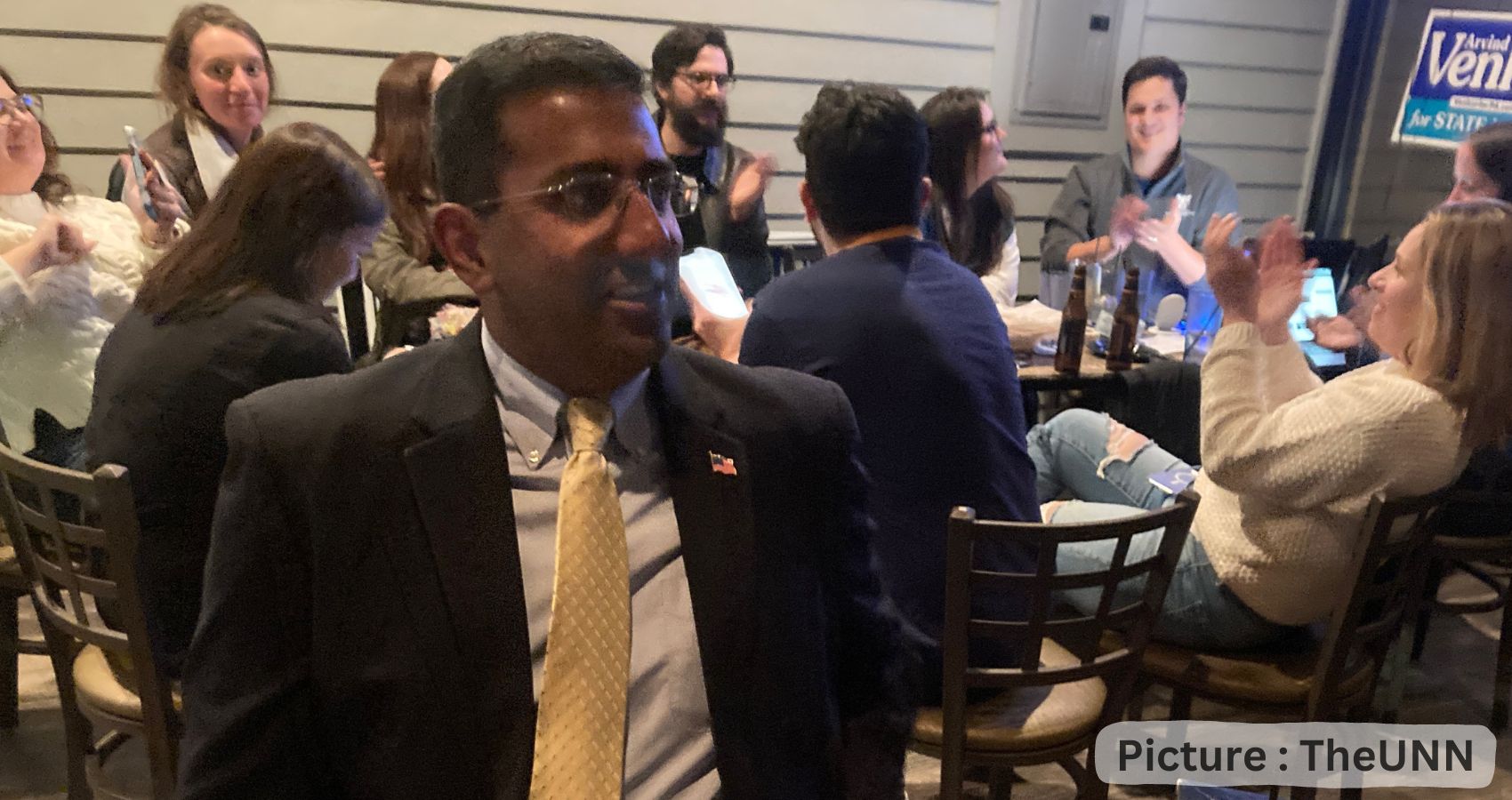
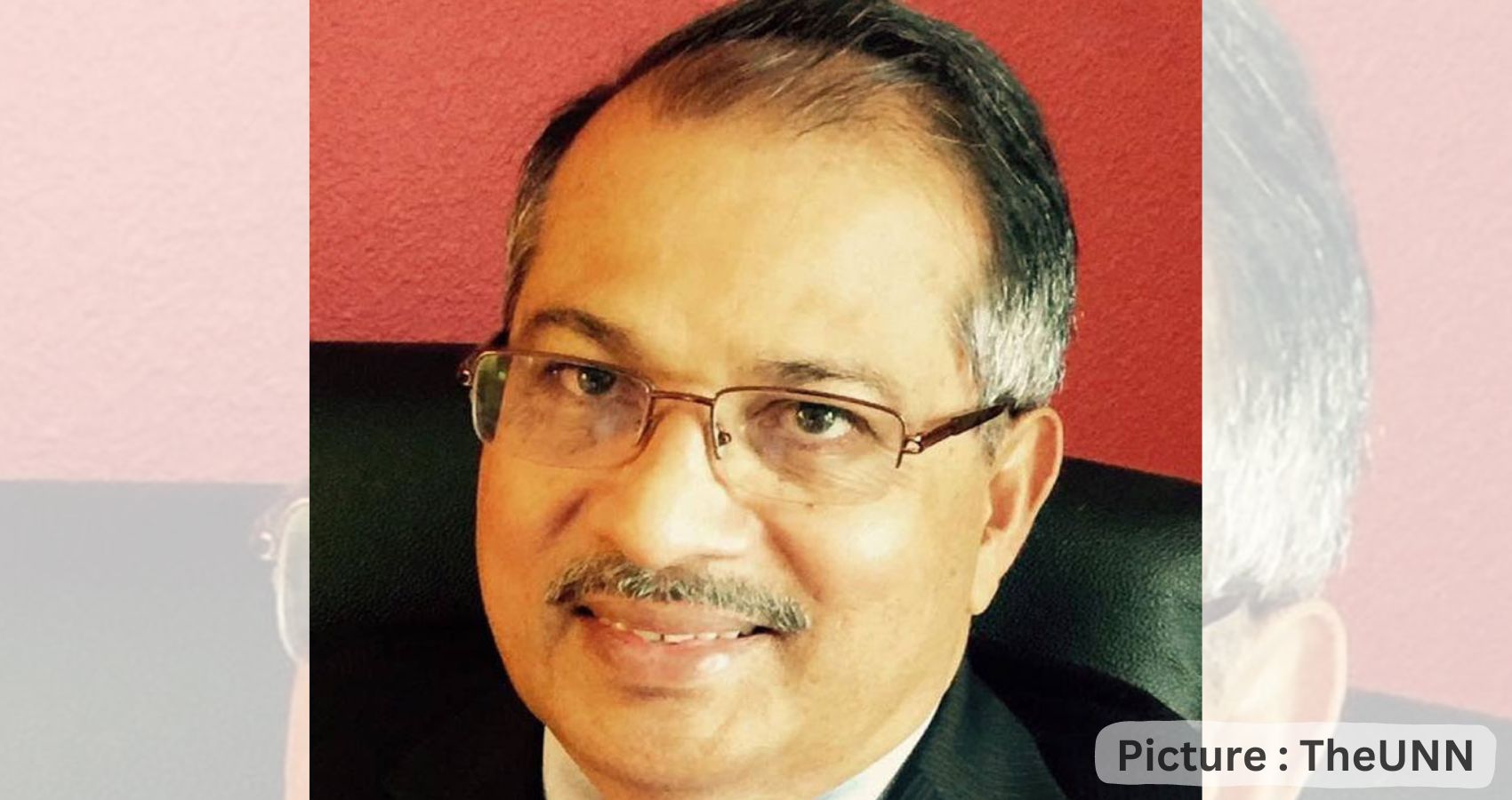
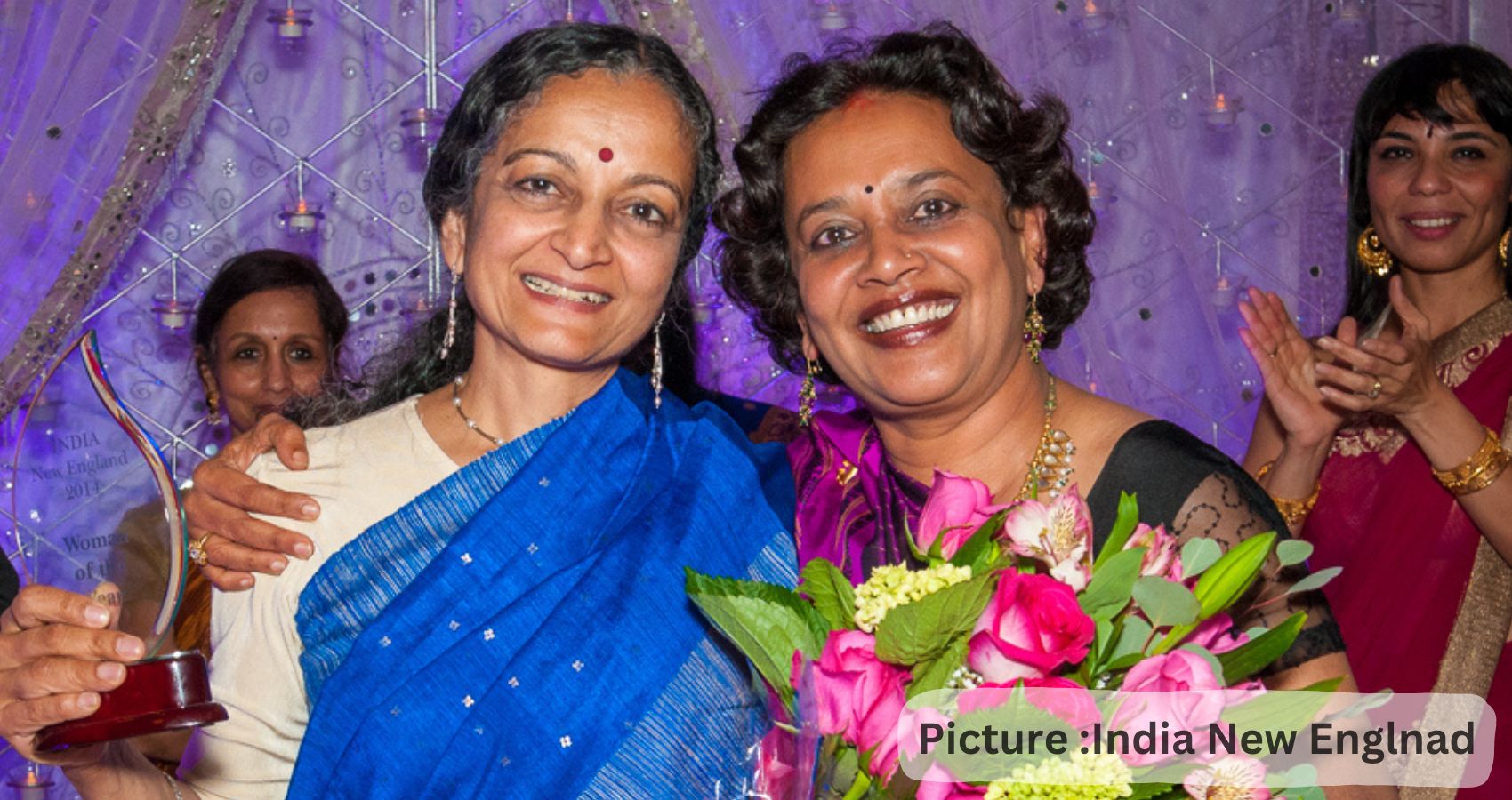
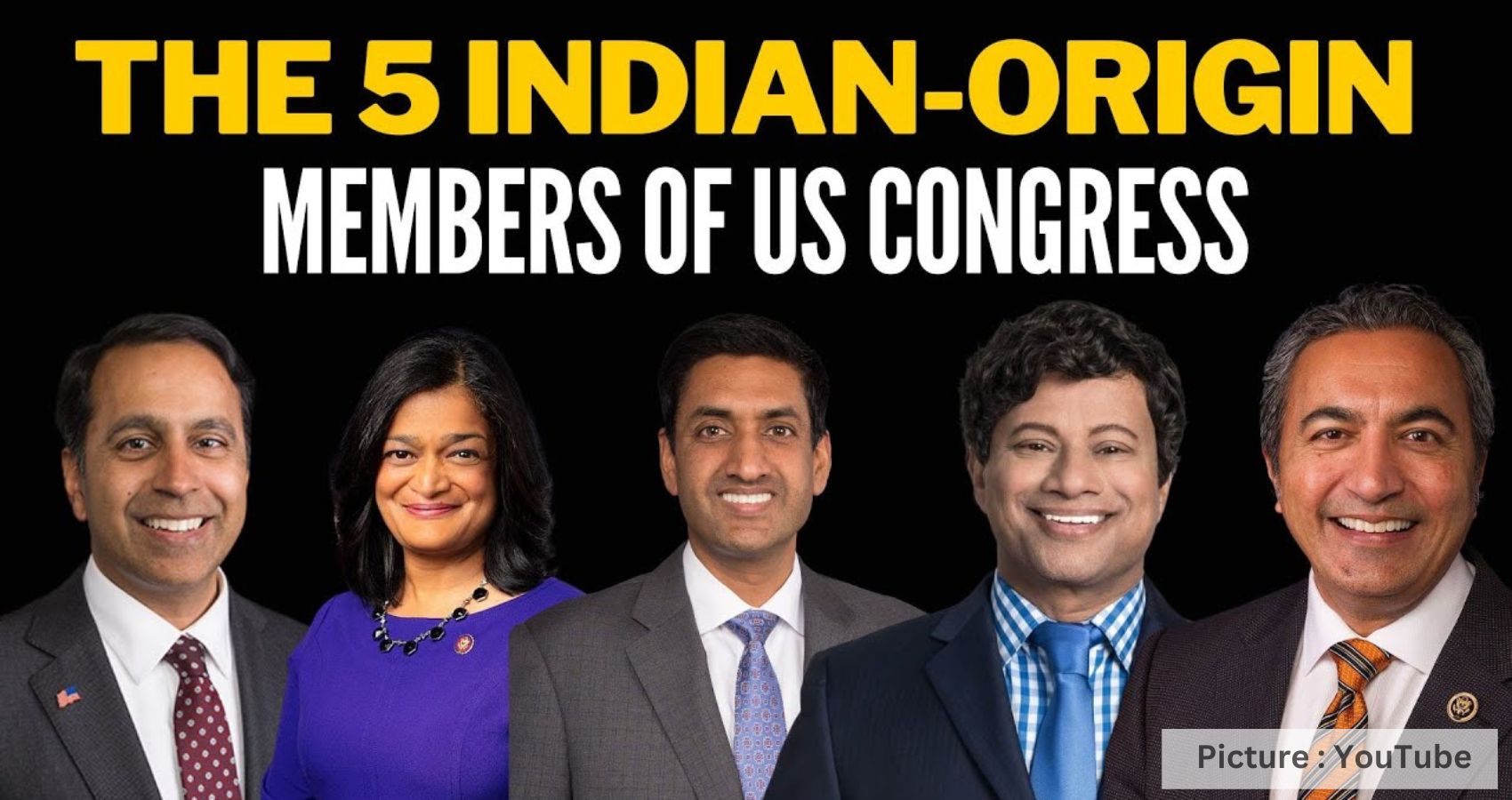
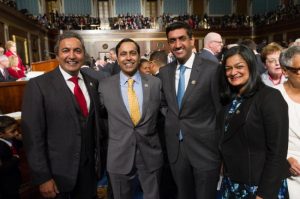
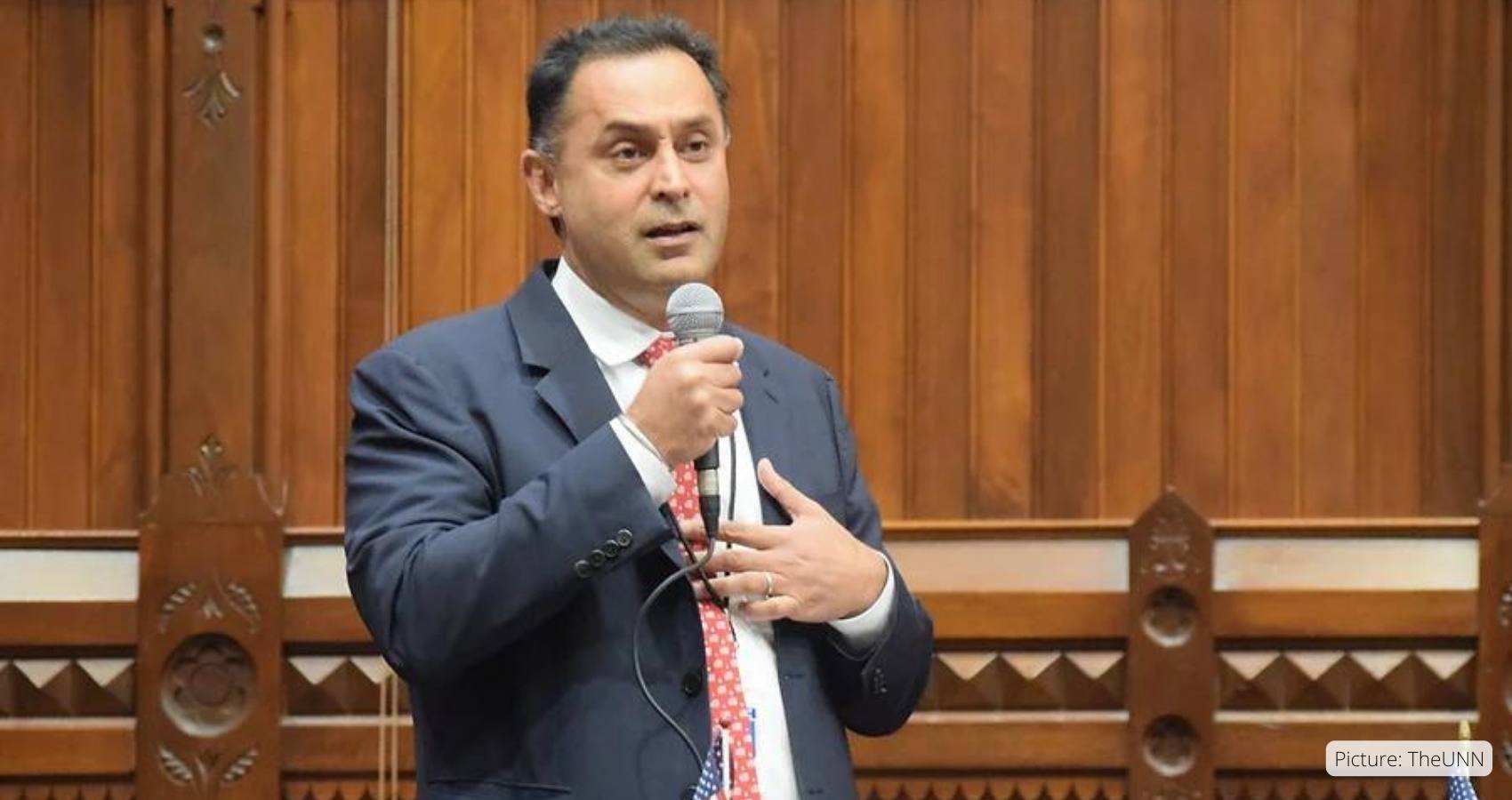
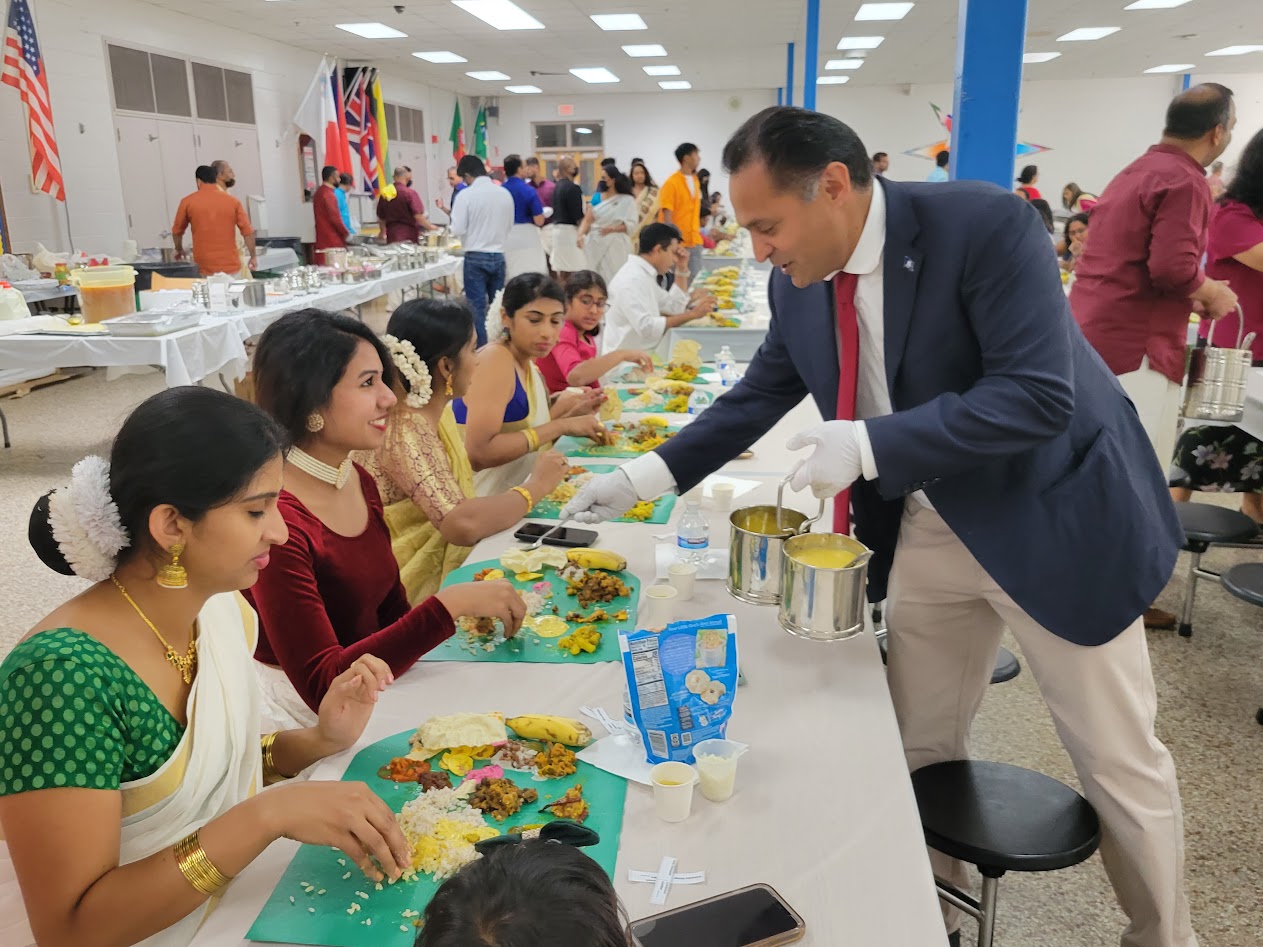
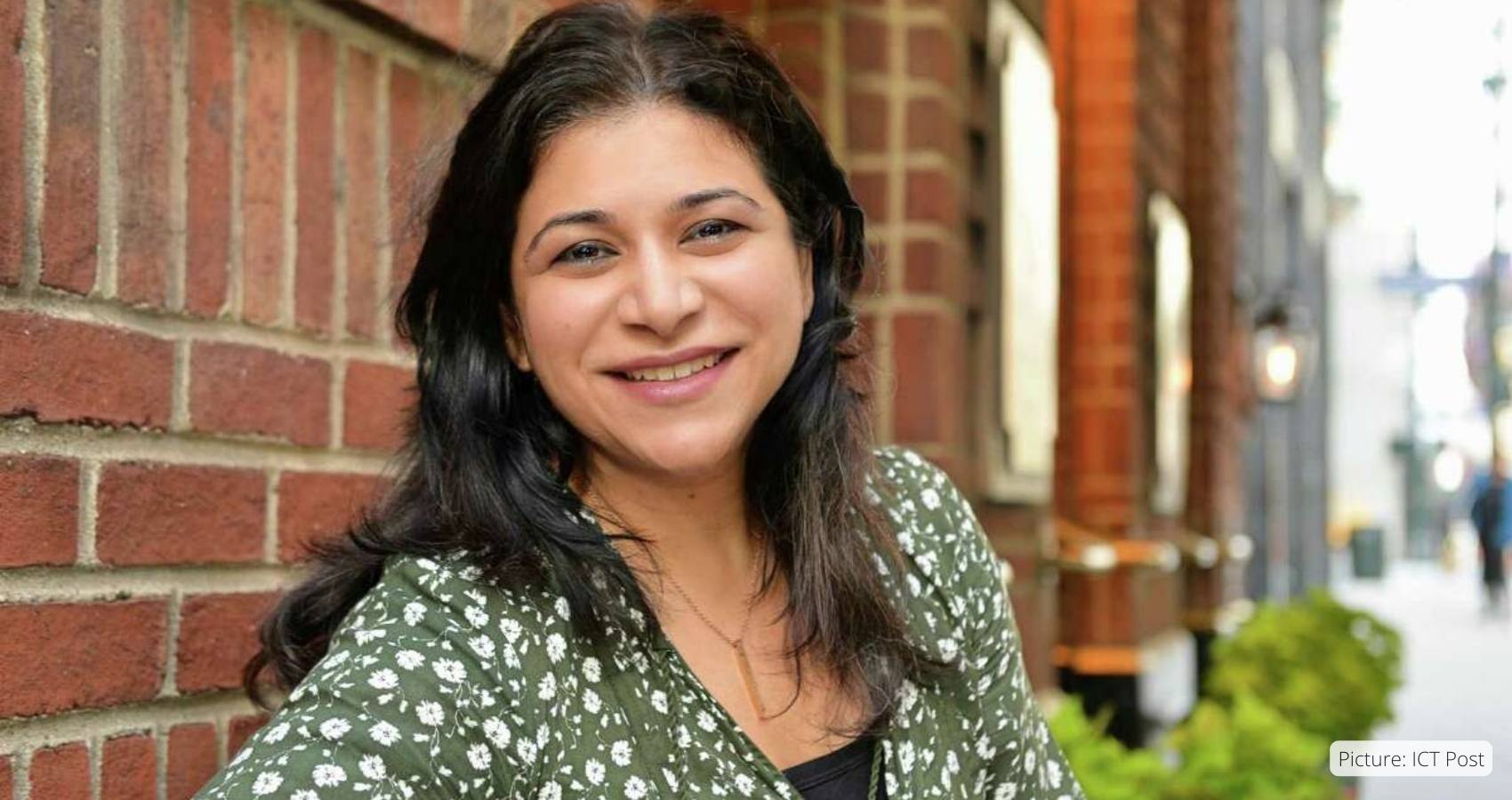
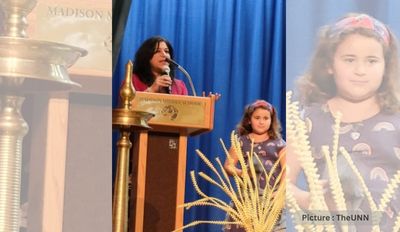
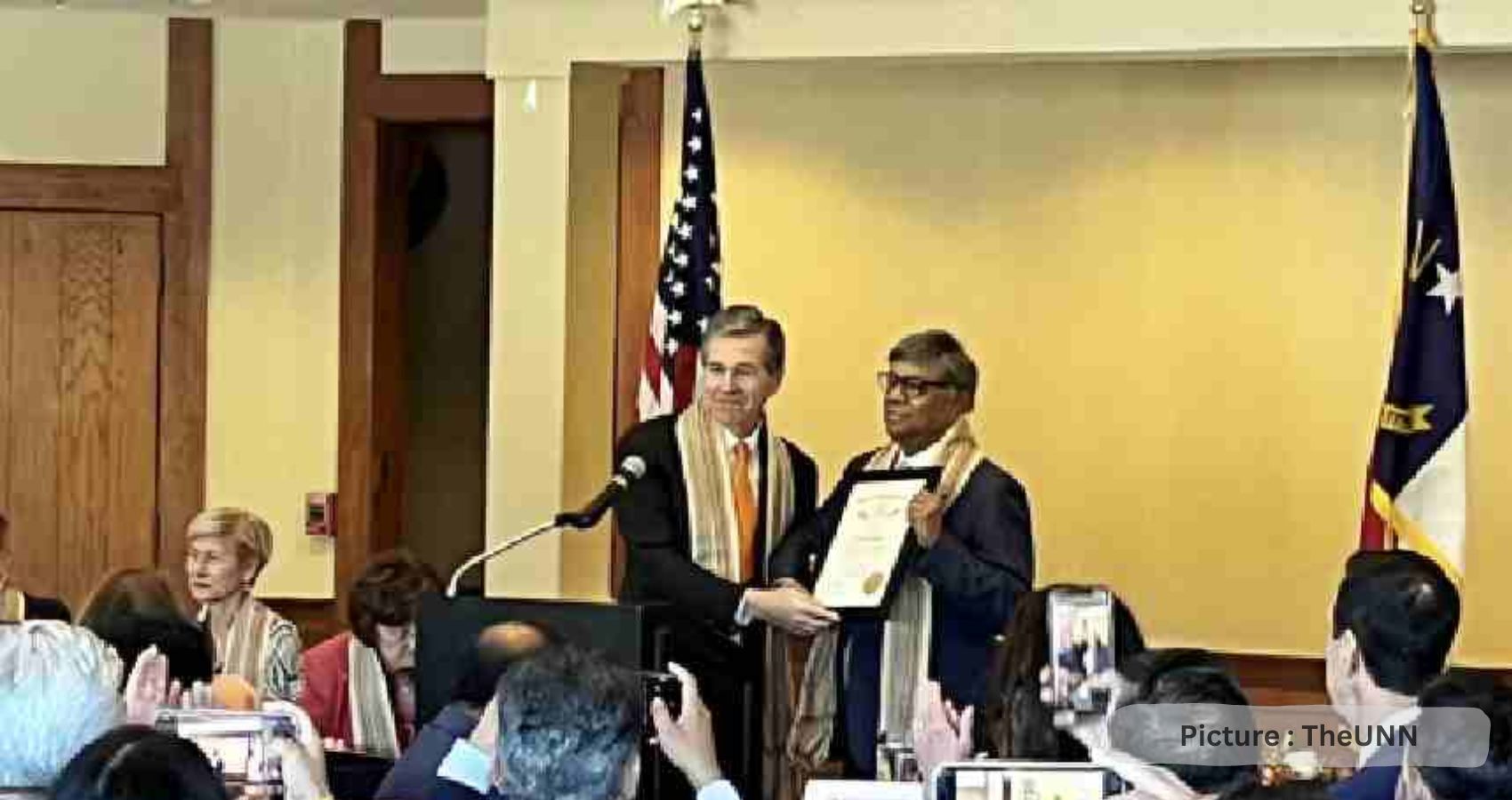
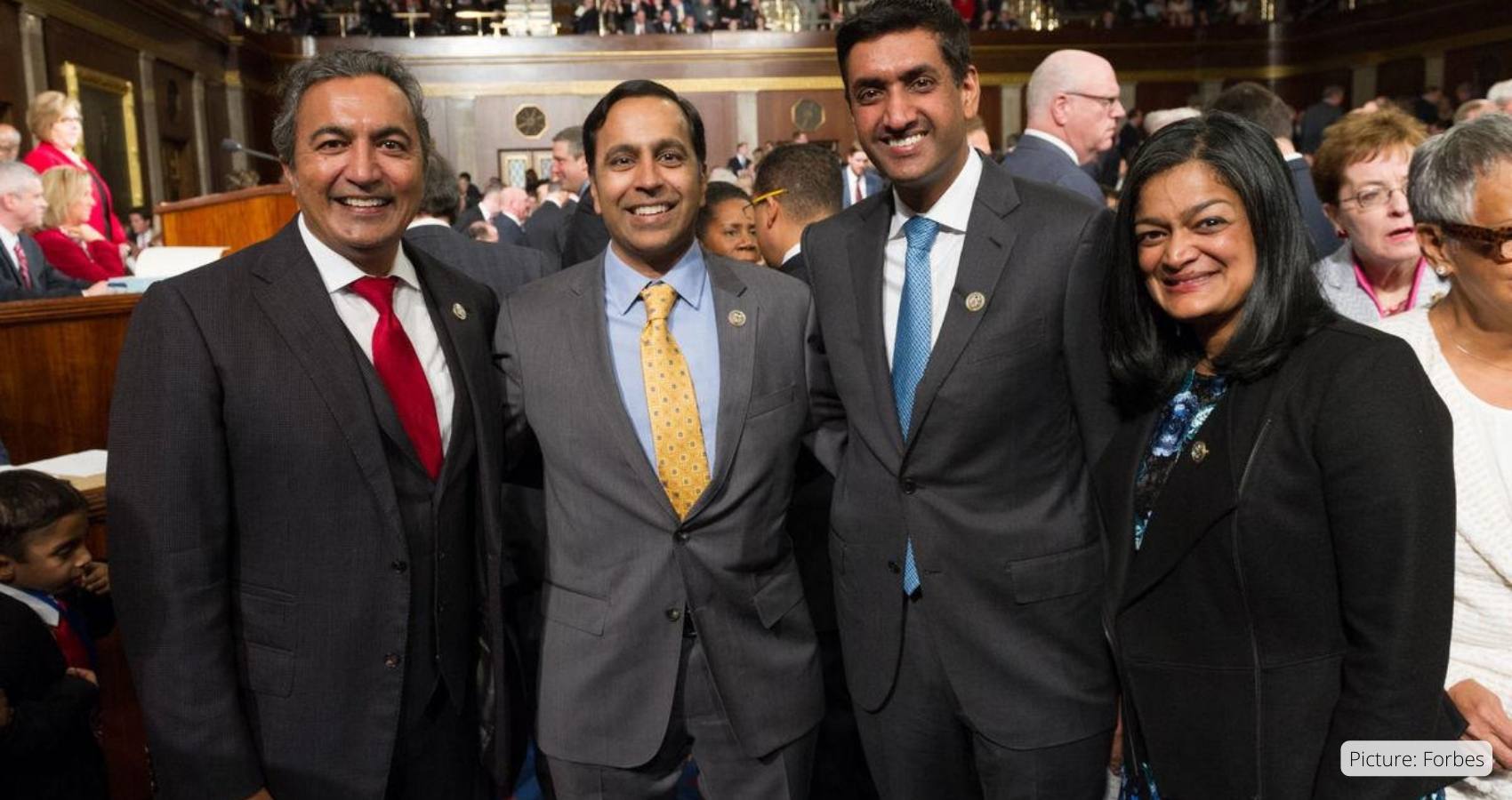
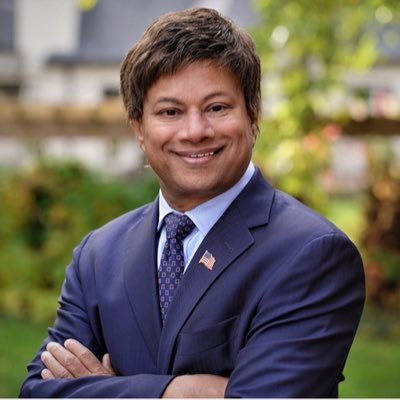
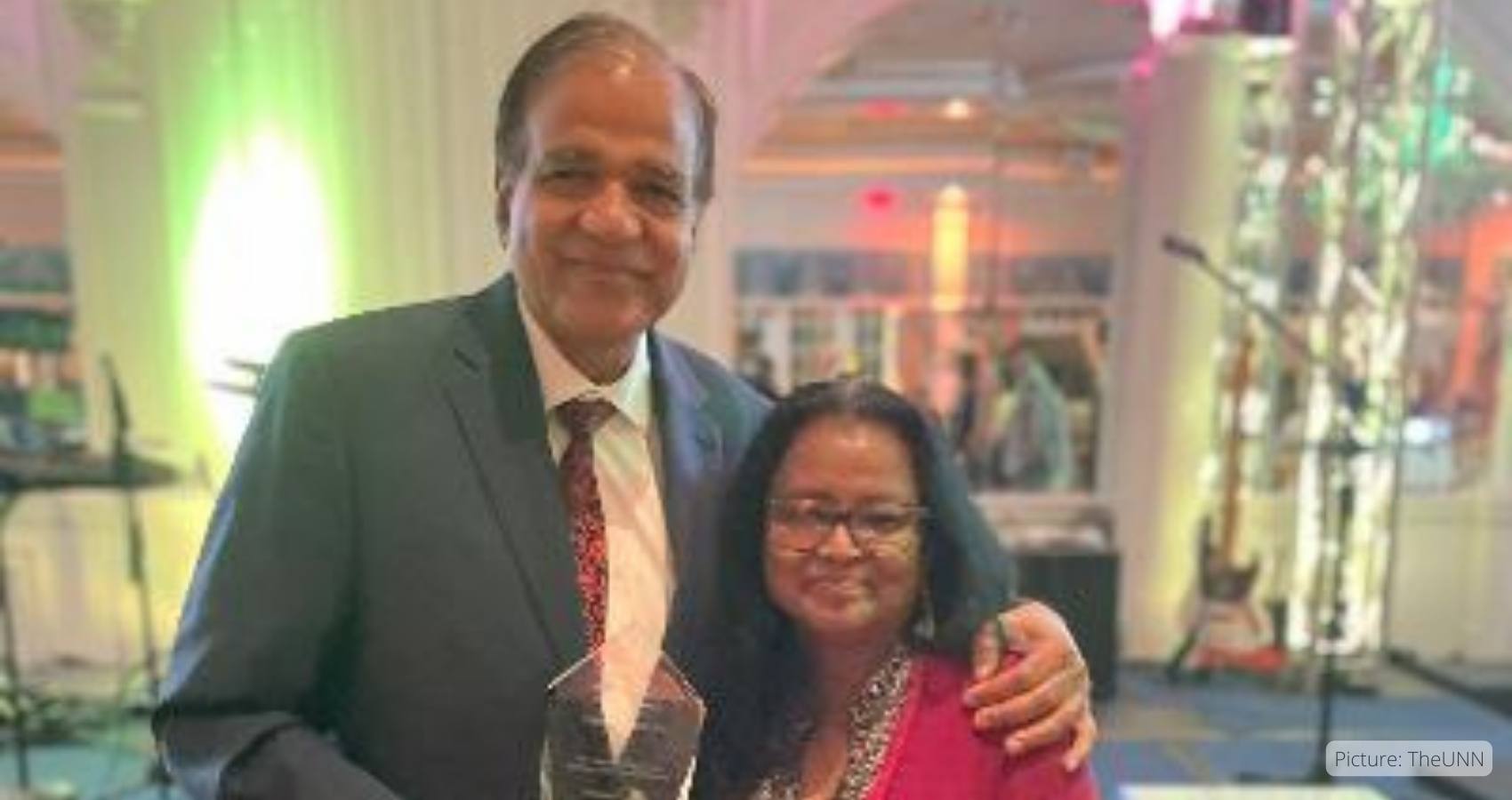

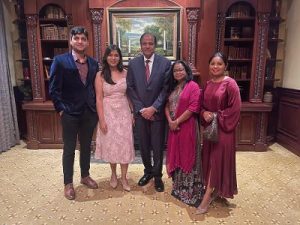
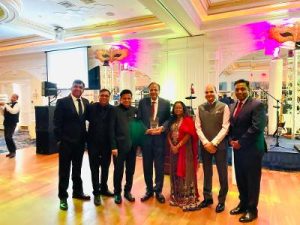
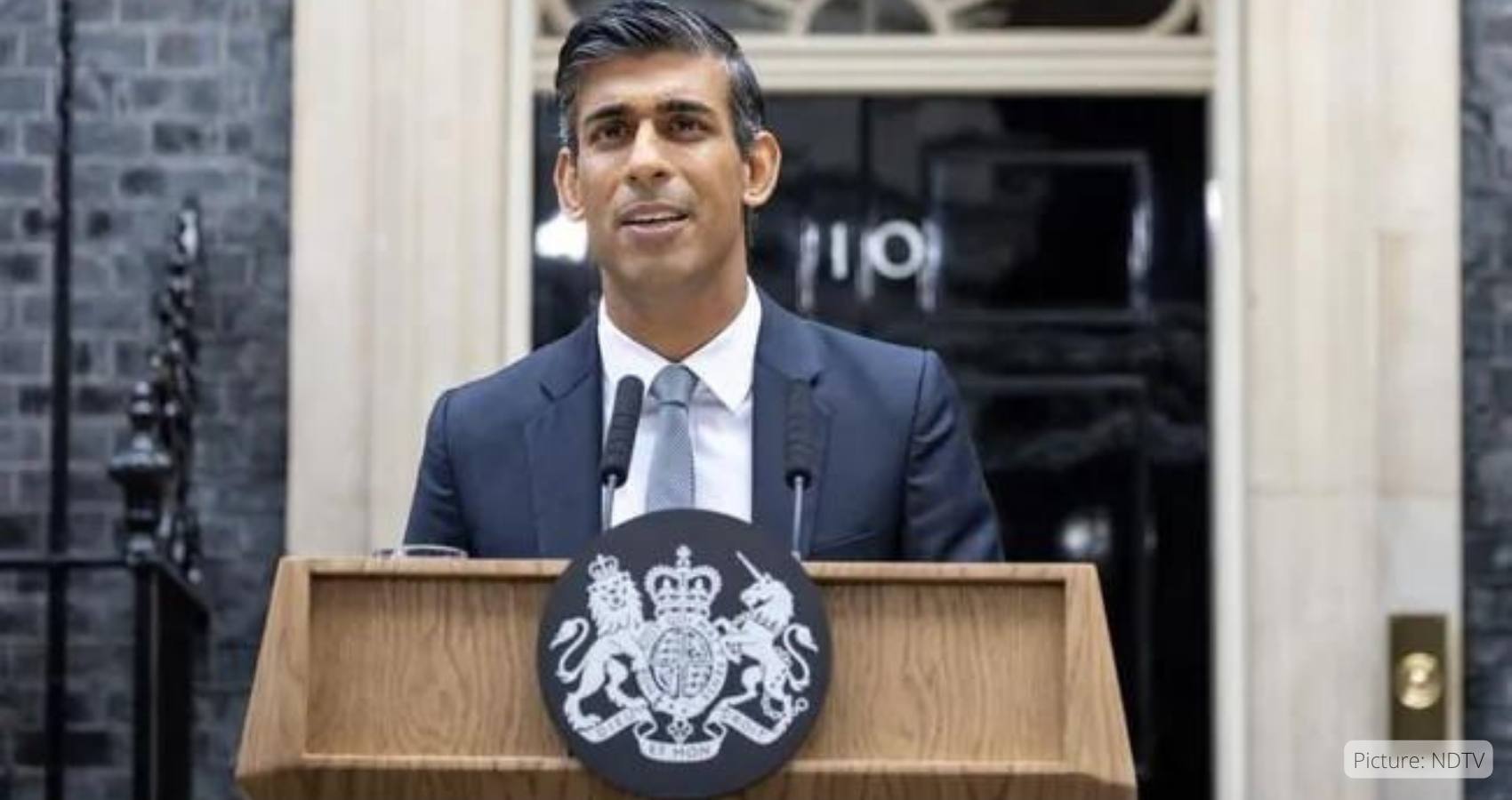
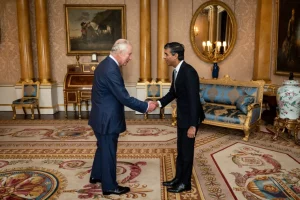 Sunak is the fifth British prime minister in six years, the third in less than two months. He is Britain’s first leader of South Asian descent, its first Hindu prime minister, and the nation’s first leader of color. He is the youngest prime minister of modern times.
Sunak is the fifth British prime minister in six years, the third in less than two months. He is Britain’s first leader of South Asian descent, its first Hindu prime minister, and the nation’s first leader of color. He is the youngest prime minister of modern times.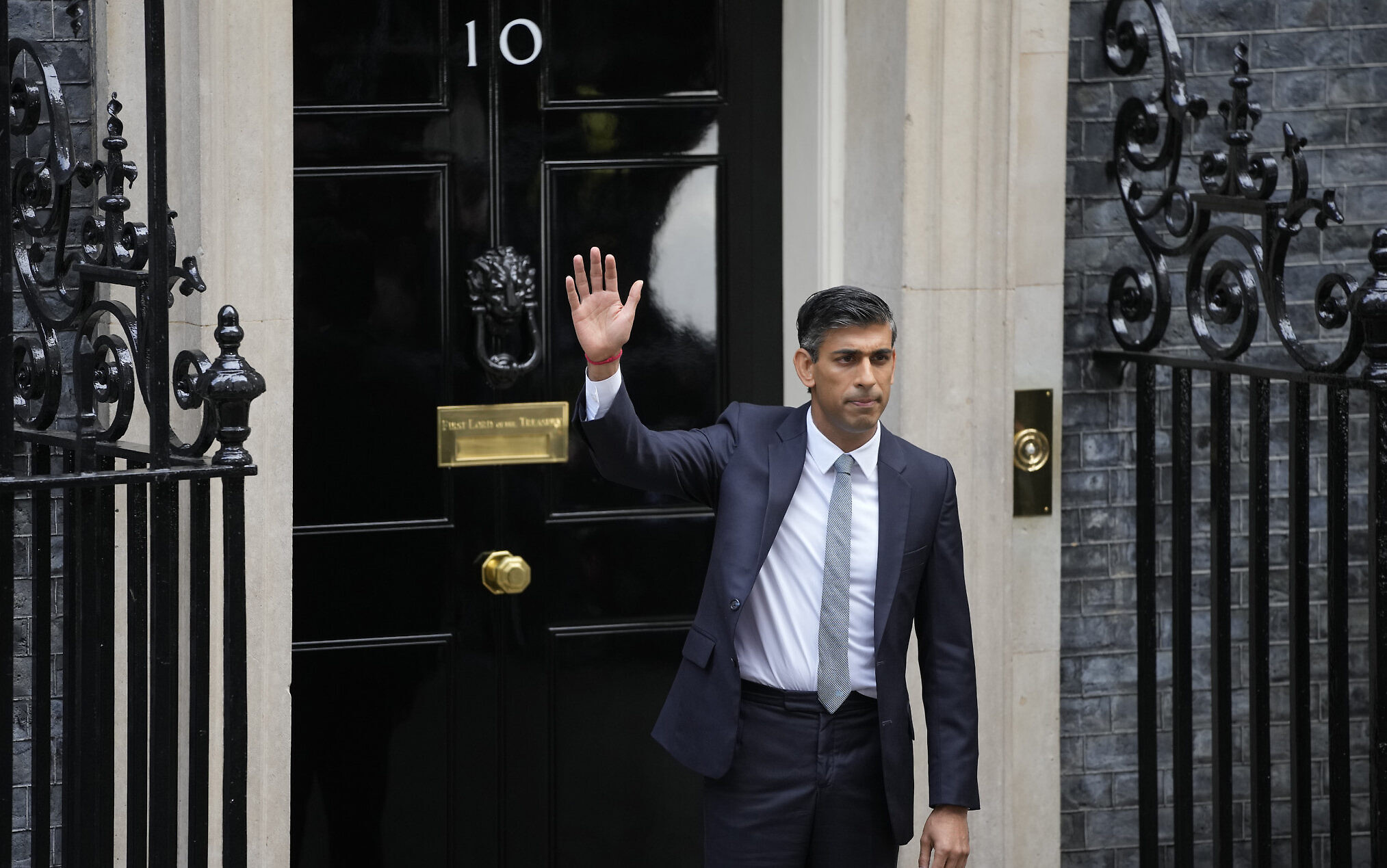
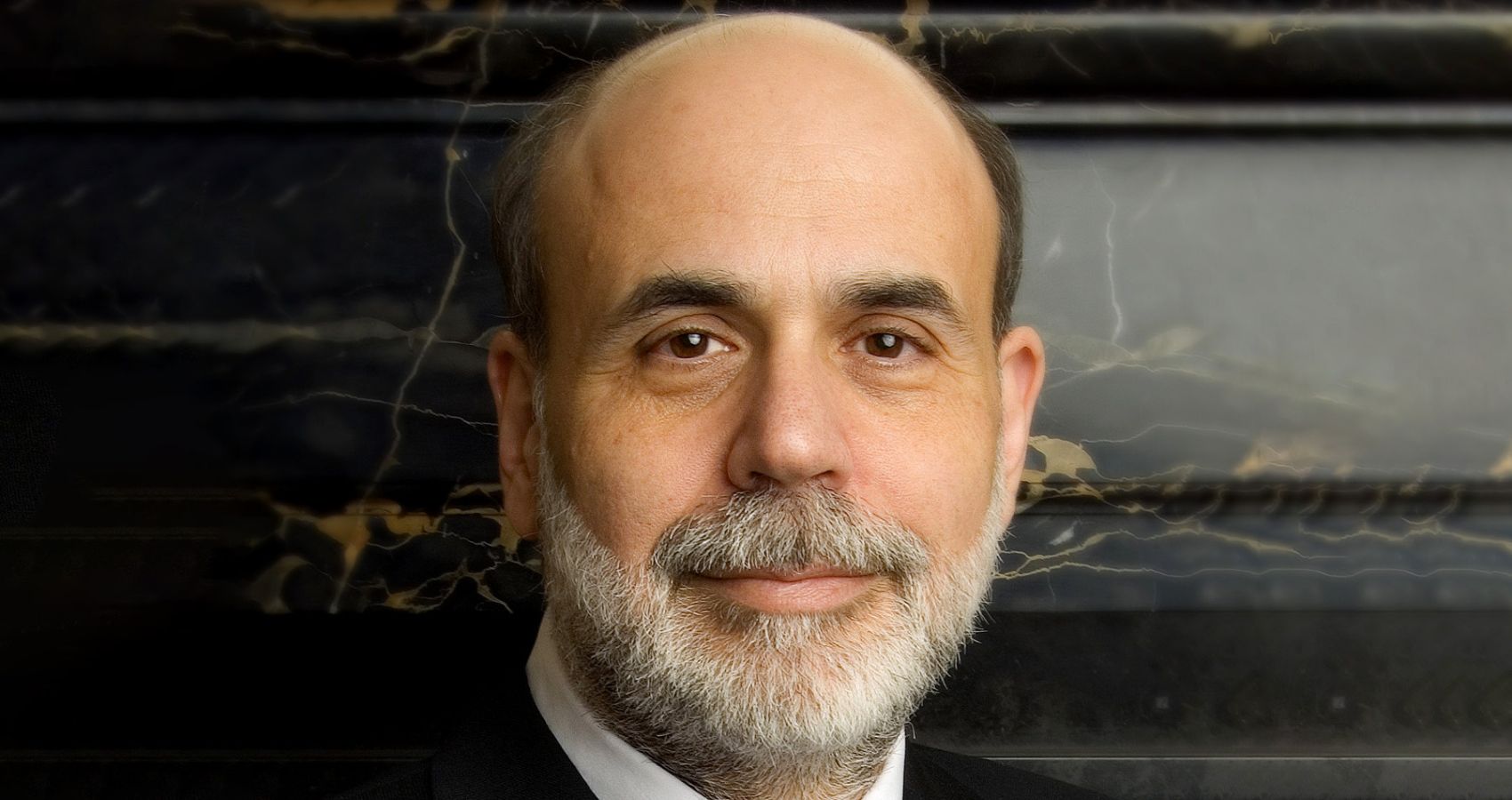
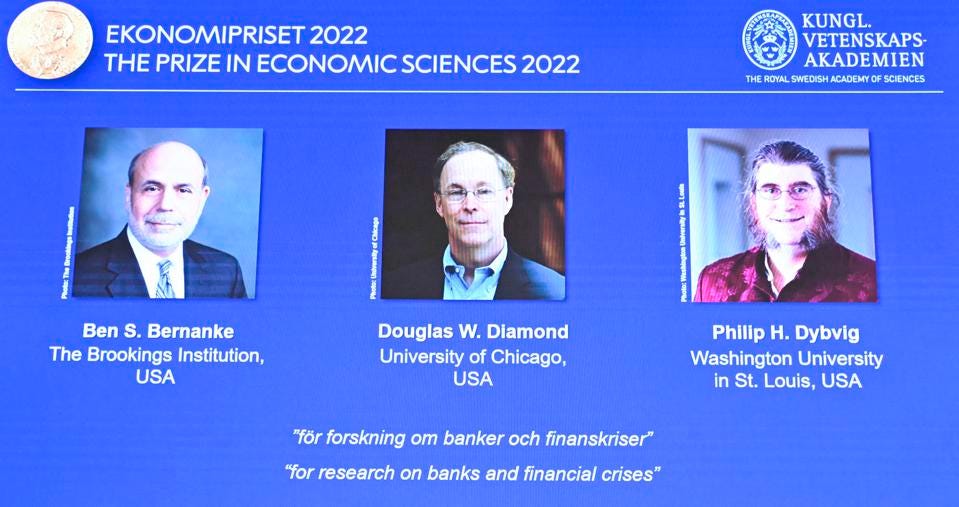 For the economy to function, savings must be channelled to investments. However, there is a conflict here: savers want instant access to their money in case of unexpected outlays, while businesses and homeowners need to know they will not be forced to repay their loans prematurely. In their theory, Diamond and Dybvig show how banks offer an optimal solution to this problem. By acting as intermediaries that accept deposits from many savers, banks can allow depositors to access their money when they wish, while also offering long-term loans to borrowers.
For the economy to function, savings must be channelled to investments. However, there is a conflict here: savers want instant access to their money in case of unexpected outlays, while businesses and homeowners need to know they will not be forced to repay their loans prematurely. In their theory, Diamond and Dybvig show how banks offer an optimal solution to this problem. By acting as intermediaries that accept deposits from many savers, banks can allow depositors to access their money when they wish, while also offering long-term loans to borrowers.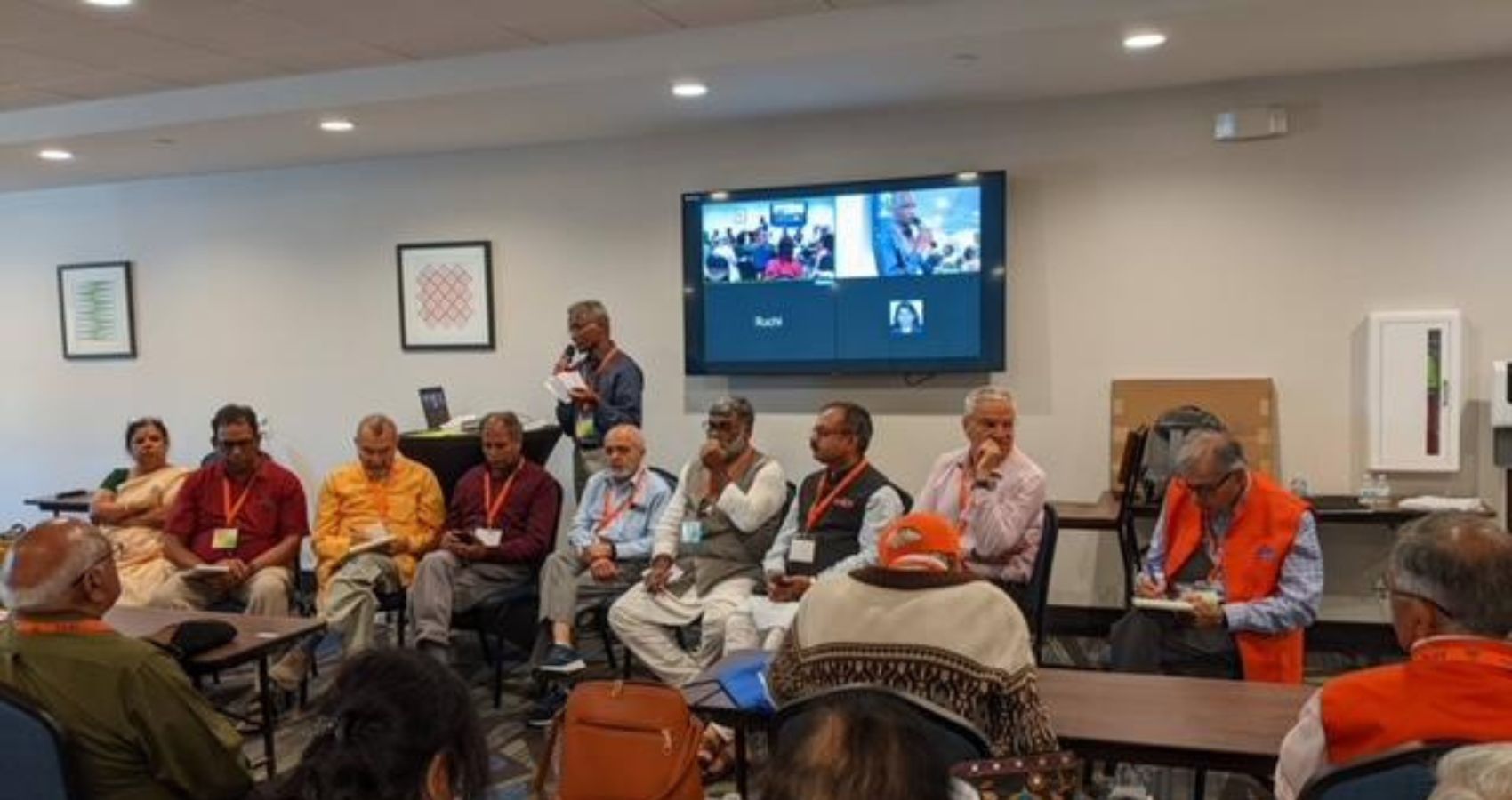
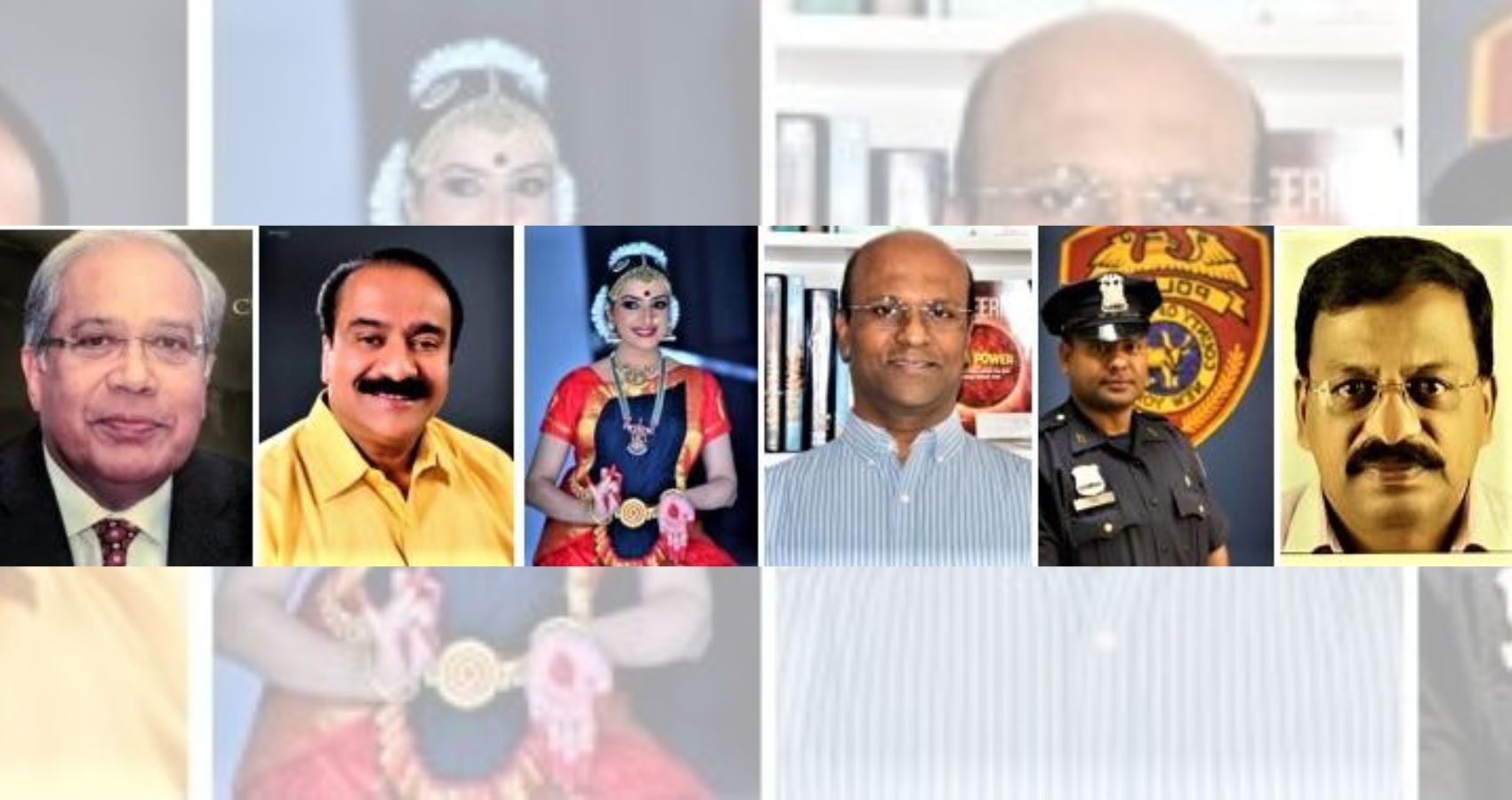
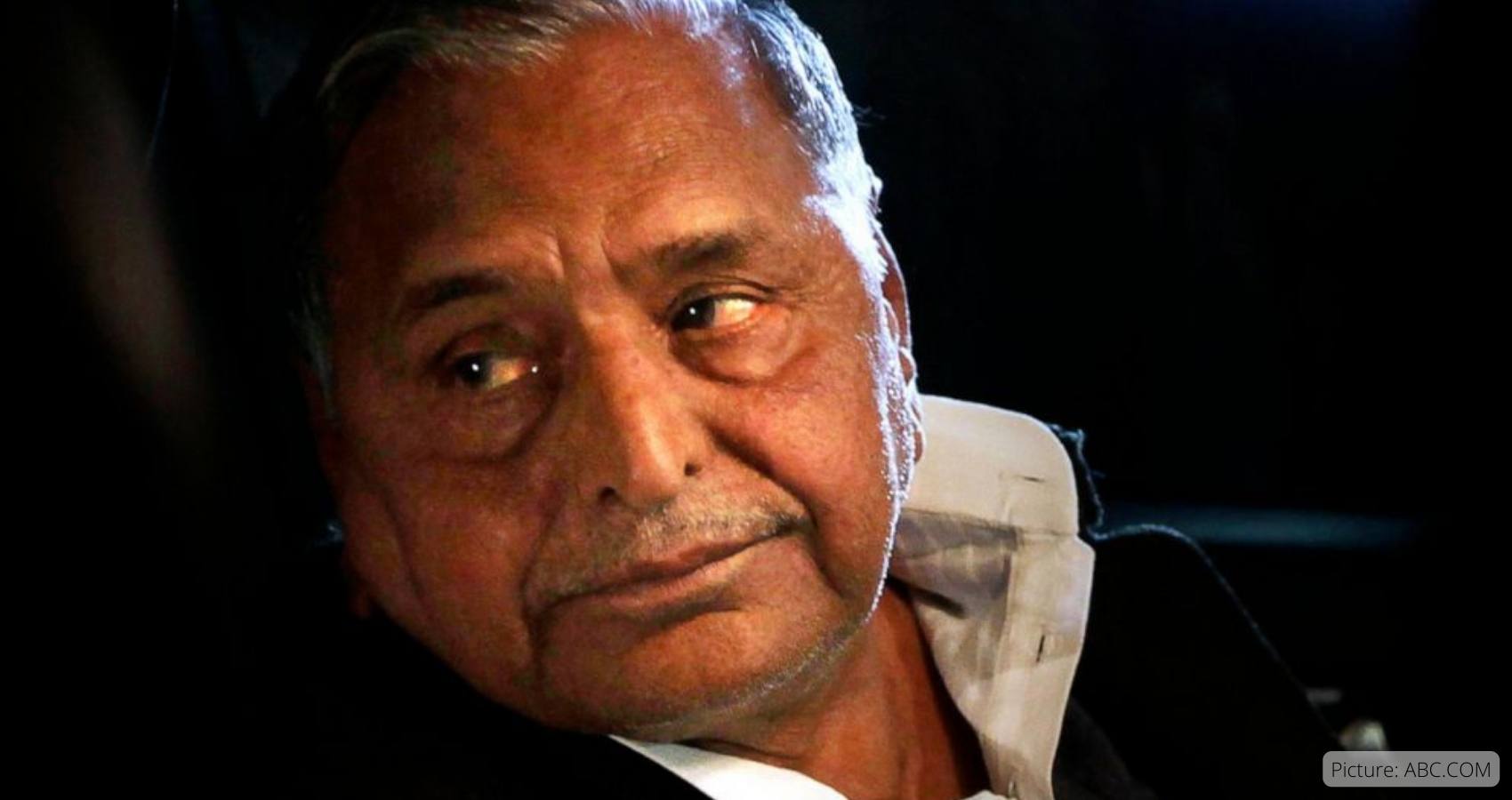
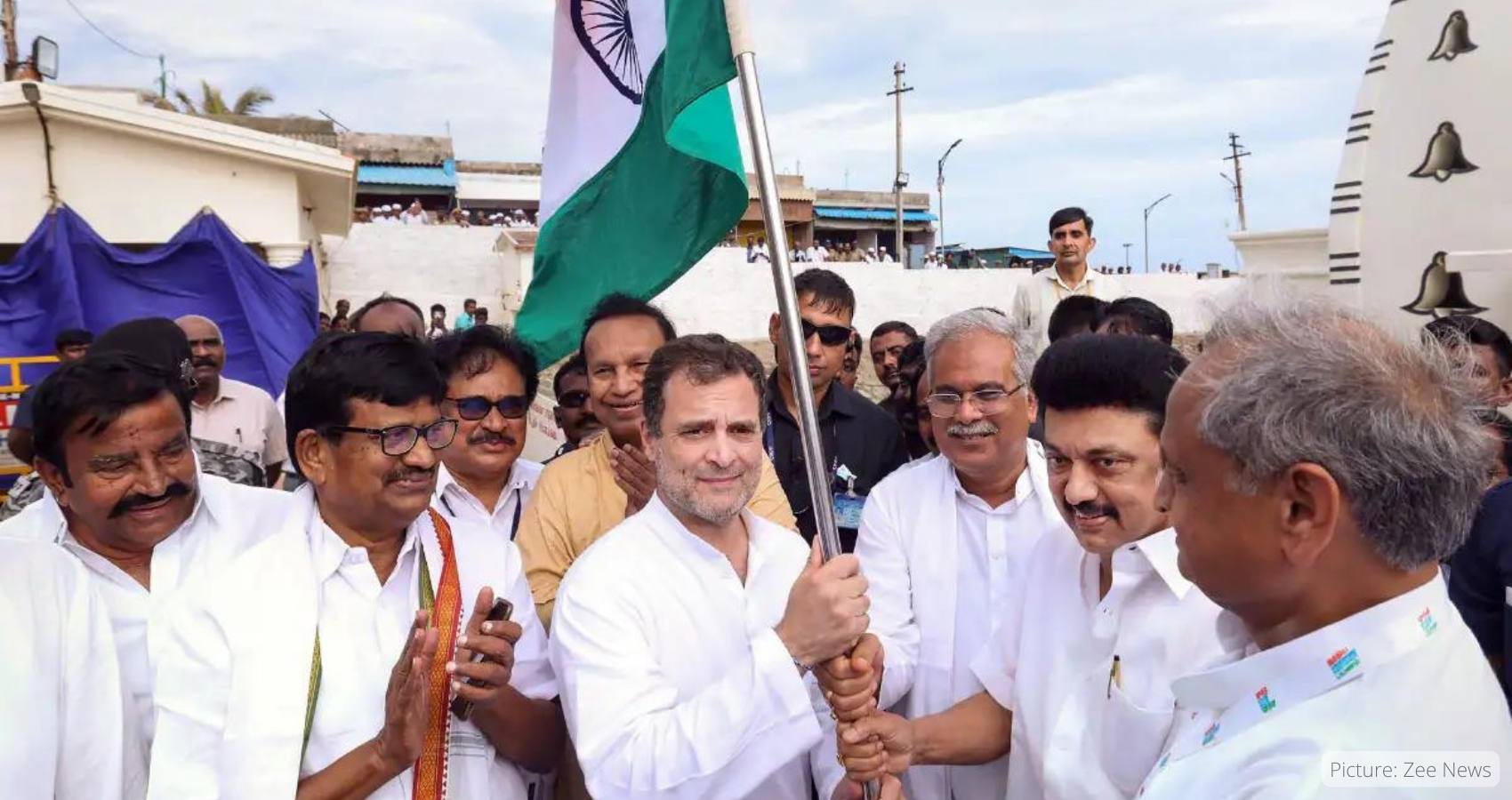
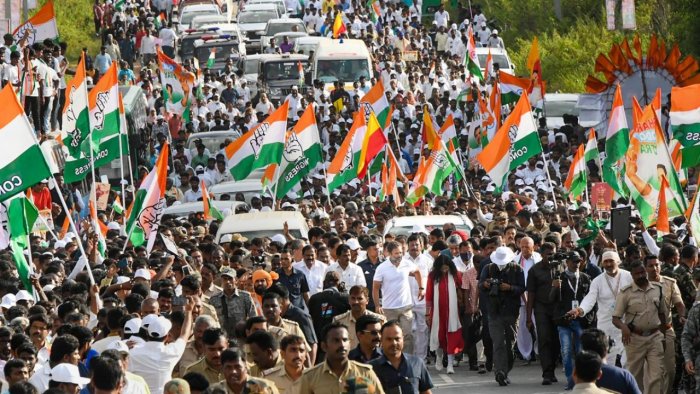 “Gauri stood for Truth. Gauri stood for Courage. Gauri stood for Freedom. I stand for Gauri Lankesh and countless others like her, who represent the true spirit of India. Bharat Jodo Yatra is their voice. It can never be silenced,” Mr. Gandhi tweeted while sharing the picture of him walking with Ms. Indira, holding her hand.
“Gauri stood for Truth. Gauri stood for Courage. Gauri stood for Freedom. I stand for Gauri Lankesh and countless others like her, who represent the true spirit of India. Bharat Jodo Yatra is their voice. It can never be silenced,” Mr. Gandhi tweeted while sharing the picture of him walking with Ms. Indira, holding her hand.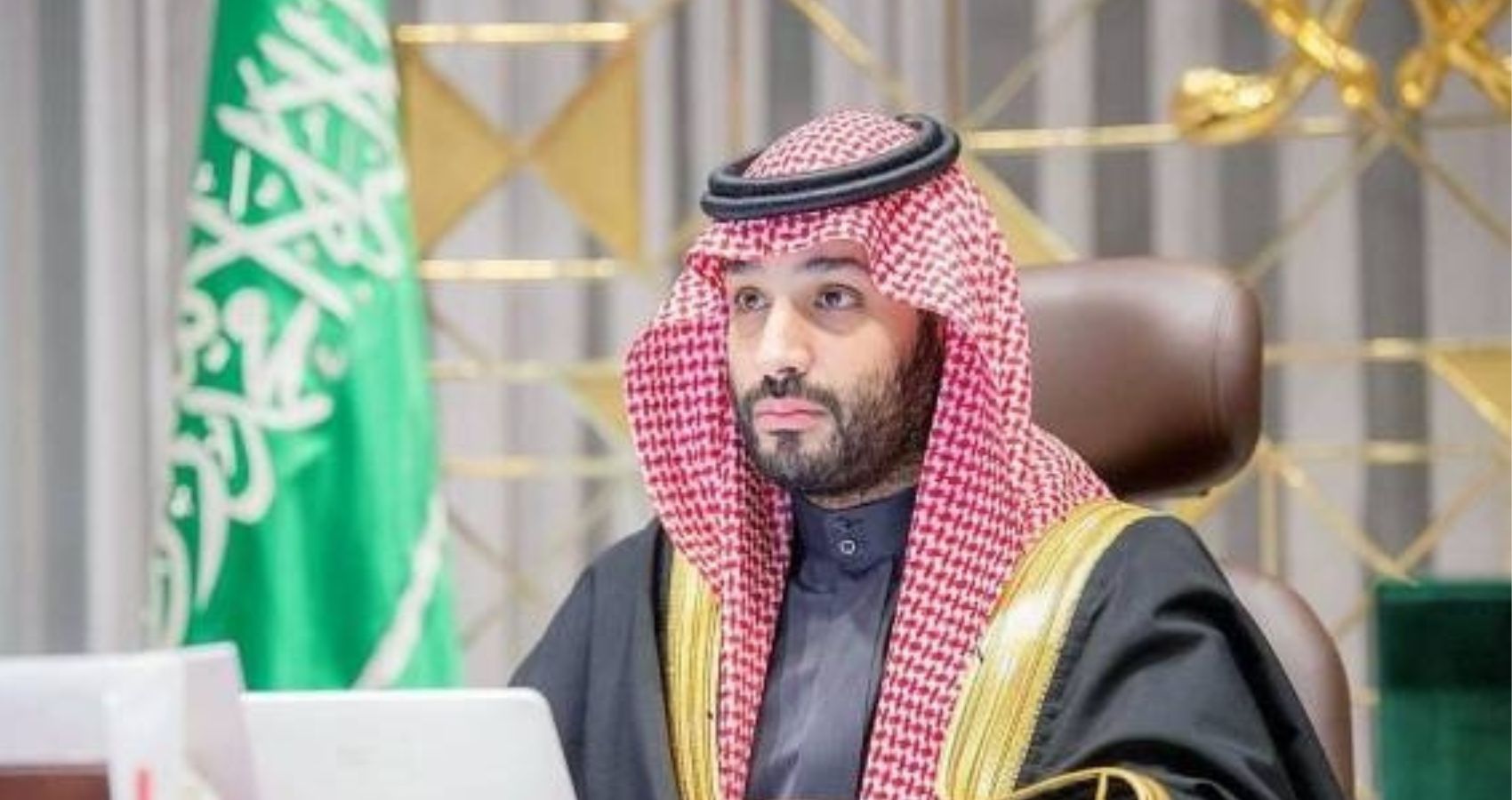
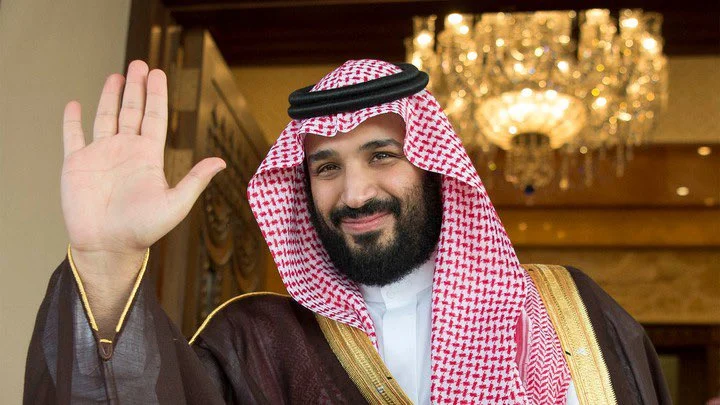 In terms of protocol, this is a significant move that further cements the generational handover of power from the frail and ageing King Salman to his favoured son. In practical terms, though, this changes little.
In terms of protocol, this is a significant move that further cements the generational handover of power from the frail and ageing King Salman to his favoured son. In practical terms, though, this changes little. 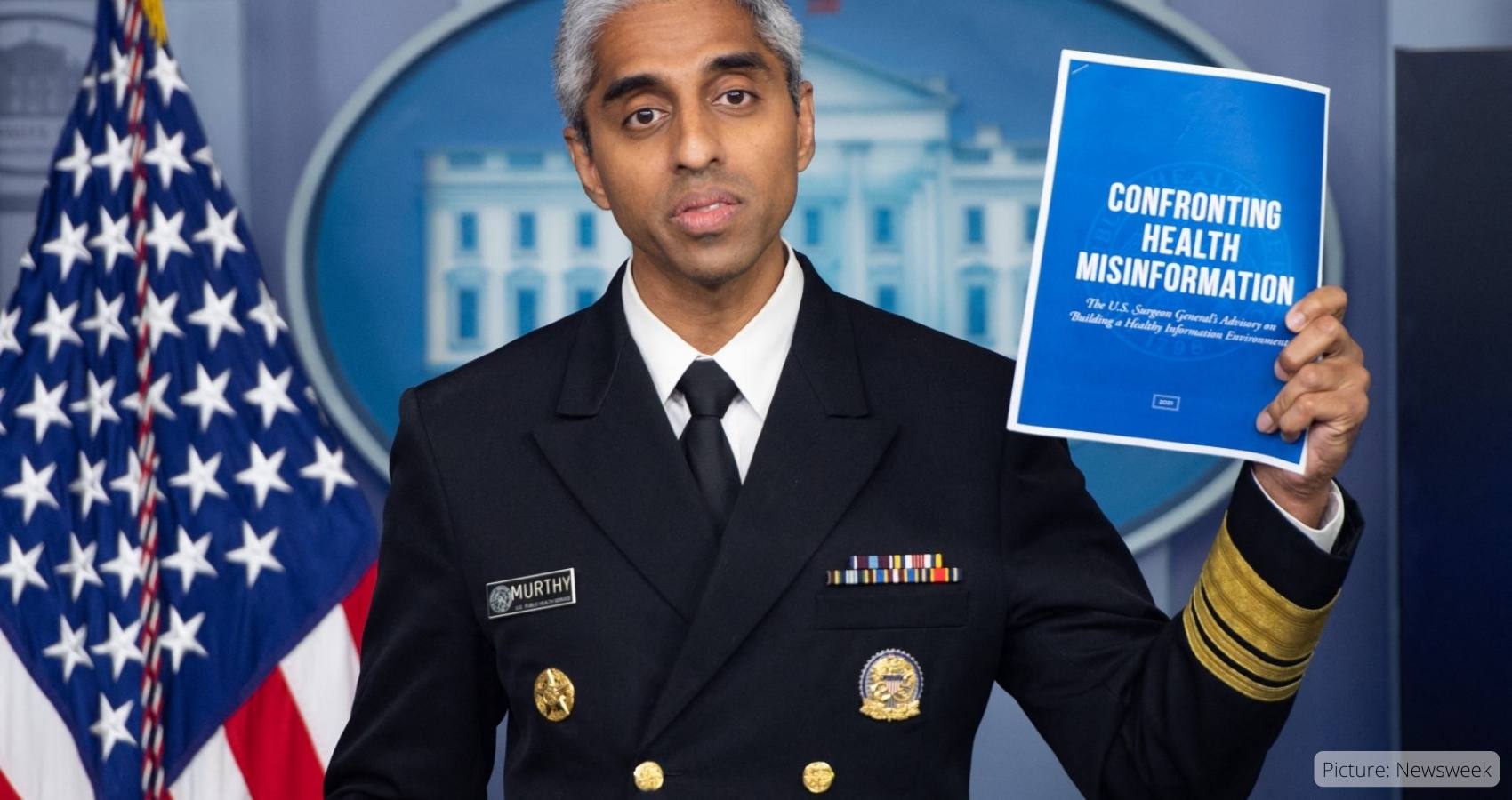
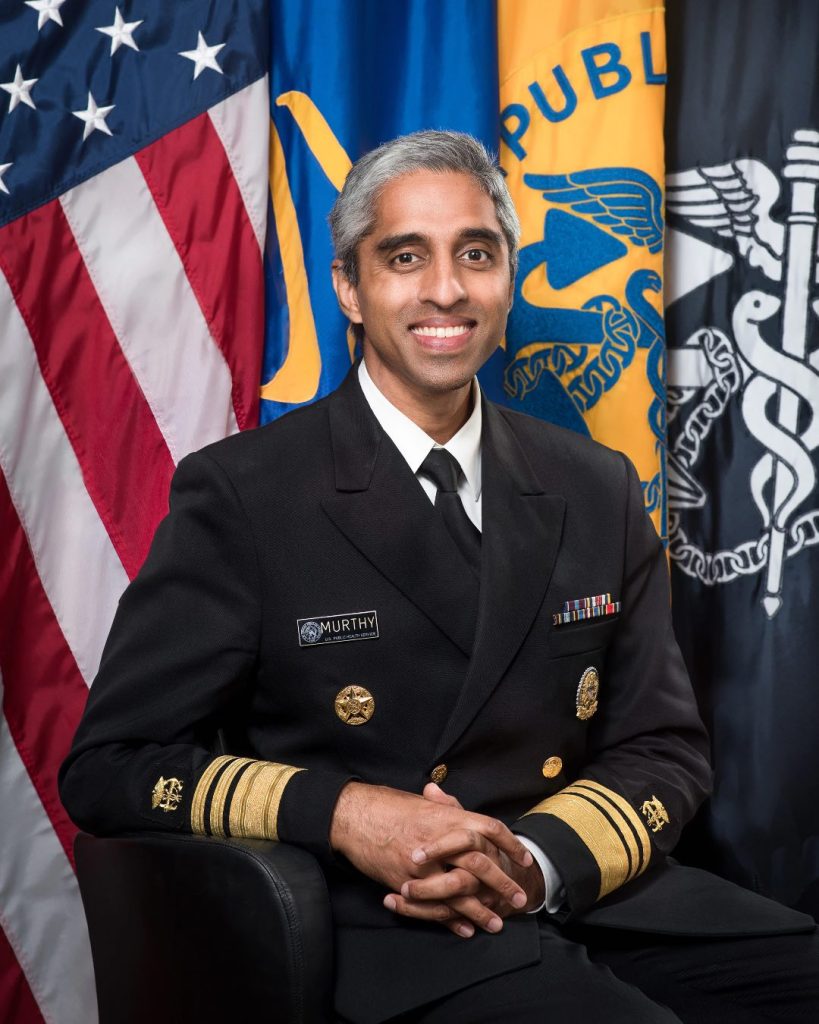 “While serving as the 21st Surgeon General, Dr Murthy is focused on drawing attention to and working across government to address a number of critical public health issues, including the growing proliferation of health misinformation, the ongoing youth mental health crisis, well-being and burnout in the health worker community, and social isolation and loneliness,” said the White House.
“While serving as the 21st Surgeon General, Dr Murthy is focused on drawing attention to and working across government to address a number of critical public health issues, including the growing proliferation of health misinformation, the ongoing youth mental health crisis, well-being and burnout in the health worker community, and social isolation and loneliness,” said the White House.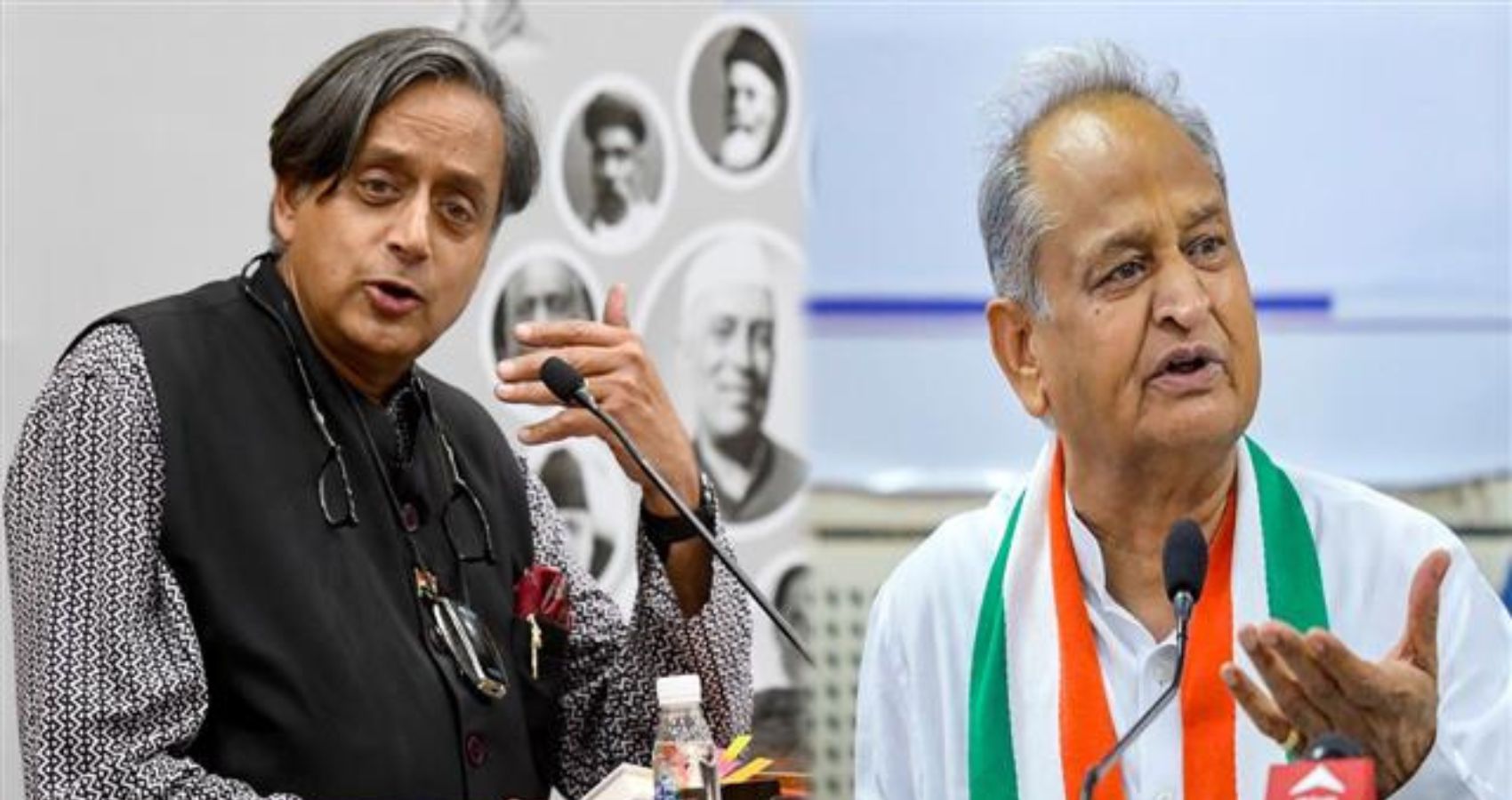





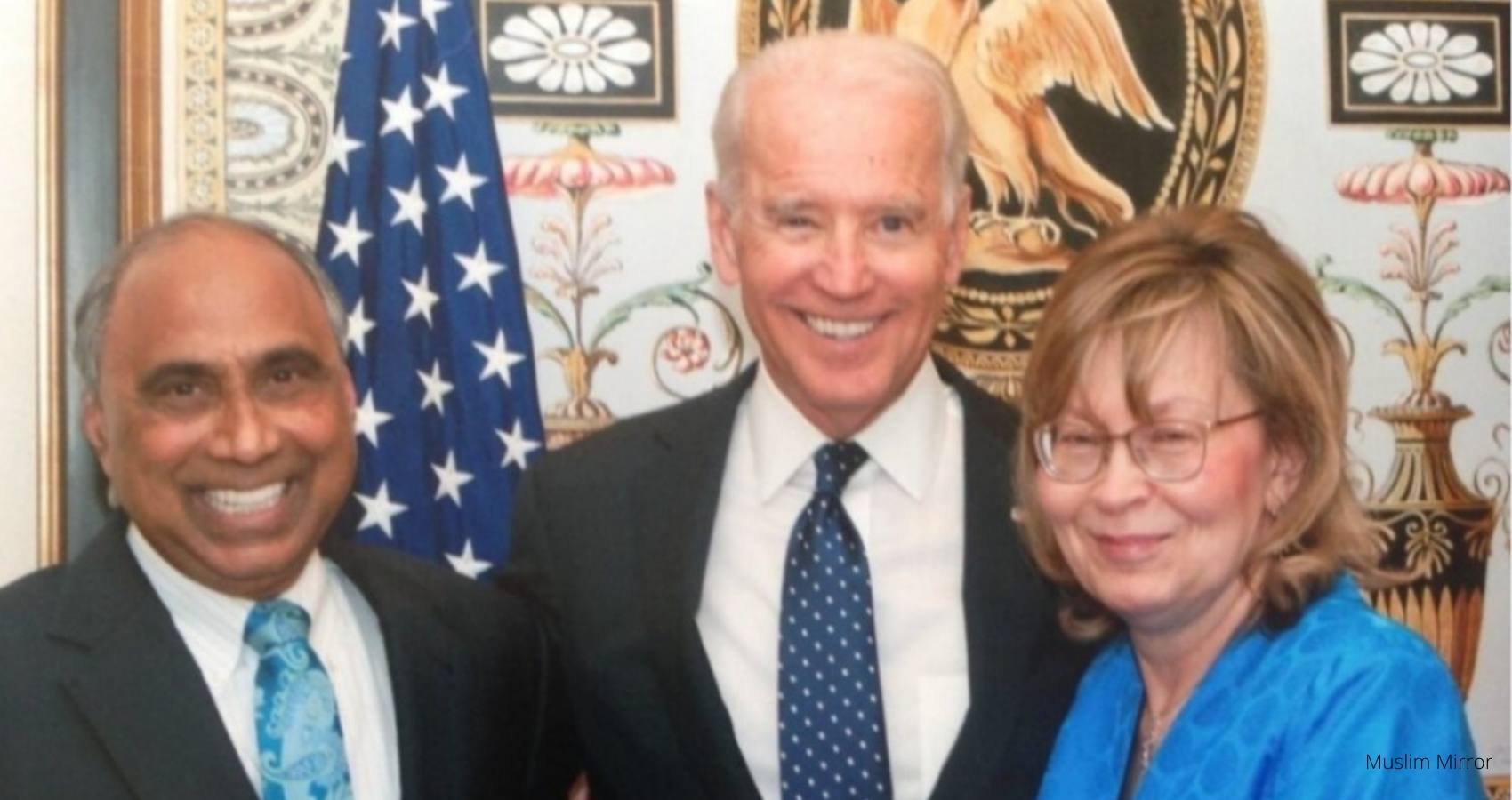
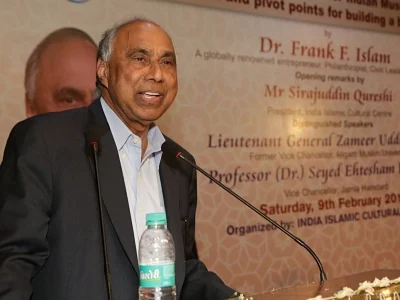 Islam is currently the head of the FI Investment Group which is a private investment holding company. Previously, he owned an information technology firm called QSS Group which he sold in 2007. He has also served on several boards and advisory councils such as the John F.
Islam is currently the head of the FI Investment Group which is a private investment holding company. Previously, he owned an information technology firm called QSS Group which he sold in 2007. He has also served on several boards and advisory councils such as the John F. 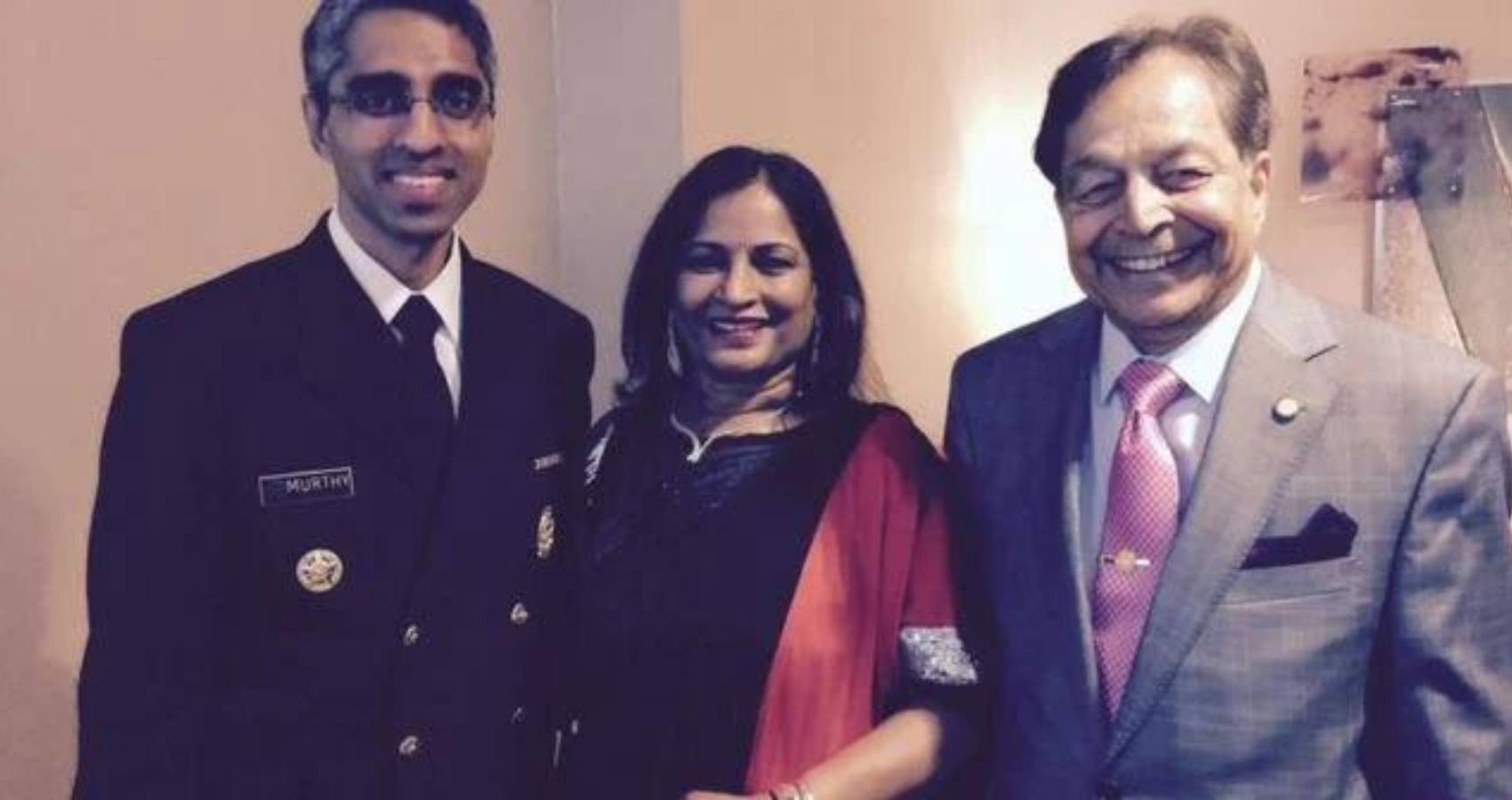
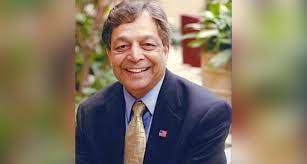 “He has taken an active role in efforts to promote suicide awareness and prevention, particularly those efforts related to postpartum depression awareness and treatment,” the press release said. In addition to his time on the Board of Mental Health, Shivangi previously served on the Mississippi State Board of Health. From 2005 to 2008, he served as Advisor to the US Secretary of Health and Human Services in the President George W. Bush administration. He is the founding president of the American Association of Physicians of Indian Origin in Mississippi and is the past president and chair of the India Association of Mississippi.
“He has taken an active role in efforts to promote suicide awareness and prevention, particularly those efforts related to postpartum depression awareness and treatment,” the press release said. In addition to his time on the Board of Mental Health, Shivangi previously served on the Mississippi State Board of Health. From 2005 to 2008, he served as Advisor to the US Secretary of Health and Human Services in the President George W. Bush administration. He is the founding president of the American Association of Physicians of Indian Origin in Mississippi and is the past president and chair of the India Association of Mississippi.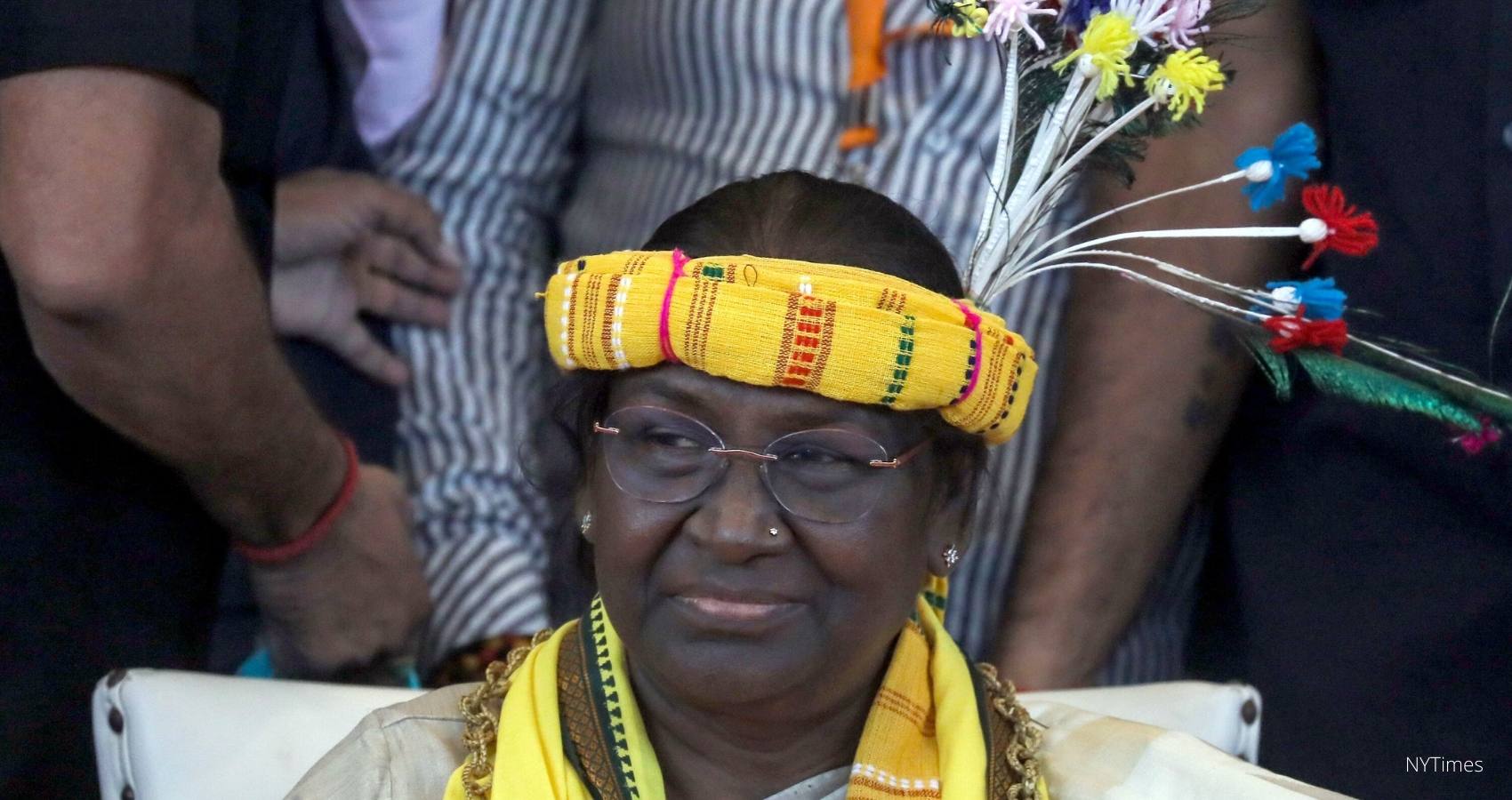
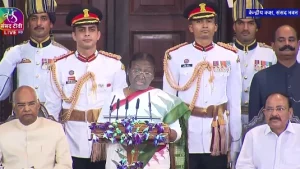 India, a country with 1.4 billion people and the largest democracy in the world, has a constitutional framework of India is parliamentary, which is led by the elected representative and overseen by the first person of the country, the President of India.
India, a country with 1.4 billion people and the largest democracy in the world, has a constitutional framework of India is parliamentary, which is led by the elected representative and overseen by the first person of the country, the President of India.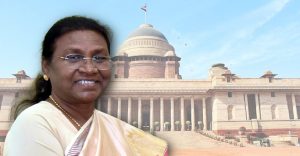 Murmu said that she started her journey of life from a small tribal village in Odisha in the eastern part of the country. From the background that she came from, it was like a dream for her to get elementary education, she said. Her election to the top constitutional post proves that in India, the poor can not only dream but also fulfill those aspirations, she added.
Murmu said that she started her journey of life from a small tribal village in Odisha in the eastern part of the country. From the background that she came from, it was like a dream for her to get elementary education, she said. Her election to the top constitutional post proves that in India, the poor can not only dream but also fulfill those aspirations, she added. 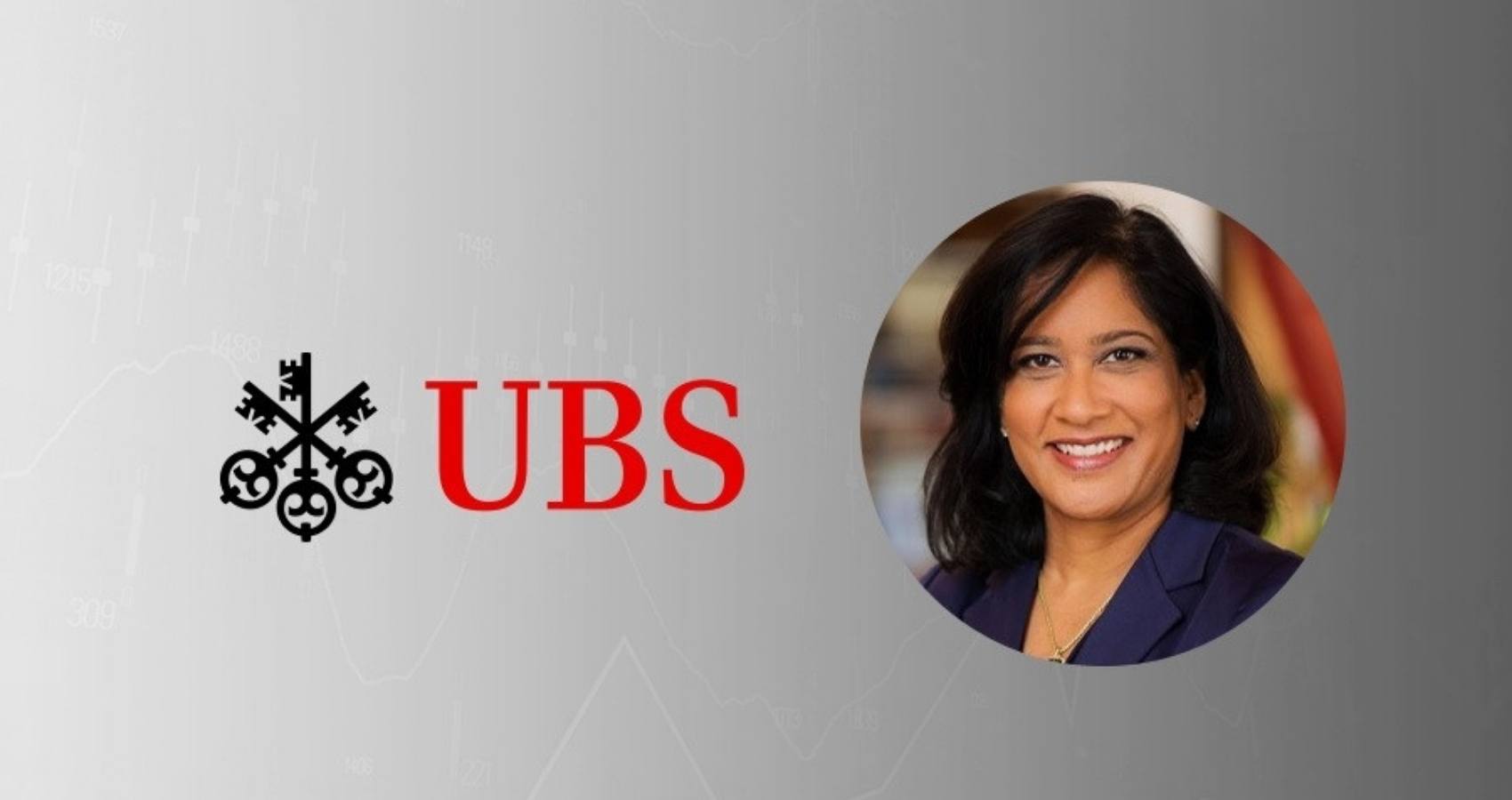

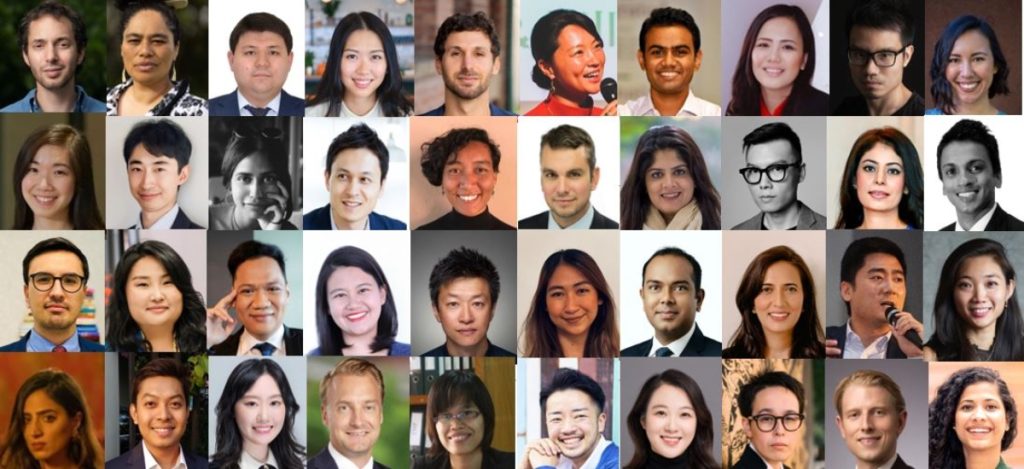 “Drawing on their personal expertise and leveraging the collective power of the Asia 21 network, the class of 2022 will actively contribute in shaping a more peaceful, prosperous, and secure future for all,” said Asia Society President and CEO Kevin Rudd. “We are delighted to play our part in connecting individuals who share common values and desire to make this world a better place.”
“Drawing on their personal expertise and leveraging the collective power of the Asia 21 network, the class of 2022 will actively contribute in shaping a more peaceful, prosperous, and secure future for all,” said Asia Society President and CEO Kevin Rudd. “We are delighted to play our part in connecting individuals who share common values and desire to make this world a better place.”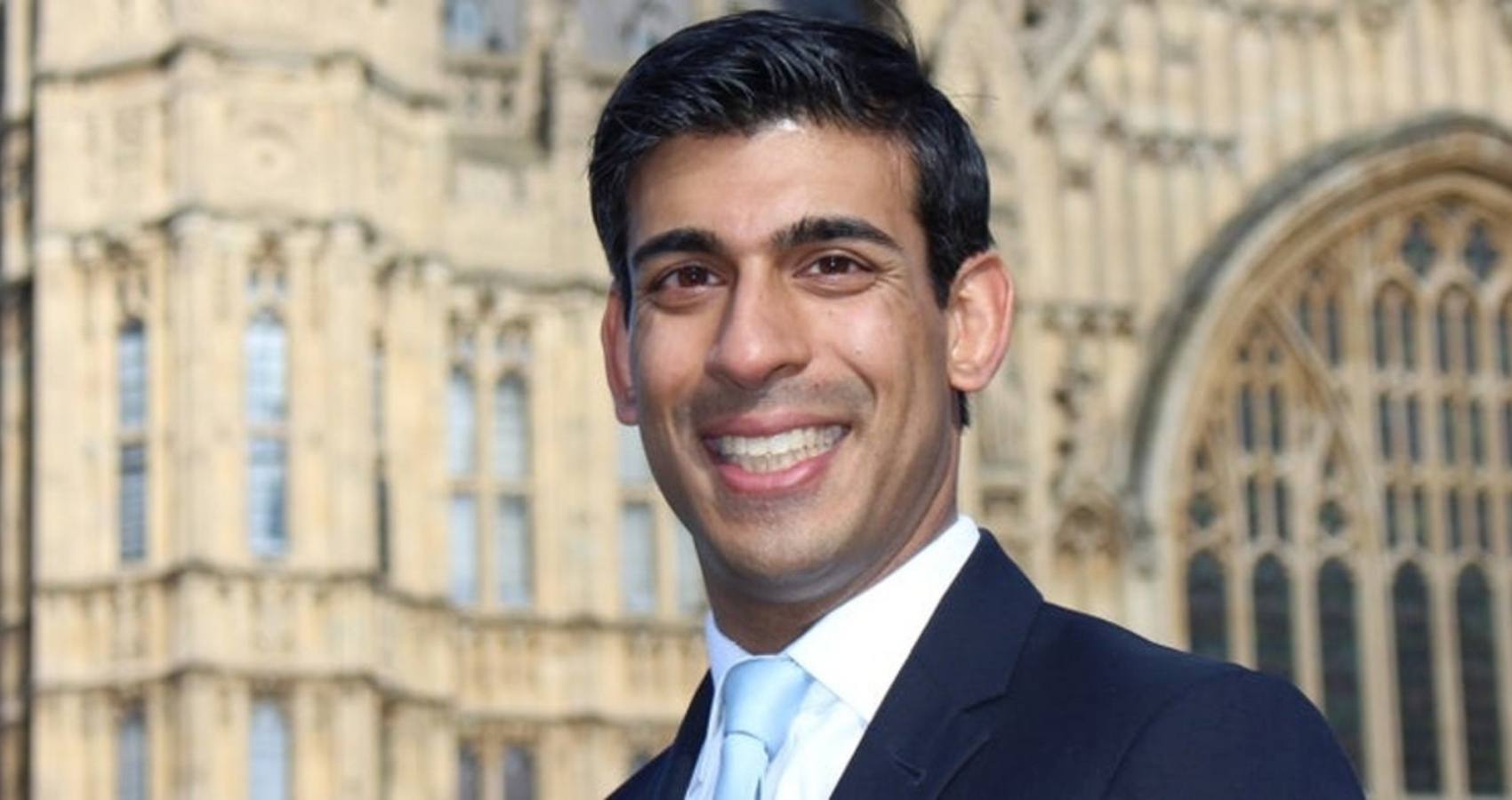
 Rishi Sunak, UK’s former Chancellor of the Exchequer, or Finance Minister, whose sudden resignation set in motion the circumstances that forced an intransigent Johnson to finally bow out, has emerged the main contender at the end of two rounds of voting by the 358 Conservative MPs.
Rishi Sunak, UK’s former Chancellor of the Exchequer, or Finance Minister, whose sudden resignation set in motion the circumstances that forced an intransigent Johnson to finally bow out, has emerged the main contender at the end of two rounds of voting by the 358 Conservative MPs.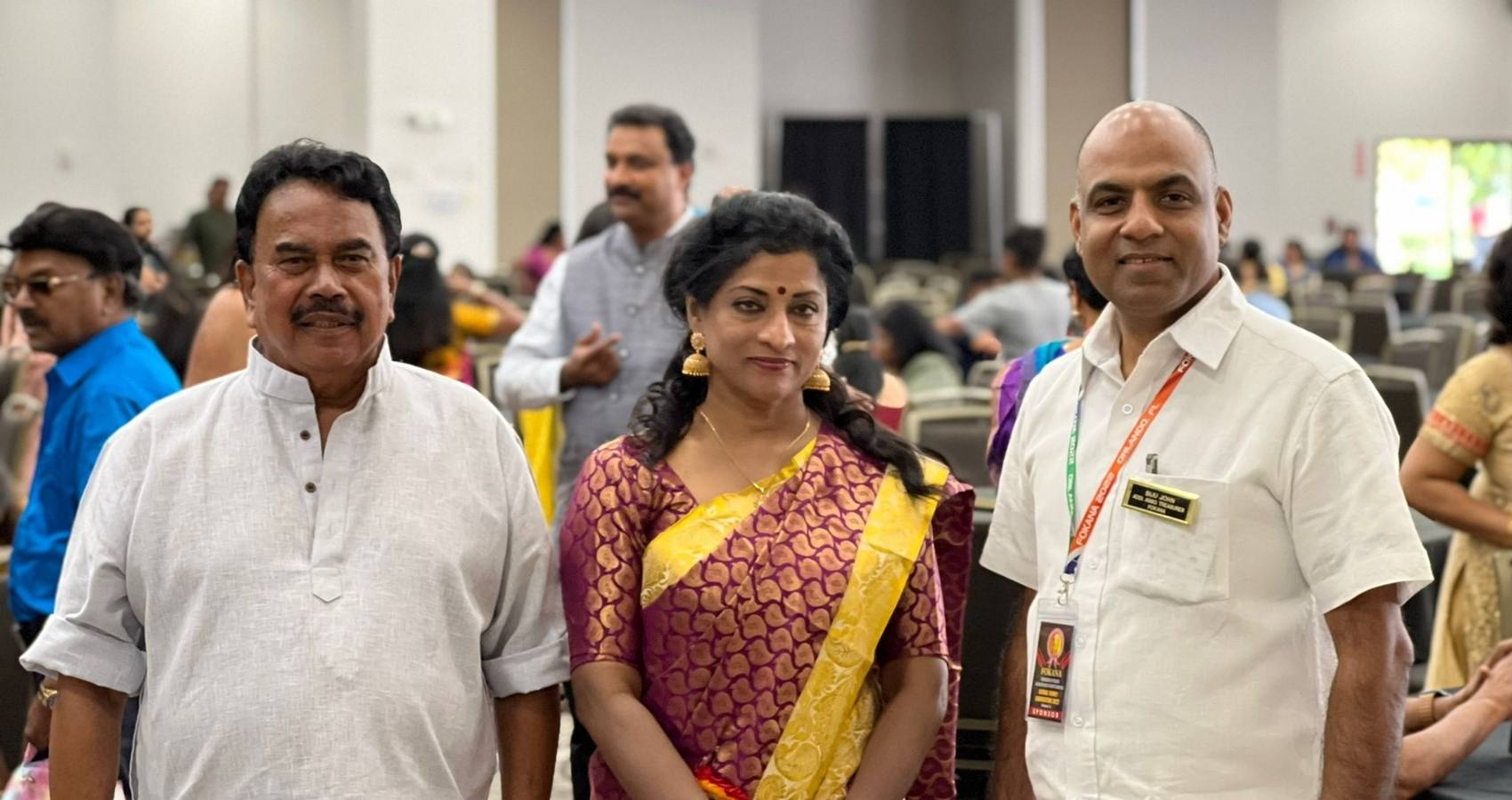
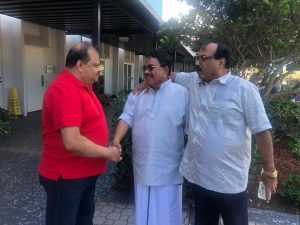 An accomplished organizer, outstanding businessman, journalist and political activist, Dr. Babu Stephen is quite well-known among the Indian American community for his social volunteering activities and organizational abilities.
An accomplished organizer, outstanding businessman, journalist and political activist, Dr. Babu Stephen is quite well-known among the Indian American community for his social volunteering activities and organizational abilities. 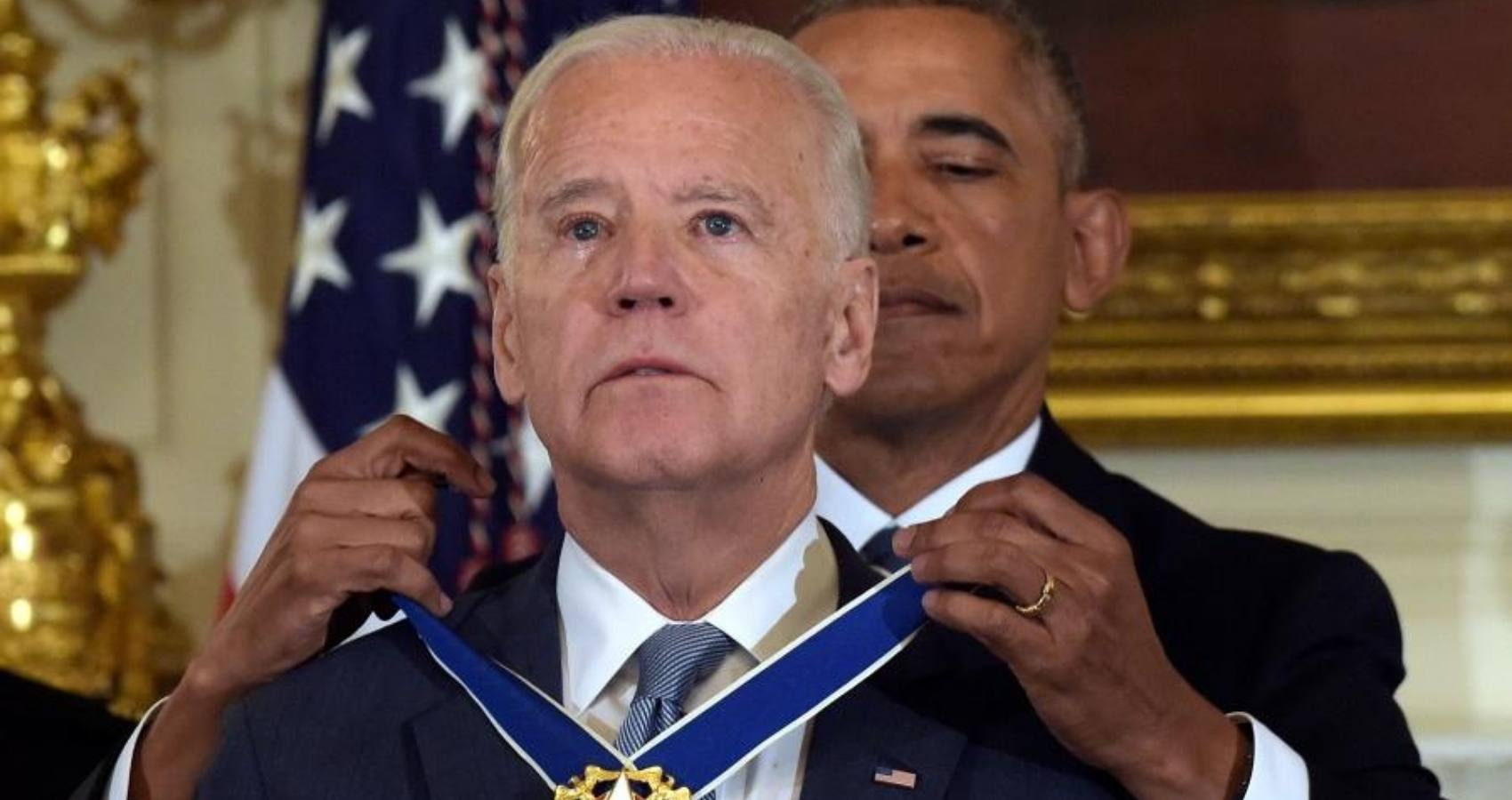
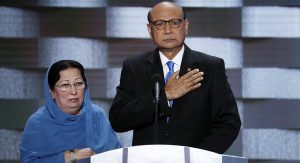 The honorees who’ll receive medals from Biden “have overcome significant obstacles to achieve impressive accomplishments in the arts and sciences, dedicated their lives to advocating for the most vulnerable among us, and acted with bravery to drive change in their communities, and across the world, while blazing trails for generations to come,” the White House said.
The honorees who’ll receive medals from Biden “have overcome significant obstacles to achieve impressive accomplishments in the arts and sciences, dedicated their lives to advocating for the most vulnerable among us, and acted with bravery to drive change in their communities, and across the world, while blazing trails for generations to come,” the White House said.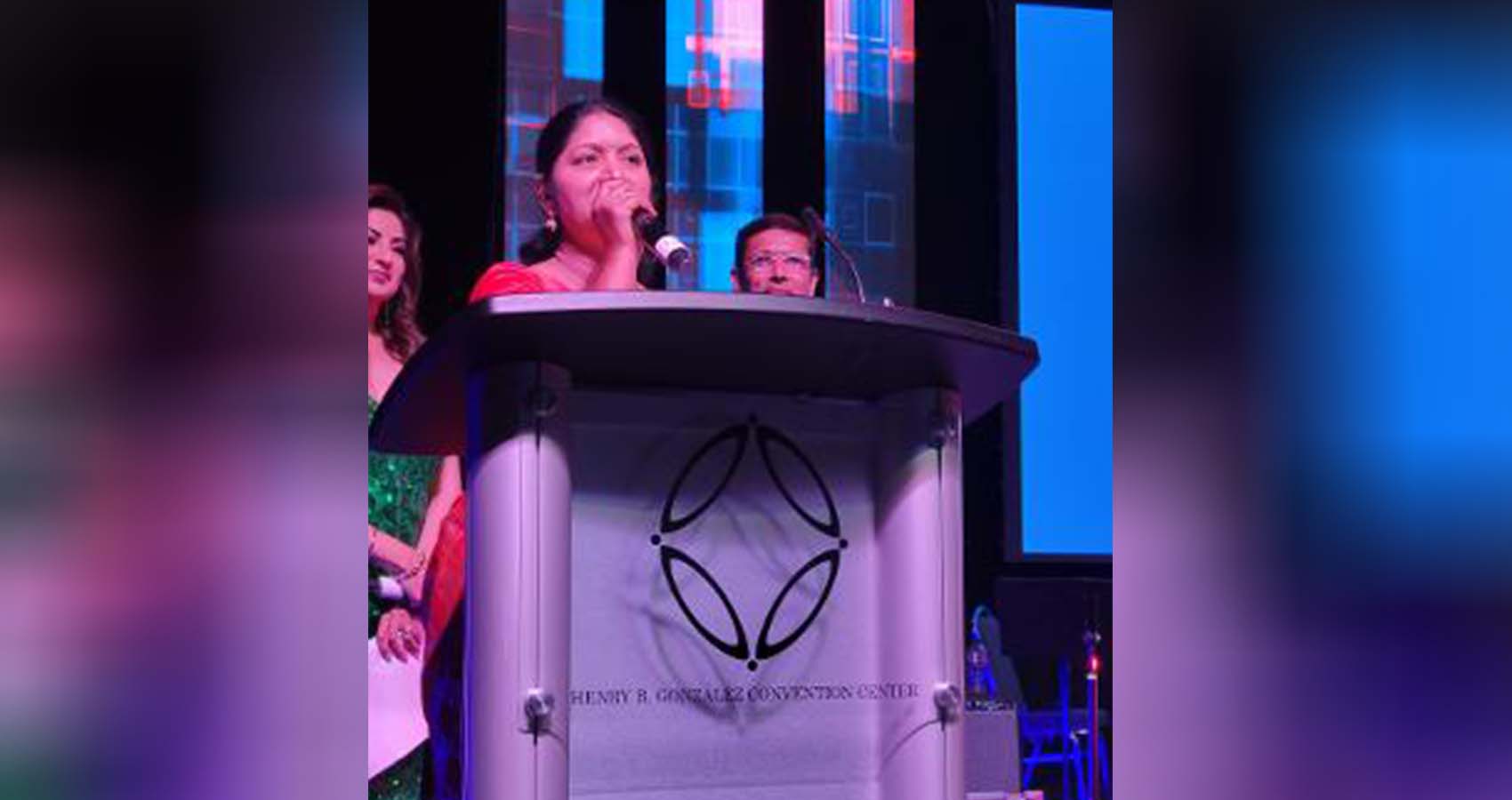
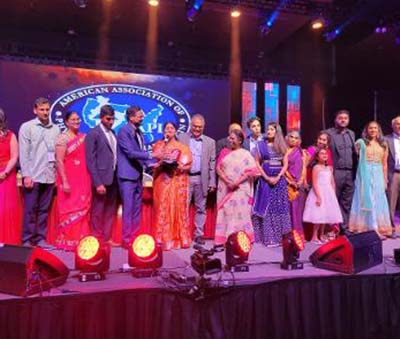 During a solemn ceremony, she handed over the presidency to Dr. Ravi Kolli as the next President of AAPI, the largest Ethnic Medical Organization in the United States, representing over 120,,000 physicians of Indian Origin, who have grown stronger and have become a powerful force and stronger voice in the United States making a unique identity for themselves. Dr. Gotimukula gave the gavel to Dr. Ravi Kolli during the presidential induction ceremony attended by over 1,000 AAPI delegates and distinguished guests.
During a solemn ceremony, she handed over the presidency to Dr. Ravi Kolli as the next President of AAPI, the largest Ethnic Medical Organization in the United States, representing over 120,,000 physicians of Indian Origin, who have grown stronger and have become a powerful force and stronger voice in the United States making a unique identity for themselves. Dr. Gotimukula gave the gavel to Dr. Ravi Kolli during the presidential induction ceremony attended by over 1,000 AAPI delegates and distinguished guests.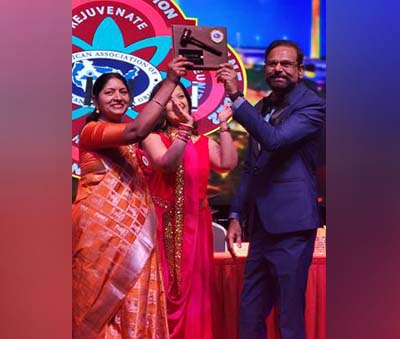 “Latte with Legislators” has been a new and pioneering program under Dr. Gotimukula’s leadership. Senator Dick Durbin, the High Ranking Senator from Illinois along with Rep. Mary Newman, Rep. Raja Krishnamoorthy, Rep. Danny Davis, Rep. Don Young, Rep. Alma Adams, and Rep. Frank Pallone addressed the AAPI members exclusively and answered questions on healthcare reforms and ways to make healthcare affordable, addressing the Medicare payment cuts for physicians, IMG issues of Green Card Backlogs, etc. Dr. Suresh Reddy and Dr. Sumul Raval organized these productive sessions for members.
“Latte with Legislators” has been a new and pioneering program under Dr. Gotimukula’s leadership. Senator Dick Durbin, the High Ranking Senator from Illinois along with Rep. Mary Newman, Rep. Raja Krishnamoorthy, Rep. Danny Davis, Rep. Don Young, Rep. Alma Adams, and Rep. Frank Pallone addressed the AAPI members exclusively and answered questions on healthcare reforms and ways to make healthcare affordable, addressing the Medicare payment cuts for physicians, IMG issues of Green Card Backlogs, etc. Dr. Suresh Reddy and Dr. Sumul Raval organized these productive sessions for members.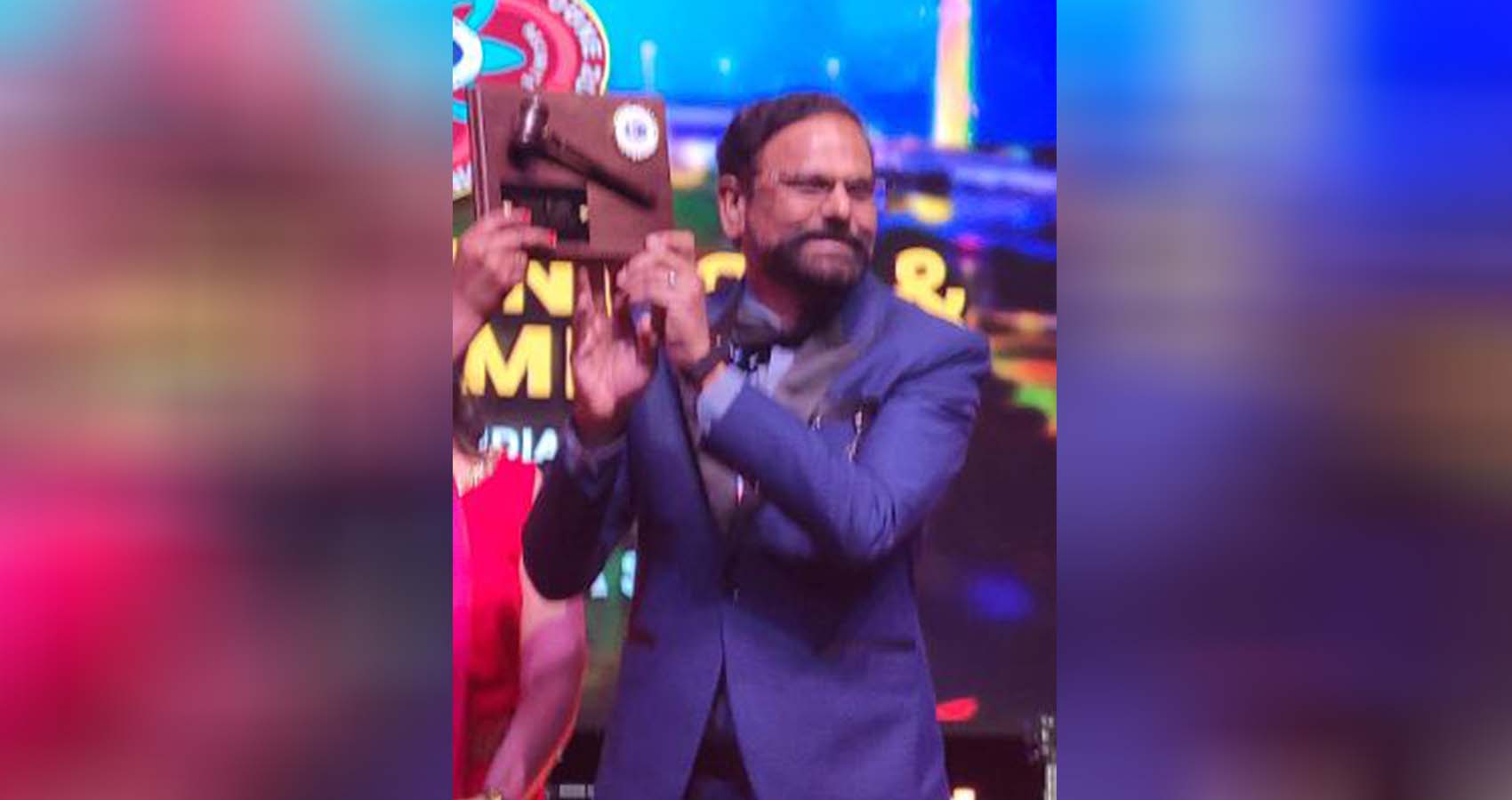
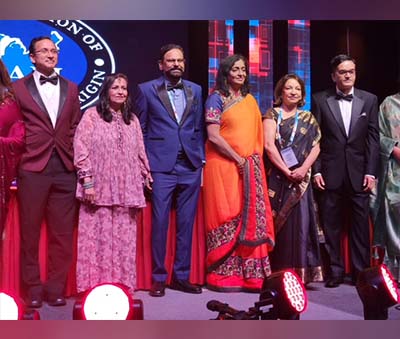 Dr. Ravi Kolli, a Board-Certified Psychiatrist with specializations in Addiction, Geriatrics, and Forensic Psychiatry, serving as the Psychiatric Medical Director of Southwestern Pennsylvania Human Services, was a Clinical Assistant Professor of Psychiatry at the University of Pittsburgh and West Virginia University. Dr. Kolli has over four decades of experience in the healthcare field. He graduated from Rangaraya Medical College, NTR University of Health Sciences Medical School in 1981. He is affiliated with medical facilities at the Washington Health System Greene and Washington Hospital.
Dr. Ravi Kolli, a Board-Certified Psychiatrist with specializations in Addiction, Geriatrics, and Forensic Psychiatry, serving as the Psychiatric Medical Director of Southwestern Pennsylvania Human Services, was a Clinical Assistant Professor of Psychiatry at the University of Pittsburgh and West Virginia University. Dr. Kolli has over four decades of experience in the healthcare field. He graduated from Rangaraya Medical College, NTR University of Health Sciences Medical School in 1981. He is affiliated with medical facilities at the Washington Health System Greene and Washington Hospital.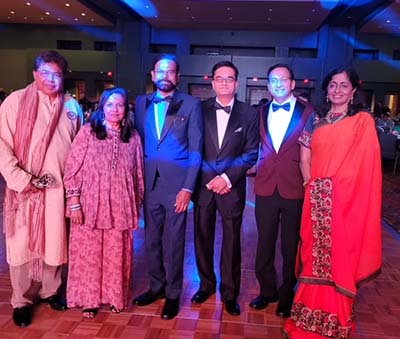 Recognizing that this new role as the President of AAPI comes with greater role to serve the members and the larger society with diligence, Dr. Kolli quoted the “ancient as well as eternal facts and values: Uncle Ben’s advice to Peter Parker “With great power comes great responsibility,” and quoting the Bible, “To whomever much is given, of him will much be required; and to whom much was entrusted, of him more will be asked.” Our Dharma says “Karmanye Vadika raste mapaleshu Kadachana.”
Recognizing that this new role as the President of AAPI comes with greater role to serve the members and the larger society with diligence, Dr. Kolli quoted the “ancient as well as eternal facts and values: Uncle Ben’s advice to Peter Parker “With great power comes great responsibility,” and quoting the Bible, “To whomever much is given, of him will much be required; and to whom much was entrusted, of him more will be asked.” Our Dharma says “Karmanye Vadika raste mapaleshu Kadachana.”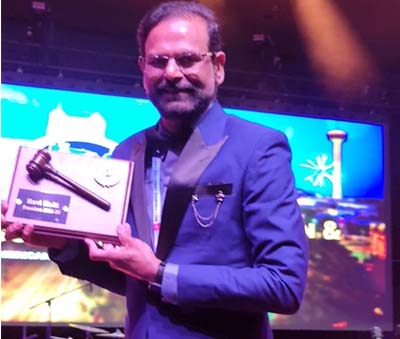 Recalling how his association with AAPI and leadership responsibilities started in Pittsburgh with the TAPI team a couple of decades ago, Dr. Kolli said, “It has been an exciting experience as well as an enriching one, as I traveled all over the USA attending the events of many chapters of our AAPI and had the privilege of meeting so many brilliant and wonderful leaders and members of AAPI across the length and breadth of this great and beautiful country. I thank all my friends, colleagues, leaders and mentors for your constant love and encouragement. I could not have been here without you.”
Recalling how his association with AAPI and leadership responsibilities started in Pittsburgh with the TAPI team a couple of decades ago, Dr. Kolli said, “It has been an exciting experience as well as an enriching one, as I traveled all over the USA attending the events of many chapters of our AAPI and had the privilege of meeting so many brilliant and wonderful leaders and members of AAPI across the length and breadth of this great and beautiful country. I thank all my friends, colleagues, leaders and mentors for your constant love and encouragement. I could not have been here without you.”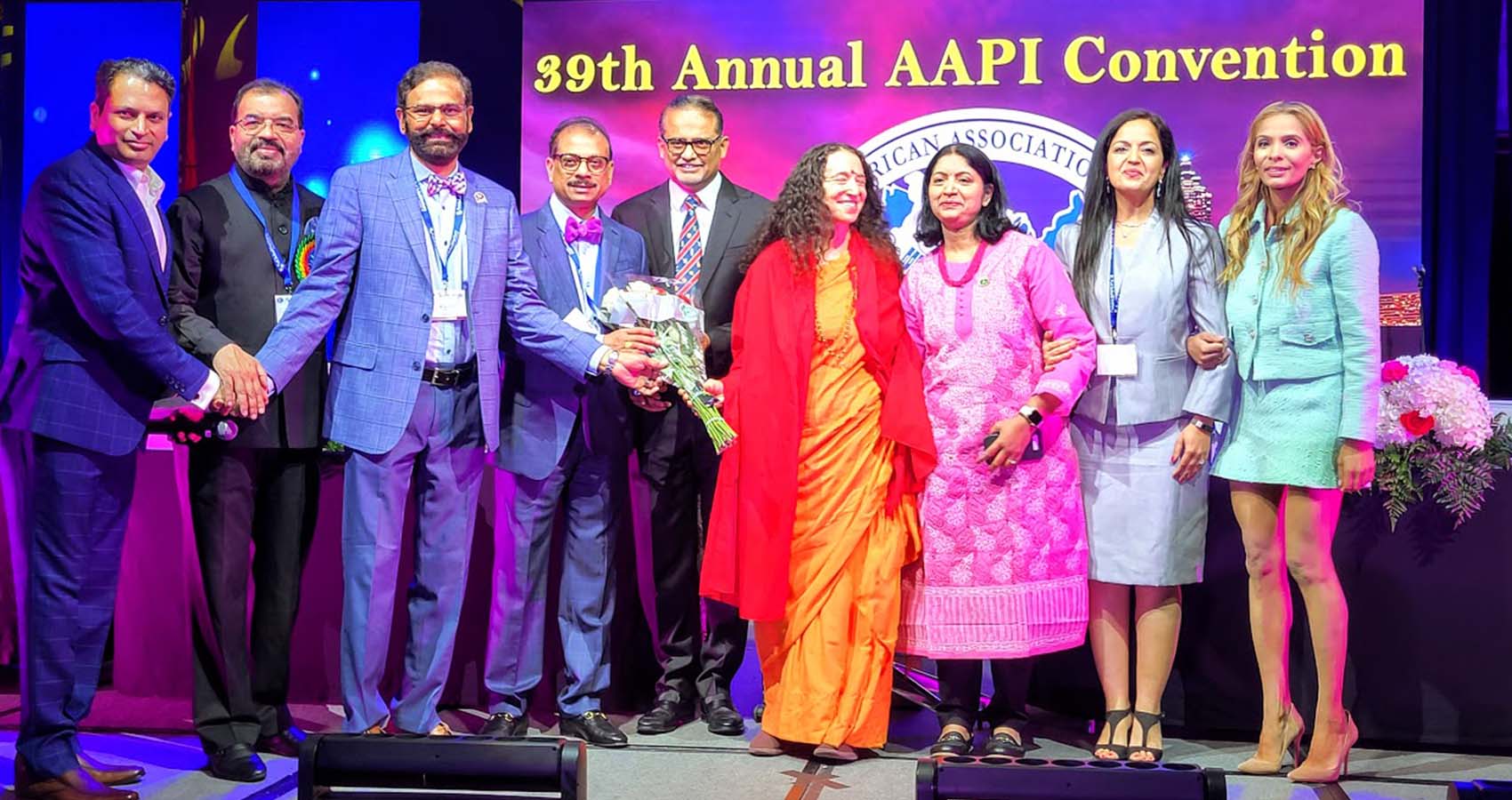
 Dr. Kolli understands the importance of assuming charge as the President of AAPI, “a very prestigious, dedicated, and powerful organization, representing over 120,000 physicians of Indian origin, with an active membership of at least 14,000 life members and in addition to the members of the more than 120 local chapters, chapters of Alumni and Specialty associations across the nation. Being a leader of this organization is a great honor and responsibility,” Dr. Kolli says, “With great power comes to a greater responsibility as well” and believes that “To whomever much is given, of him will much be required; and to whom much was entrusted, of him more will be asked.”
Dr. Kolli understands the importance of assuming charge as the President of AAPI, “a very prestigious, dedicated, and powerful organization, representing over 120,000 physicians of Indian origin, with an active membership of at least 14,000 life members and in addition to the members of the more than 120 local chapters, chapters of Alumni and Specialty associations across the nation. Being a leader of this organization is a great honor and responsibility,” Dr. Kolli says, “With great power comes to a greater responsibility as well” and believes that “To whomever much is given, of him will much be required; and to whom much was entrusted, of him more will be asked.” Empowering physicians as the leaders in the delivery of evidence-based health care by engaging with policymakers, governmental agencies at all levels and the private sector is a major area where Dr. Kolli wants to direct the efforts for AAPI. Some of the other areas, he wants AAPI to focus on under his leadership include: Connect with the next generation physicians for their participation in all areas of organizational leadership and activities; Advocate for expediting the GC Backlog for physicians through legislation; Promotion of mental health awareness, tackling mental illness, substance abuse and suicide devastating the nation; Planning International Medical Missions with our AAPI physicians to serve communities globally.
Empowering physicians as the leaders in the delivery of evidence-based health care by engaging with policymakers, governmental agencies at all levels and the private sector is a major area where Dr. Kolli wants to direct the efforts for AAPI. Some of the other areas, he wants AAPI to focus on under his leadership include: Connect with the next generation physicians for their participation in all areas of organizational leadership and activities; Advocate for expediting the GC Backlog for physicians through legislation; Promotion of mental health awareness, tackling mental illness, substance abuse and suicide devastating the nation; Planning International Medical Missions with our AAPI physicians to serve communities globally. Growing up in a family where his dad was a state government official in the Andhra Pradesh state transportation department, Dr. Kolli and his family traveled from place to place every three years with the transfer of his dad, which was a huge challenge. However, “That gave me a wider and unique perspective on life, with the opportunity to meet new people, in new places and environments. It was an enriching experience in some ways and though we didn’t have any roots in one place, we had a wider network of friends and associates all around the state.”
Growing up in a family where his dad was a state government official in the Andhra Pradesh state transportation department, Dr. Kolli and his family traveled from place to place every three years with the transfer of his dad, which was a huge challenge. However, “That gave me a wider and unique perspective on life, with the opportunity to meet new people, in new places and environments. It was an enriching experience in some ways and though we didn’t have any roots in one place, we had a wider network of friends and associates all around the state.” “AAPI is very young, dynamic, and active,” Dr. Kolli says. “Every year nearly 500 -1000 new members are joining AAPI. My goal is to bring as many like-minded people as possible who are loyal and committed to AAPI goals and values, on one page, one theme, and on one track to solve the problems collectively. It is important for us not to stay apart and fall apart but come together and stand together and make AAPI strong.”
“AAPI is very young, dynamic, and active,” Dr. Kolli says. “Every year nearly 500 -1000 new members are joining AAPI. My goal is to bring as many like-minded people as possible who are loyal and committed to AAPI goals and values, on one page, one theme, and on one track to solve the problems collectively. It is important for us not to stay apart and fall apart but come together and stand together and make AAPI strong.” Despite his busy schedule, Dr. Kolli makes time available to play Rummy and socialize with three diverse groups of friends regularly for over a quarter-century. “We have a Kannada group of friends. I have a Telugu group of friends and a group of friends from all over India, from Himachal Pradesh, Punjab, Rajasthan, Gujarat, Maharashtra, Telangana, and Karnataka as well as other regions with whom I play cards on some weekends, which is great opportunity to connect, belong, socialize and relax.”
Despite his busy schedule, Dr. Kolli makes time available to play Rummy and socialize with three diverse groups of friends regularly for over a quarter-century. “We have a Kannada group of friends. I have a Telugu group of friends and a group of friends from all over India, from Himachal Pradesh, Punjab, Rajasthan, Gujarat, Maharashtra, Telangana, and Karnataka as well as other regions with whom I play cards on some weekends, which is great opportunity to connect, belong, socialize and relax.”
 The young beauty queens will come together on stage to celebrate Indian culture and traditions during the 75th anniversary of India’s Independence, after a weeklong intense practice with celebrity Bollywood choreographers Sandip Soparrkar and Aleysia Rau, New York City Tour and pre-contests.
The young beauty queens will come together on stage to celebrate Indian culture and traditions during the 75th anniversary of India’s Independence, after a weeklong intense practice with celebrity Bollywood choreographers Sandip Soparrkar and Aleysia Rau, New York City Tour and pre-contests.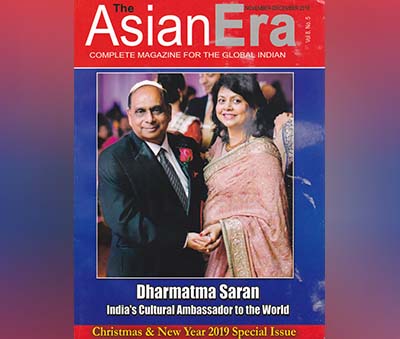 In line with other prestigious international pageants, IFC started staging Miss India Worldwide in various parts of the world. In 1997, the pageant was organized in Bombay to salute India on its 50th anniversary of Independence. In the year 1998, the pageant was organized, in associa¬tion with UTV International, in the exotic and beautiful city of Singapore, South Afrcia, Malyasia, UAE, Surinam and several other states in the US.
In line with other prestigious international pageants, IFC started staging Miss India Worldwide in various parts of the world. In 1997, the pageant was organized in Bombay to salute India on its 50th anniversary of Independence. In the year 1998, the pageant was organized, in associa¬tion with UTV International, in the exotic and beautiful city of Singapore, South Afrcia, Malyasia, UAE, Surinam and several other states in the US.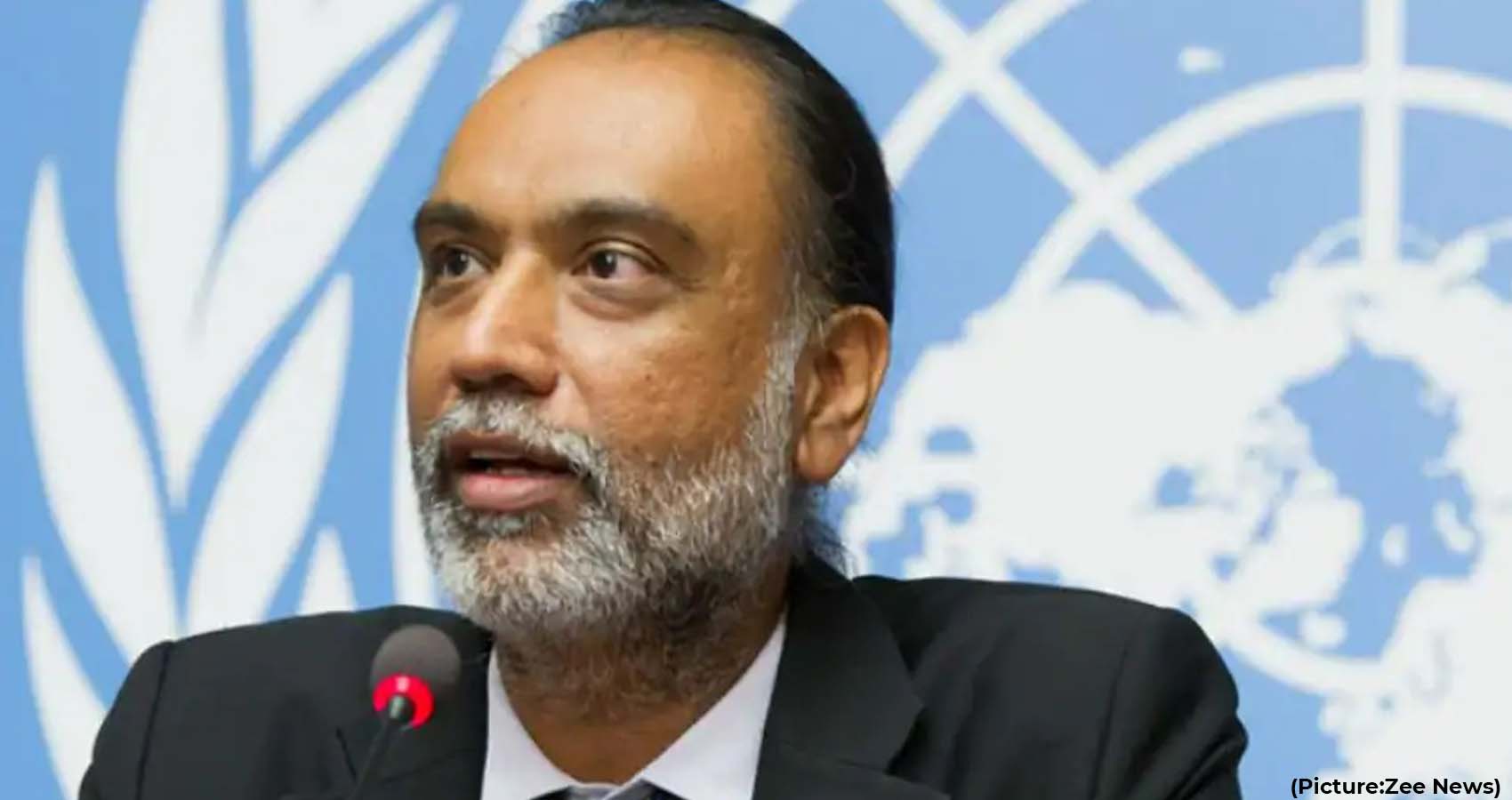
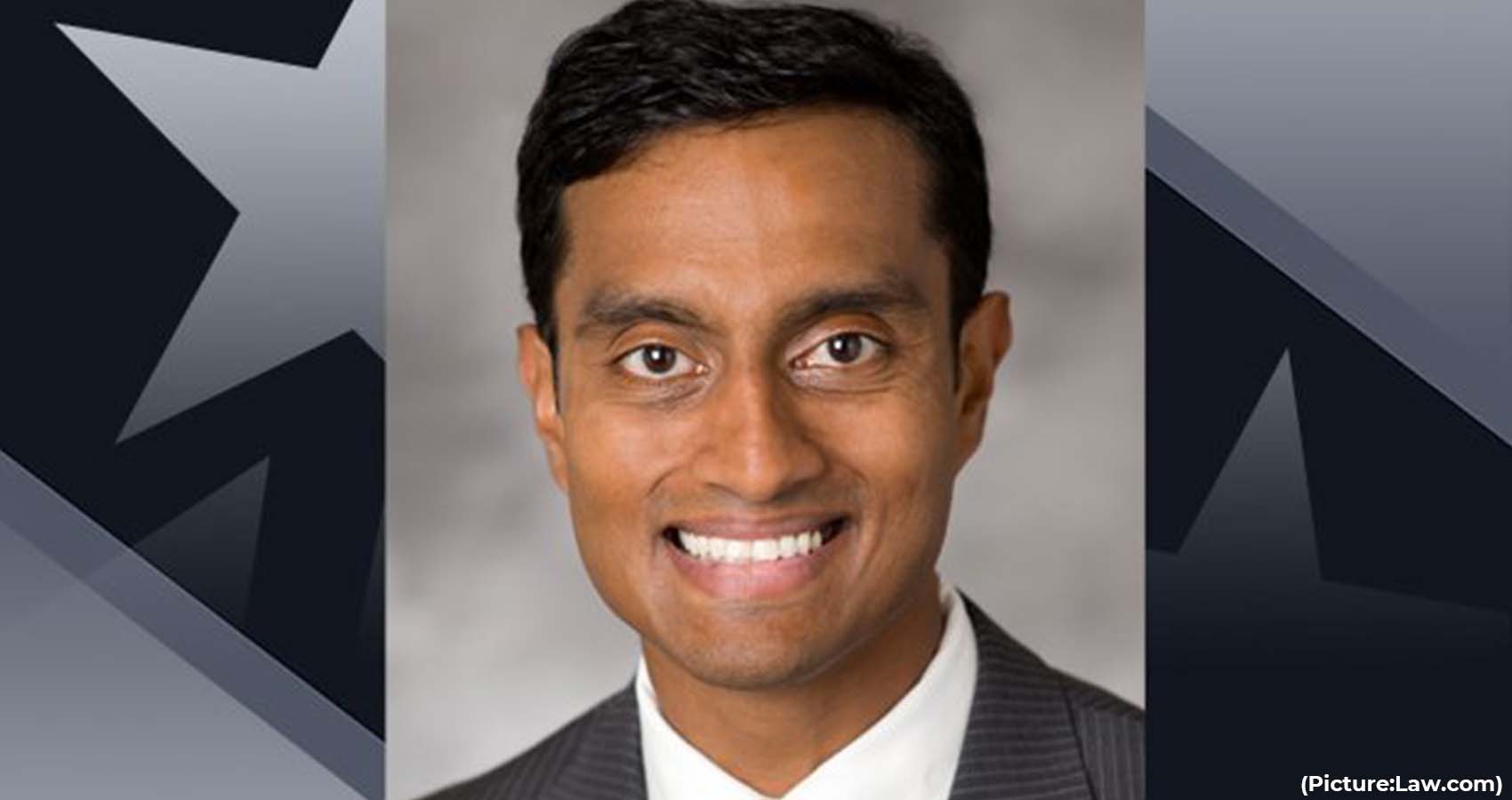
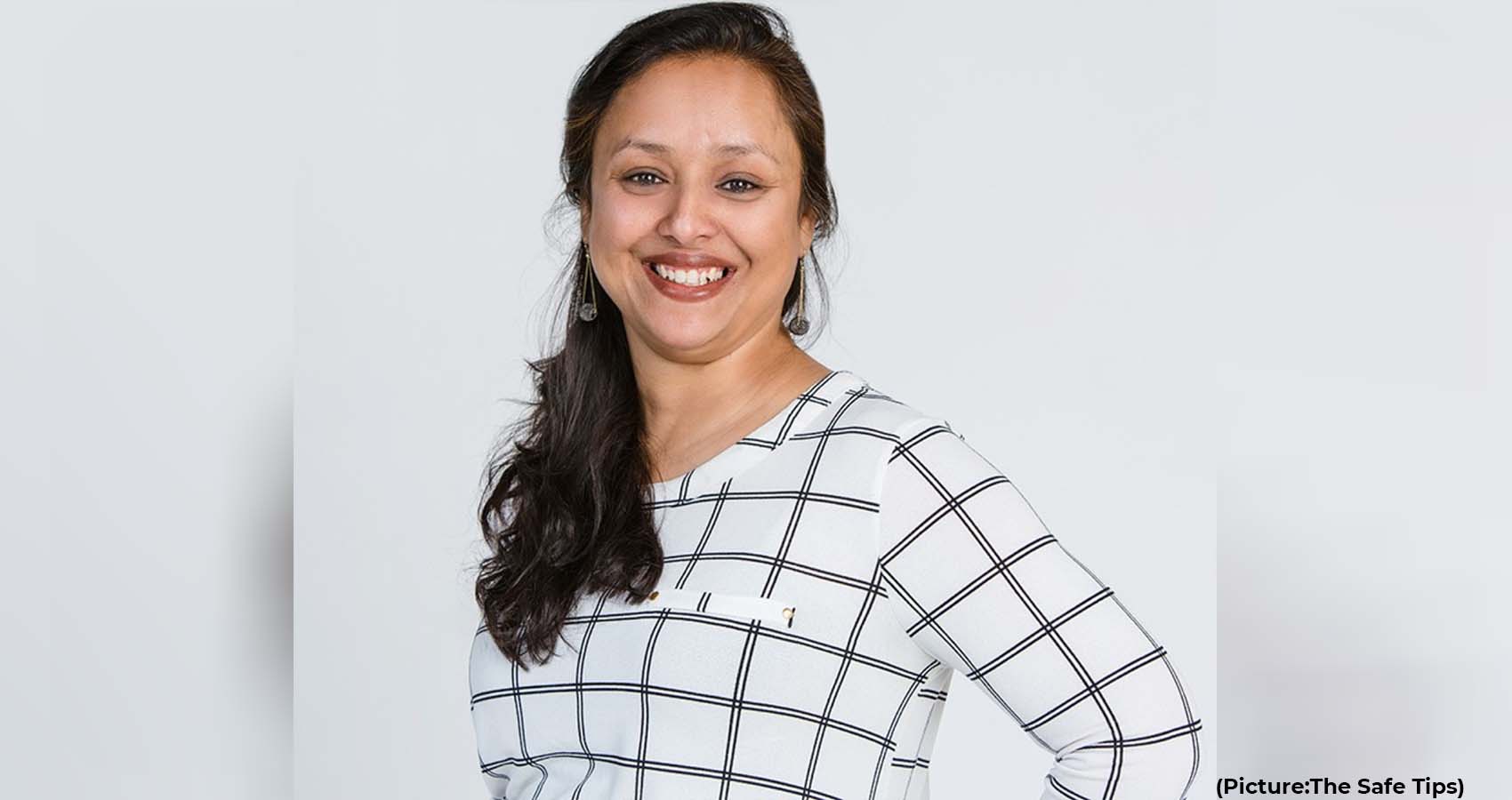
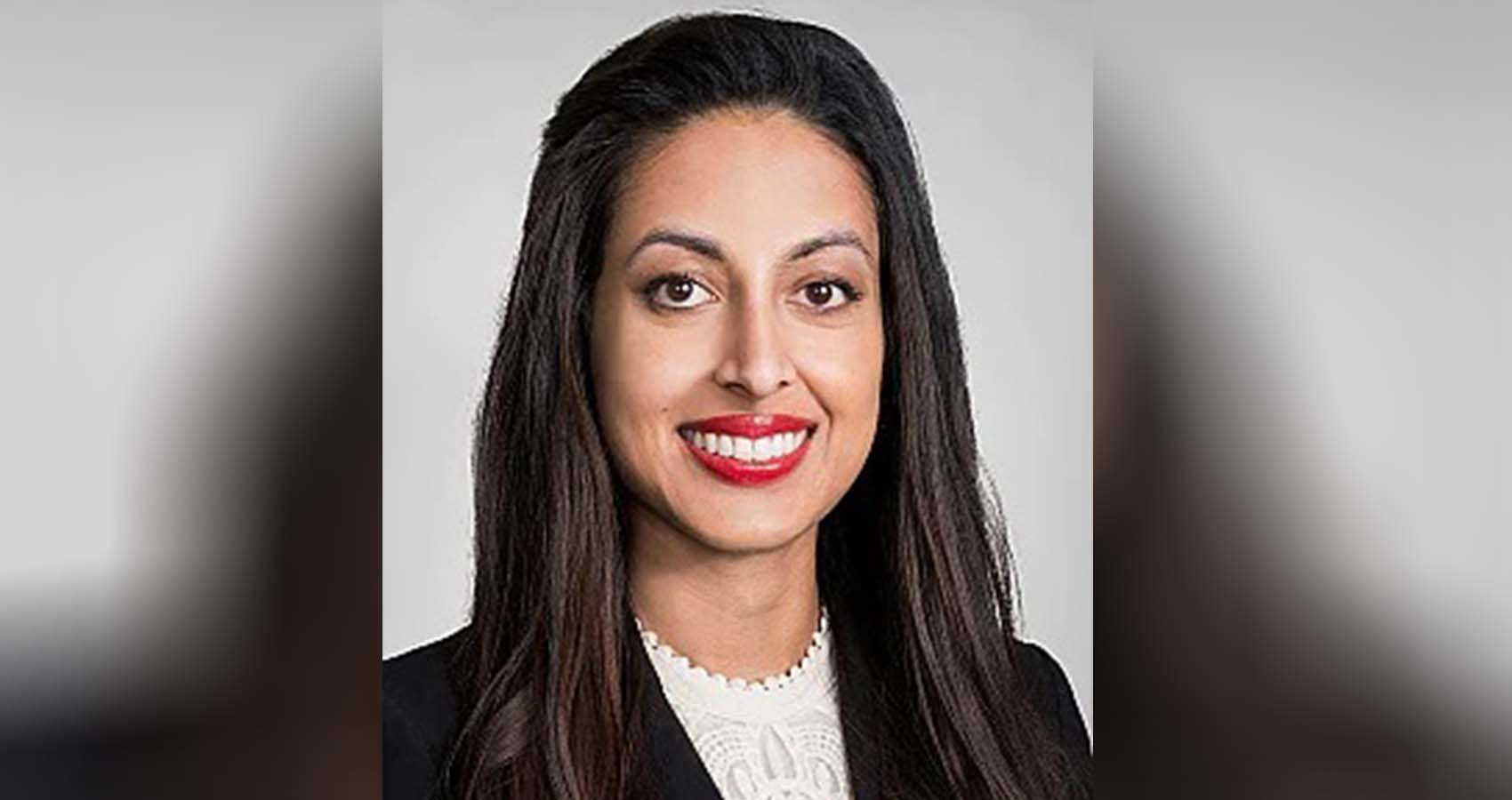

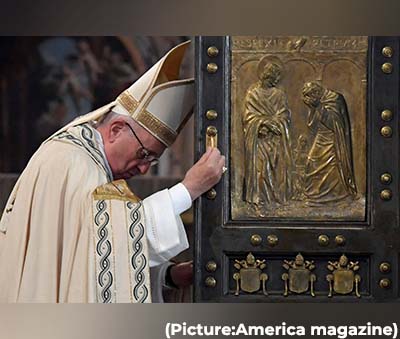 Notable was the timing: The Vatican and the rest of Italy are usually on holiday in August to mid-September, with all but essential business closed. Calling a major consistory in late August to create new cardinals, gathering churchmen for two days of talks on implementing his reform and making a symbolically significant pastoral visit suggests Francis might have out-of-the-ordinary business in mind.
Notable was the timing: The Vatican and the rest of Italy are usually on holiday in August to mid-September, with all but essential business closed. Calling a major consistory in late August to create new cardinals, gathering churchmen for two days of talks on implementing his reform and making a symbolically significant pastoral visit suggests Francis might have out-of-the-ordinary business in mind.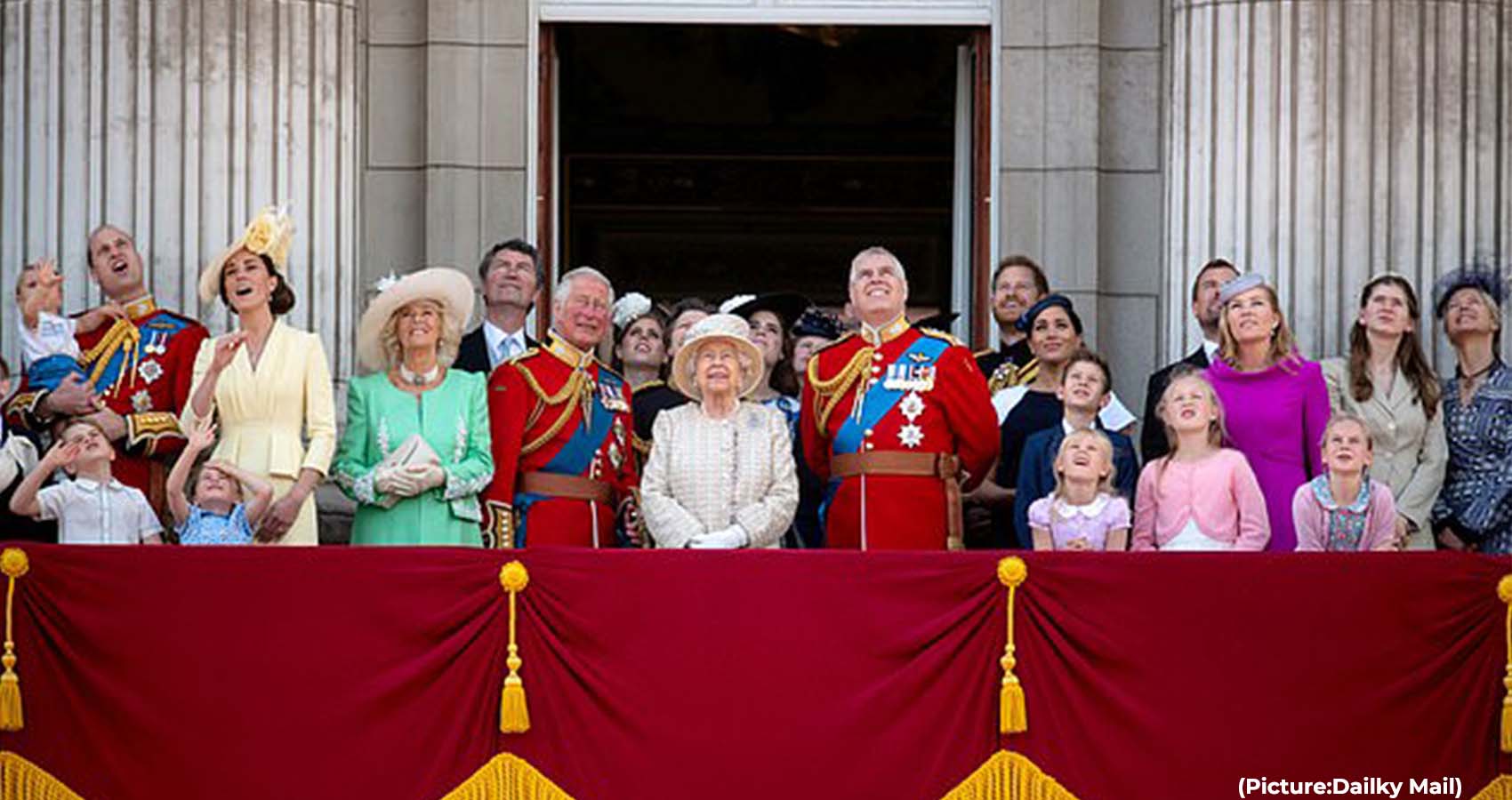
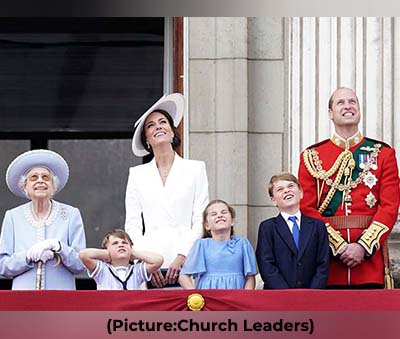 When Elizabeth came to the throne in 1952, Britain was still being rebuilt after the end of World War II and its heavy bombing campaigns; Winston Churchill was prime minister and the country still had an empire. The young queen’s coronation suggested a new era — as the millions of television sets purchased to watch the live broadcast of the ceremony from London’s Westminster Abbey signaled.
When Elizabeth came to the throne in 1952, Britain was still being rebuilt after the end of World War II and its heavy bombing campaigns; Winston Churchill was prime minister and the country still had an empire. The young queen’s coronation suggested a new era — as the millions of television sets purchased to watch the live broadcast of the ceremony from London’s Westminster Abbey signaled.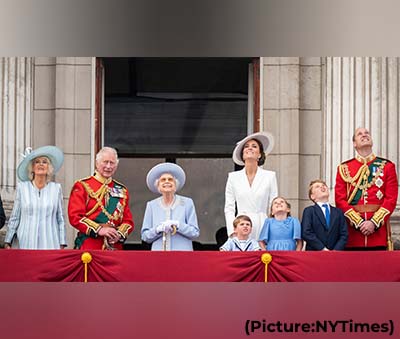 Today, the role of Supreme Governor indicates the British monarch retains a constitutional role regarding the established Church of England but does not govern or manage it. The modern Elizabeth has left that to the bishops, although she addresses general synods and has a role as a listener and guide to her primate, the Archbishop of Canterbury.
Today, the role of Supreme Governor indicates the British monarch retains a constitutional role regarding the established Church of England but does not govern or manage it. The modern Elizabeth has left that to the bishops, although she addresses general synods and has a role as a listener and guide to her primate, the Archbishop of Canterbury.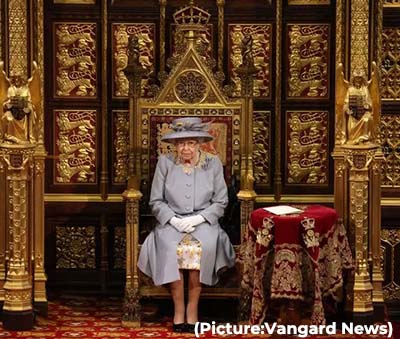 As she planned her coronation with dress fittings, selecting music and getting the crown jewels from their display in the Tower of London, there were also sessions with then-Archbishop of Canterbury Geoffrey Fisher, who provided her with a book of special prayers — a volume she keeps to this day among her most treasured possessions.
As she planned her coronation with dress fittings, selecting music and getting the crown jewels from their display in the Tower of London, there were also sessions with then-Archbishop of Canterbury Geoffrey Fisher, who provided her with a book of special prayers — a volume she keeps to this day among her most treasured possessions.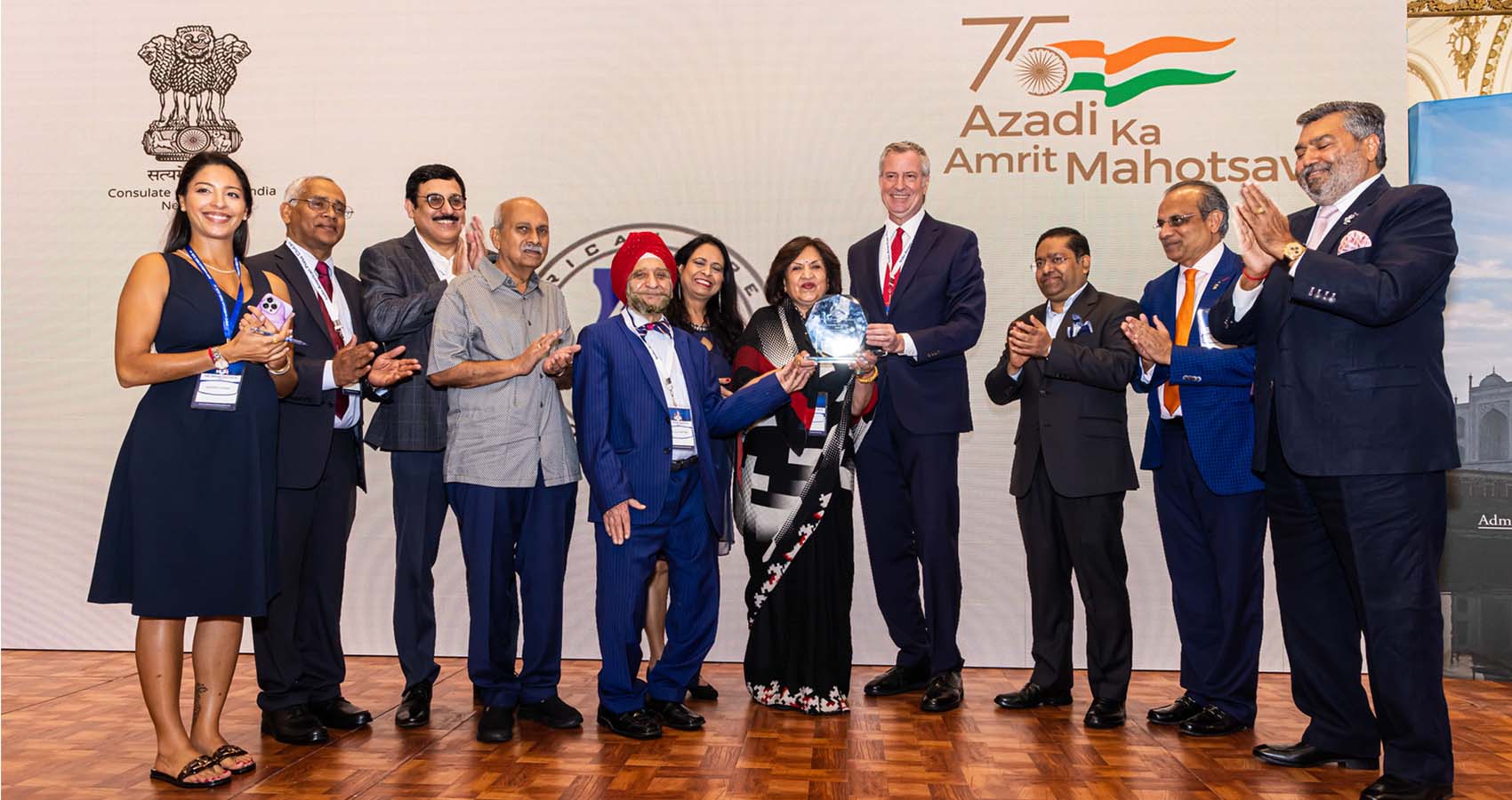
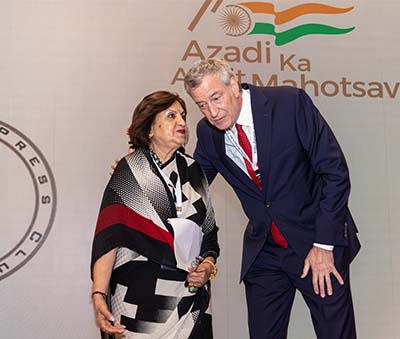 Calling her a “highly accomplished leader” Mayor Bill de Blasio praised her contributions to the larger American society and to the Indian American community. Mayor Bill de Blasio showered praises on Ms. Kwatra for taking up on herself a key role in his election campaign that no other individual has been able to do.
Calling her a “highly accomplished leader” Mayor Bill de Blasio praised her contributions to the larger American society and to the Indian American community. Mayor Bill de Blasio showered praises on Ms. Kwatra for taking up on herself a key role in his election campaign that no other individual has been able to do.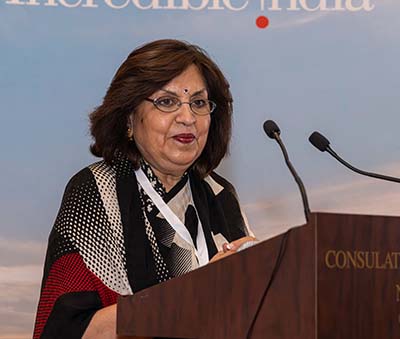 Ambassador Randhir Jaiswal, Consul General of India, who was the chief guest presented the award to the other awardees with the Lifetime Achievement Award, including Dr. Thomas Abraham, Dr. Sudhir Parikh, and Dr. Anupama Gotimukula, President of AAPI.
Ambassador Randhir Jaiswal, Consul General of India, who was the chief guest presented the award to the other awardees with the Lifetime Achievement Award, including Dr. Thomas Abraham, Dr. Sudhir Parikh, and Dr. Anupama Gotimukula, President of AAPI.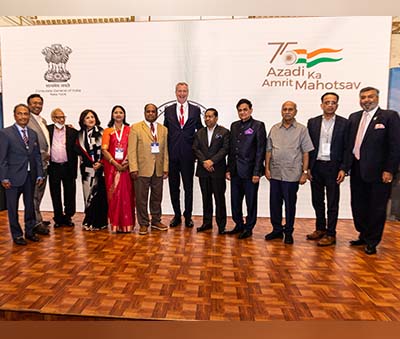 She called upon Media to play a very critical role, “especially in these challenging timers, as the world is faced with the once in a century health crisis with the ongoing pandemic. Organization such as the IAPC can play a major role in helping heal and unite the nation. Wishing you all the very best. Congratulations to all honorees today and best wishes to the new leadership of IAPC.”
She called upon Media to play a very critical role, “especially in these challenging timers, as the world is faced with the once in a century health crisis with the ongoing pandemic. Organization such as the IAPC can play a major role in helping heal and unite the nation. Wishing you all the very best. Congratulations to all honorees today and best wishes to the new leadership of IAPC.”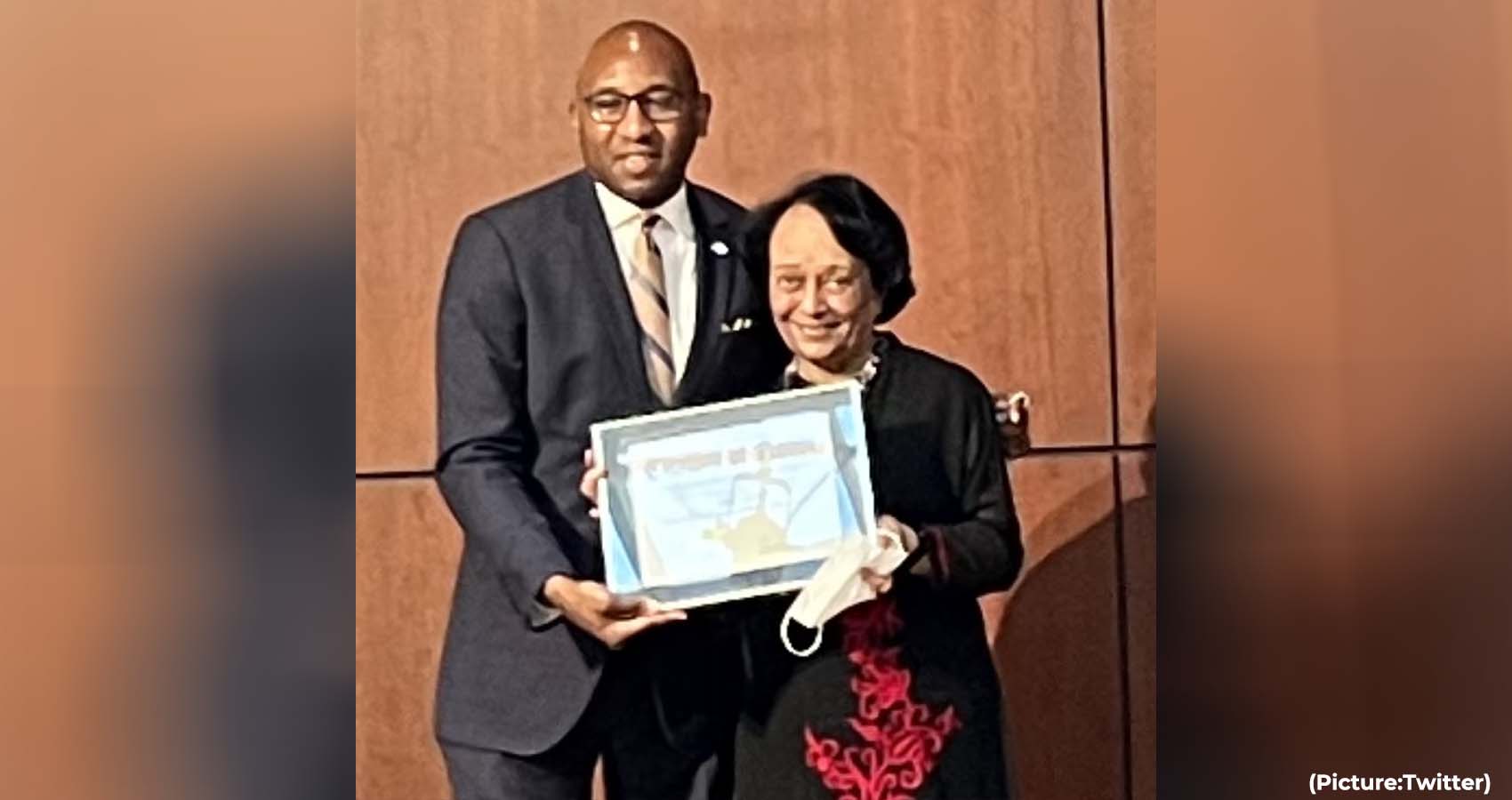
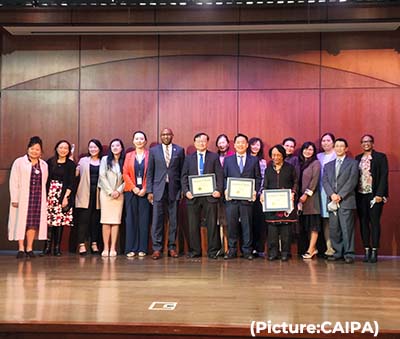 Acharya’s work has been recognized with many awards, including the Union Square Award, the India Abroad Gopal Raju Award for Community Service, and the Change Maker Award from Domestic Harmony Foundation. She has a Master’s Degree in English Literature and Financial Management.
Acharya’s work has been recognized with many awards, including the Union Square Award, the India Abroad Gopal Raju Award for Community Service, and the Change Maker Award from Domestic Harmony Foundation. She has a Master’s Degree in English Literature and Financial Management.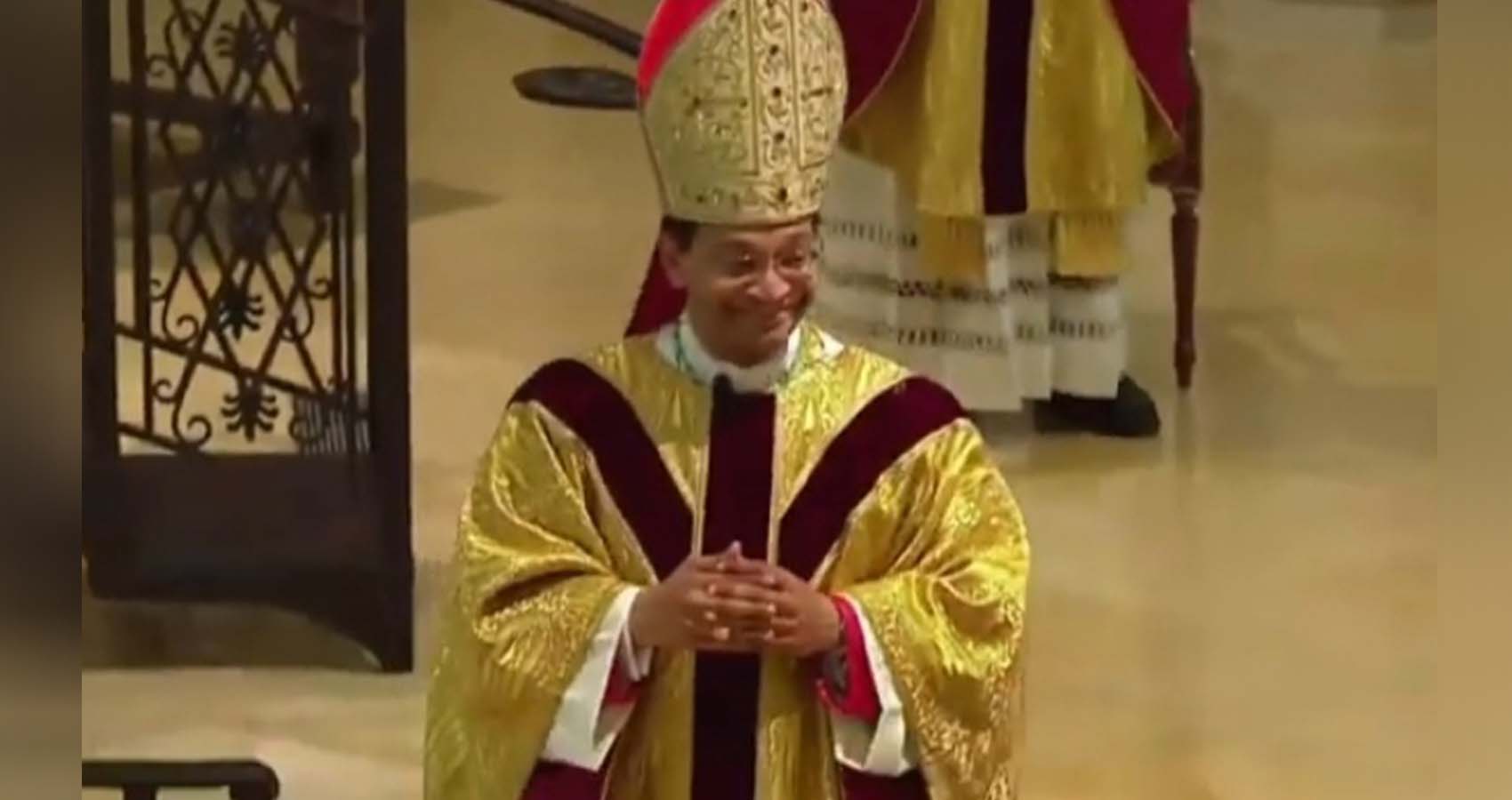
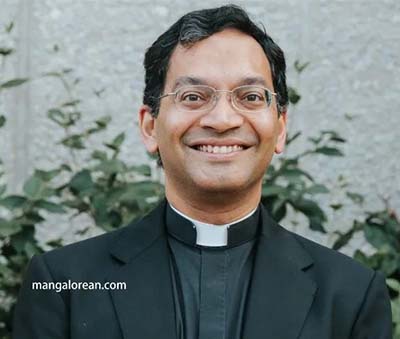 “I promise to work hard for you, to spill my blood for you,” he pledged. “But I bring to your attention that this year, in the Diocese of Columbus, there will be more bishops than priests ordained.
“I promise to work hard for you, to spill my blood for you,” he pledged. “But I bring to your attention that this year, in the Diocese of Columbus, there will be more bishops than priests ordained.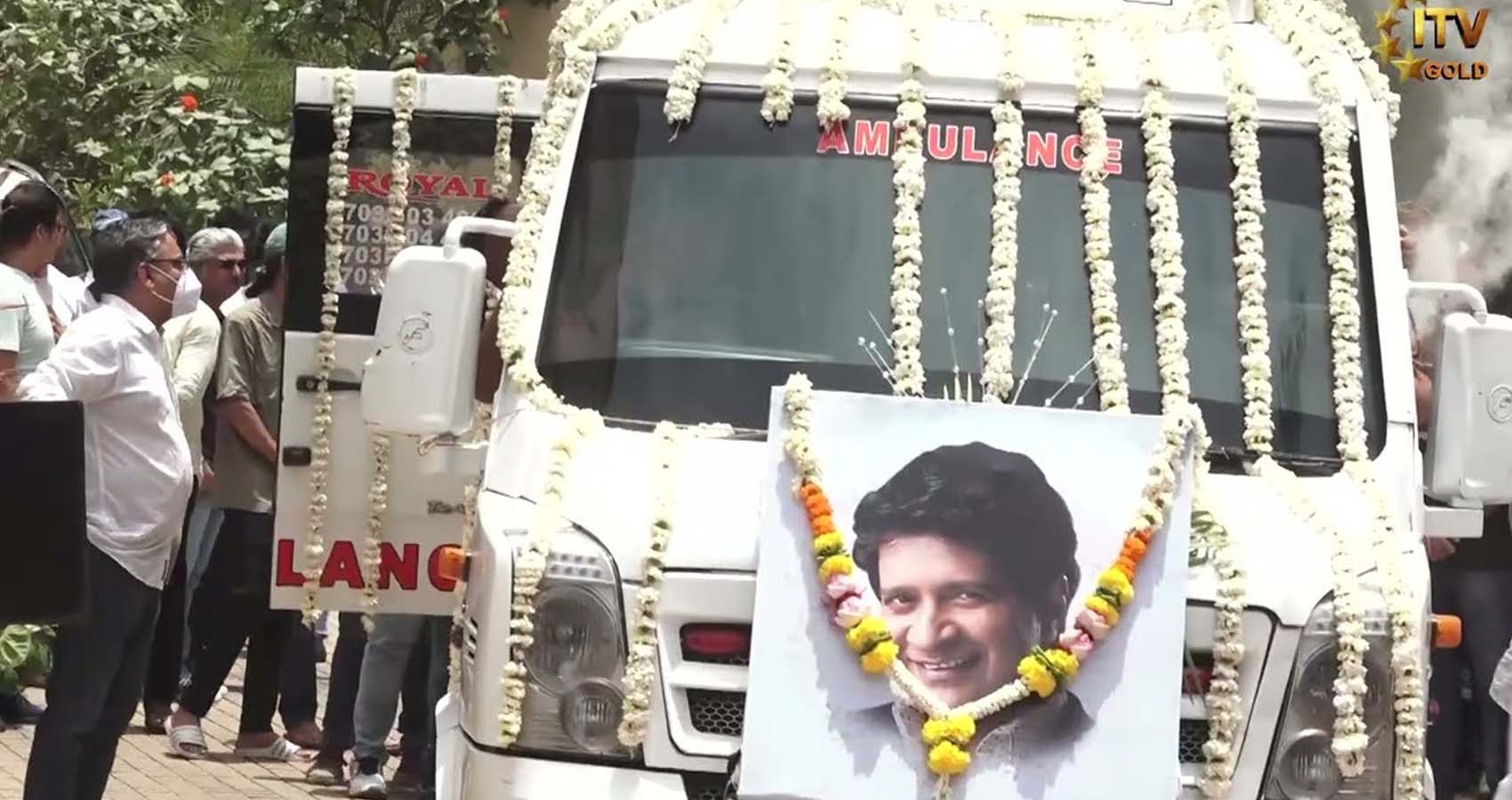
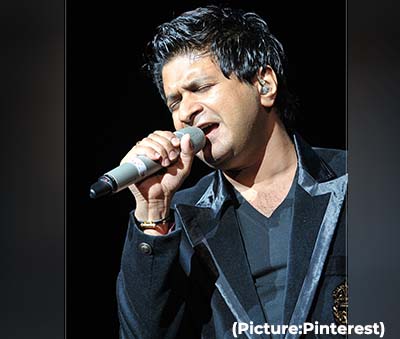 KK was performing at Kolkata’s Nazrul Mancha for Shri Gurudas Mahavidhyalaya’s college-fest Utkarsh 2022. The singer was obviously uncomfortable during the later part of the show, complaining of perspiration and showing obvious discomfort. He then went to his hotel room but complained of uneasiness in his chest.
KK was performing at Kolkata’s Nazrul Mancha for Shri Gurudas Mahavidhyalaya’s college-fest Utkarsh 2022. The singer was obviously uncomfortable during the later part of the show, complaining of perspiration and showing obvious discomfort. He then went to his hotel room but complained of uneasiness in his chest.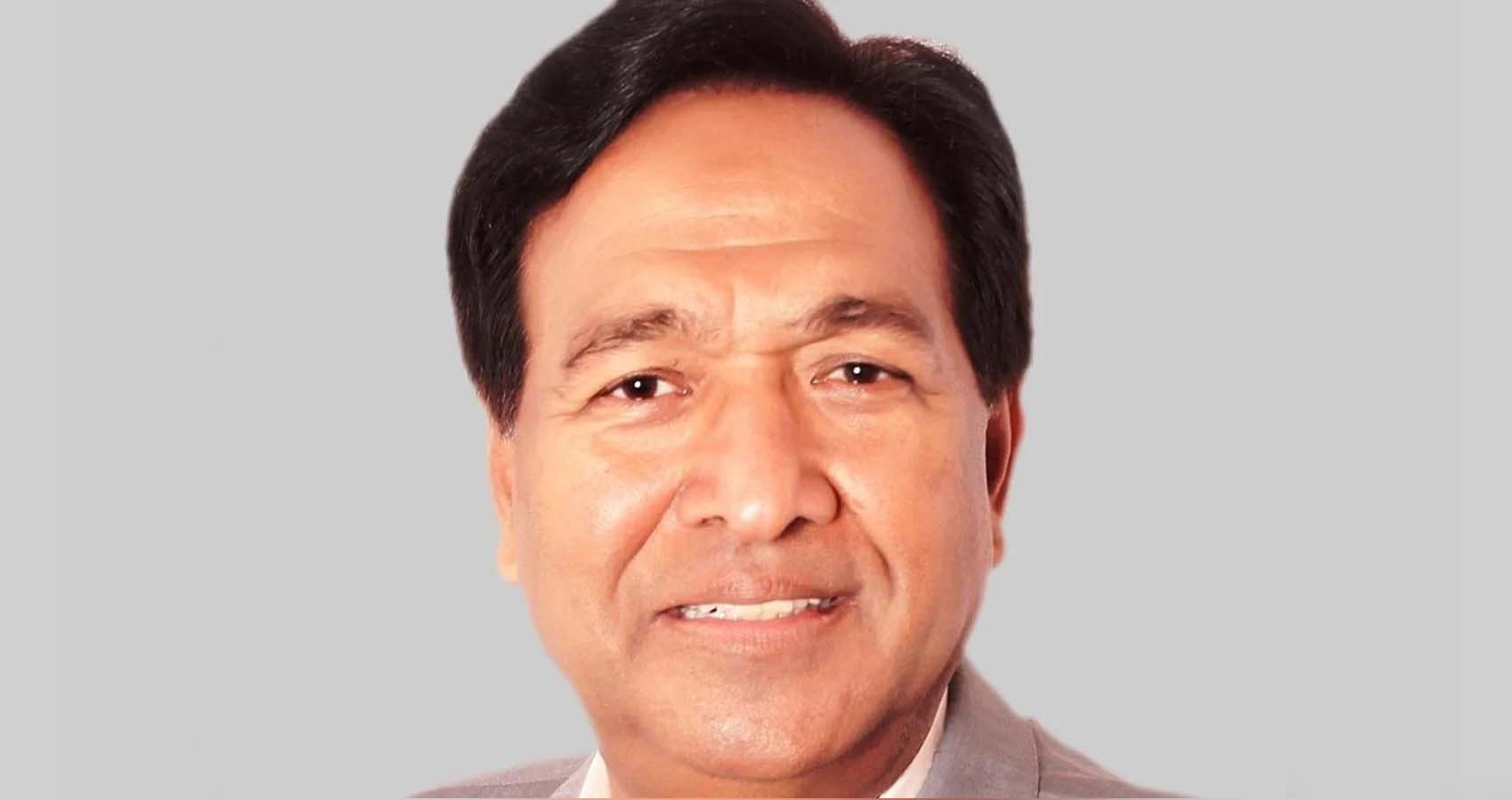
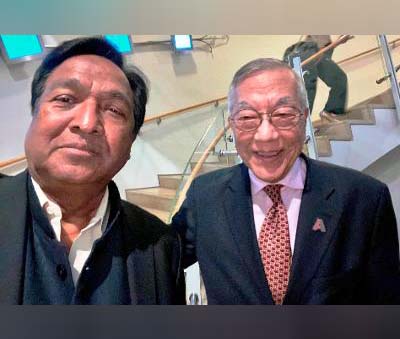 The event featured guest speakers from various fields such as civil rights, business, community, and nonprofit leaders to gather, speak, learn from and brainstorm with each other. The event unpinned the all important thought that when we engage in difficult conversations about unlearning prejudice acquired in our respective communities, when we work together and support each other, and when we speak with one voice, it is incredibly powerful.
The event featured guest speakers from various fields such as civil rights, business, community, and nonprofit leaders to gather, speak, learn from and brainstorm with each other. The event unpinned the all important thought that when we engage in difficult conversations about unlearning prejudice acquired in our respective communities, when we work together and support each other, and when we speak with one voice, it is incredibly powerful.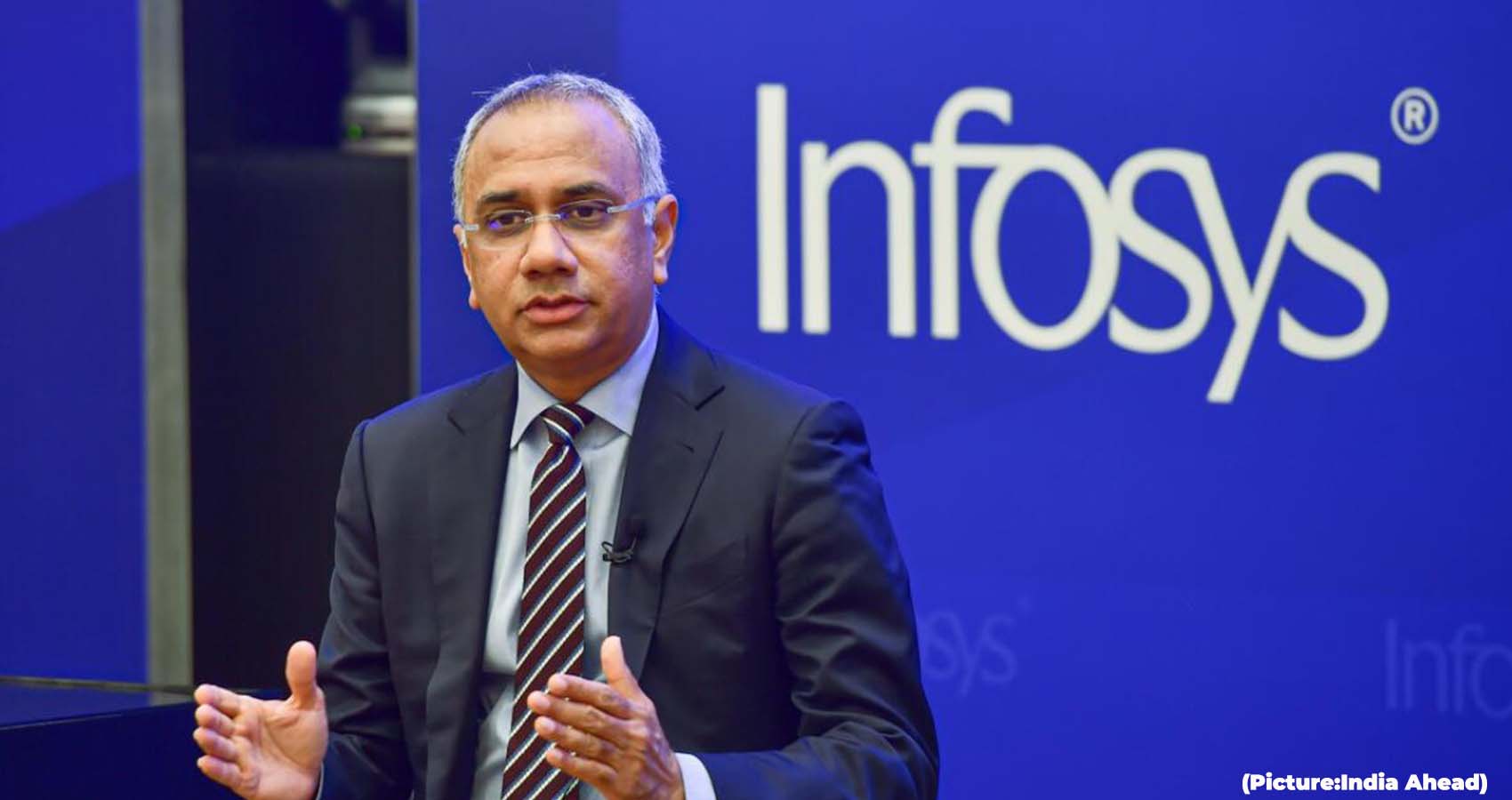
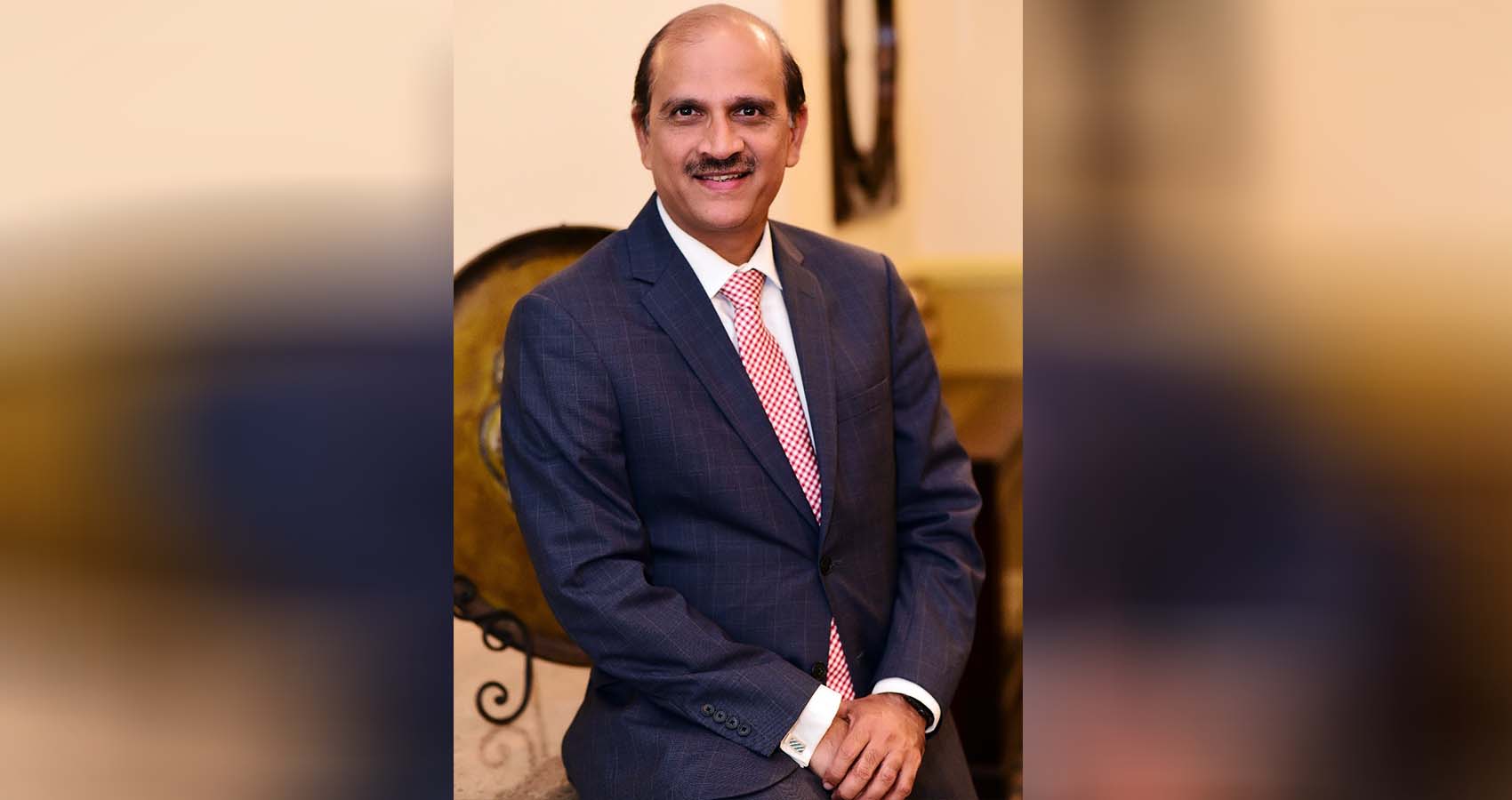
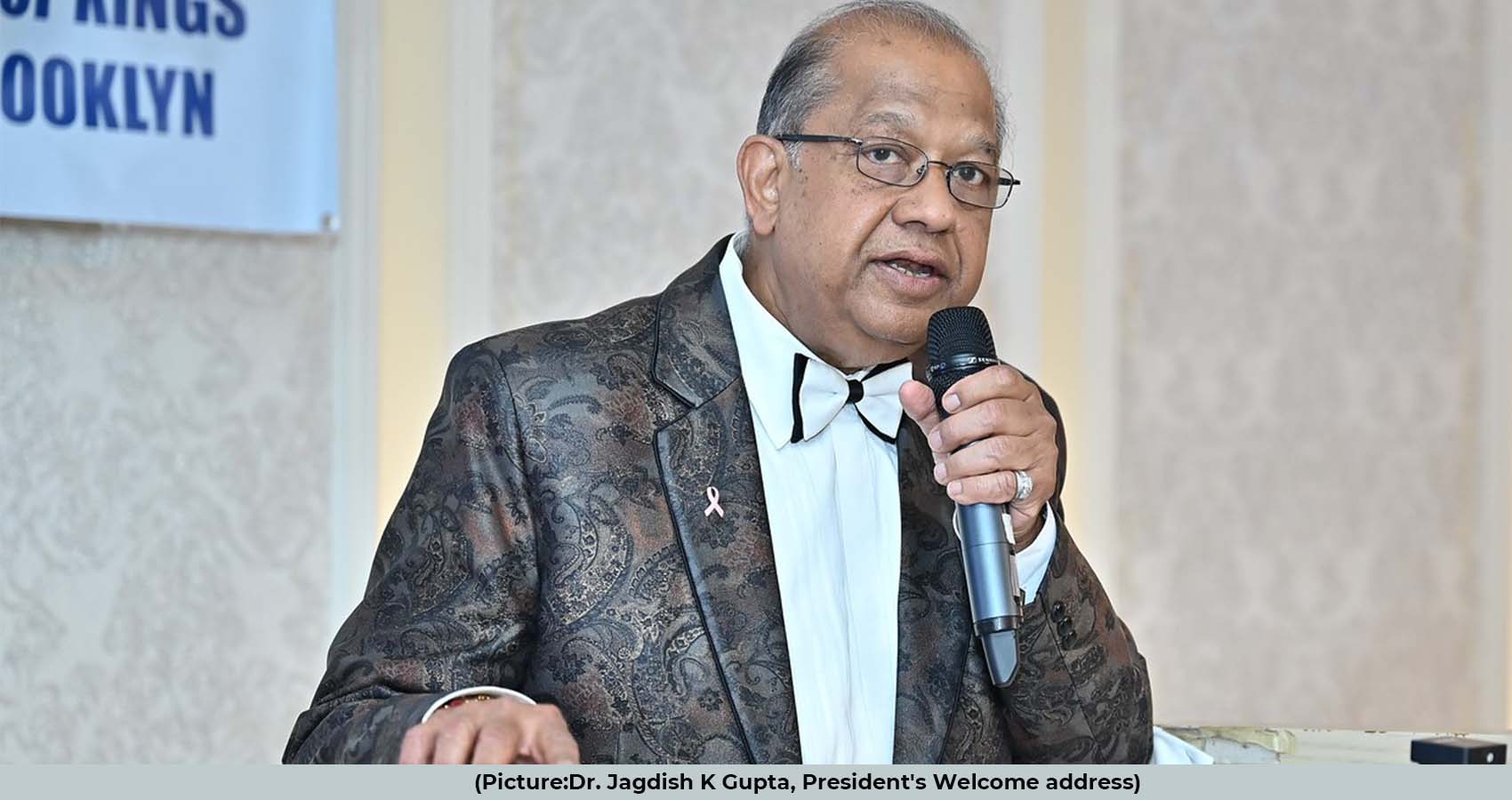
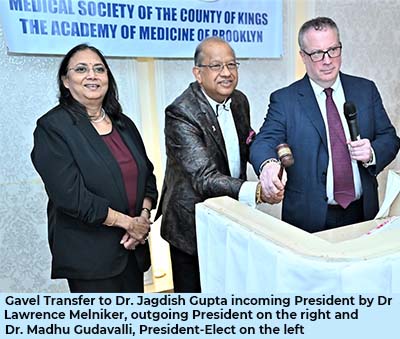 Dr. Gupta was addressing the delegates at the 201st Annual Stated Meeting of MSCK as a Bicentennial Event in person, after two years hiatus due to COVID Pandemic at El Caribe Country Club in Brooklyn, NY with full regalia. “The COVID-19 pandemic upended the rhythms of our personal and professional lives. Traditional workings of our medical society came to a screeching halt,” Dr. Gupta pointed out. “However, as an organization, we persevered, reimagined our operations, and implemented new strategies. Overall, the organization was renewed and brought into the 21st century.”
Dr. Gupta was addressing the delegates at the 201st Annual Stated Meeting of MSCK as a Bicentennial Event in person, after two years hiatus due to COVID Pandemic at El Caribe Country Club in Brooklyn, NY with full regalia. “The COVID-19 pandemic upended the rhythms of our personal and professional lives. Traditional workings of our medical society came to a screeching halt,” Dr. Gupta pointed out. “However, as an organization, we persevered, reimagined our operations, and implemented new strategies. Overall, the organization was renewed and brought into the 21st century.”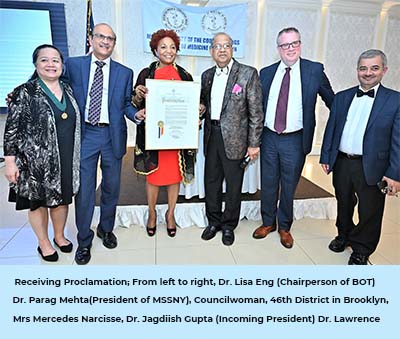 Dr. Sanjiv Chopra, Professor of Medicine and the past Faculty Dean for Continuing Medical Education at Harvard Medical School for 12 years, serving as a Marshall Wolf Distinguished Clinician Educator at Brigham and Women’s Hospital, and the author of more than 170 publications and ten books to his credit, was the keynote speaker at the gala. In his address, he pointed out to “The Two Most Important Days: Reflections on Lasting Happiness and Living with Purpose.” He received a full-throttled standing ovation from the audience. Dr. Chopra is Editor-in-Chief of the Hepatology Section of “UpToDate”, the most widely used electronic textbook in the world subscribed to by more than 1.5 million physicians in 195 countries.
Dr. Sanjiv Chopra, Professor of Medicine and the past Faculty Dean for Continuing Medical Education at Harvard Medical School for 12 years, serving as a Marshall Wolf Distinguished Clinician Educator at Brigham and Women’s Hospital, and the author of more than 170 publications and ten books to his credit, was the keynote speaker at the gala. In his address, he pointed out to “The Two Most Important Days: Reflections on Lasting Happiness and Living with Purpose.” He received a full-throttled standing ovation from the audience. Dr. Chopra is Editor-in-Chief of the Hepatology Section of “UpToDate”, the most widely used electronic textbook in the world subscribed to by more than 1.5 million physicians in 195 countries.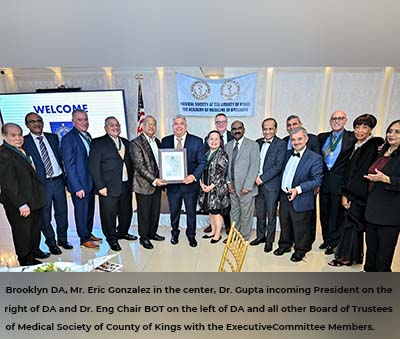 Among the several distinguished guests who joined in and addressed the celebrations were Brooklyn District Attorney Eric Gonzalez who spoke passionately about the need for Gun Control and on ways to prevent the violence in the City. Messages and proclamations were sent in by New York City Council Woman Ms. Mercedes Narcisse 46th Council District; Congresswoman Nicole Malliotakis from 11th District; President of SUNY Downstate Medical School, Dr. Wayne Riley who spoke about the contribution of Medical Society of County of Kings and Long Island College over 200 years; State Assemblyman Michael Tannousis; Dr. Ravi Kolli, President Elect, American Association of Physicians of Indian Origin- the largest ethnic physician organization in America; and, Multiple Citations for 50 years Medical School Graduates serving the Brooklyn Community.
Among the several distinguished guests who joined in and addressed the celebrations were Brooklyn District Attorney Eric Gonzalez who spoke passionately about the need for Gun Control and on ways to prevent the violence in the City. Messages and proclamations were sent in by New York City Council Woman Ms. Mercedes Narcisse 46th Council District; Congresswoman Nicole Malliotakis from 11th District; President of SUNY Downstate Medical School, Dr. Wayne Riley who spoke about the contribution of Medical Society of County of Kings and Long Island College over 200 years; State Assemblyman Michael Tannousis; Dr. Ravi Kolli, President Elect, American Association of Physicians of Indian Origin- the largest ethnic physician organization in America; and, Multiple Citations for 50 years Medical School Graduates serving the Brooklyn Community.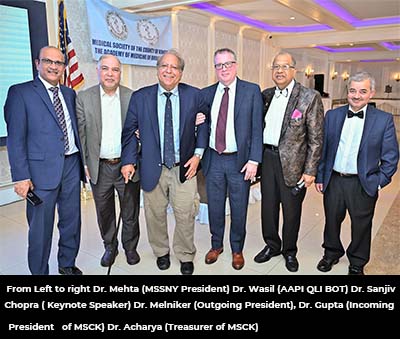 The Medical Society of the County of Kings (MSCK), the oldest scientific organization in Brooklyn, New York was established on March 2nd, 1822 by a group of doctors gathered at Auld Lang Syne Tavern on Fulton Street in Brooklyn Heights, with the lofty mission “to foster progress in the science and art of medicine and to promote, preserve and enforce the highest of standards of ethical and proficient medical care”. In 1900, the Society opened its grand new colonial revival building at 1313 Bedford Avenue, the geographical center of Brooklyn and It was headquartered there until 1996.
The Medical Society of the County of Kings (MSCK), the oldest scientific organization in Brooklyn, New York was established on March 2nd, 1822 by a group of doctors gathered at Auld Lang Syne Tavern on Fulton Street in Brooklyn Heights, with the lofty mission “to foster progress in the science and art of medicine and to promote, preserve and enforce the highest of standards of ethical and proficient medical care”. In 1900, the Society opened its grand new colonial revival building at 1313 Bedford Avenue, the geographical center of Brooklyn and It was headquartered there until 1996.
 Four distinguished and accomplished community leaders/professionals were honored with the Lifetime Achievement Awards for their accomplishments and contributions to the larger society.
Four distinguished and accomplished community leaders/professionals were honored with the Lifetime Achievement Awards for their accomplishments and contributions to the larger society.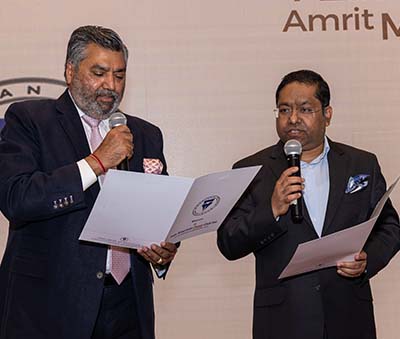 The other honoree whom IAPC recognized today was Sudhir M. Parikh, M.D., a physician by profession and currently the Chairman and Publisher of Parikh Worldwide Media Inc., the largest Indian-American publishing group in the United States, and Chairman of ITV Gold, a 24×7 TV news channel, and is one of the most honored Indian Americans with Padma Shri and Pravasi Bharatiya Samman, and the Ellis Island Medal of Honor.
The other honoree whom IAPC recognized today was Sudhir M. Parikh, M.D., a physician by profession and currently the Chairman and Publisher of Parikh Worldwide Media Inc., the largest Indian-American publishing group in the United States, and Chairman of ITV Gold, a 24×7 TV news channel, and is one of the most honored Indian Americans with Padma Shri and Pravasi Bharatiya Samman, and the Ellis Island Medal of Honor.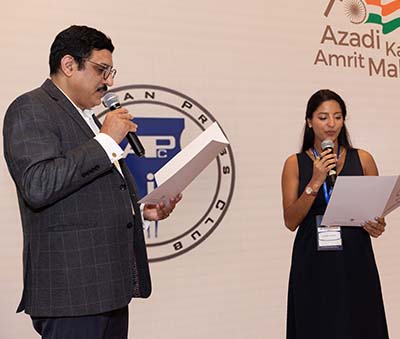 We look forward to their continued support to bring developments from India to the readers in the US and carry all the excitement from the United States to the people of India. I invite Indo American Press Club to join hands with us in celebrating India@75, our Azadi Ka Amrit Mahotsav. I wish the Club steady growth, progress and success,” he said.
We look forward to their continued support to bring developments from India to the readers in the US and carry all the excitement from the United States to the people of India. I invite Indo American Press Club to join hands with us in celebrating India@75, our Azadi Ka Amrit Mahotsav. I wish the Club steady growth, progress and success,” he said.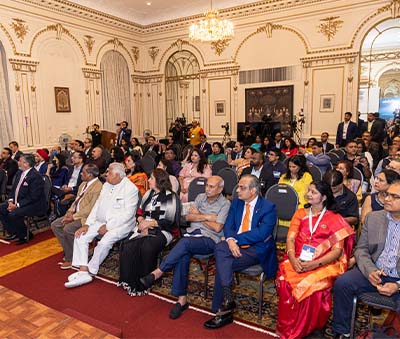 IAPC envisages its vision through collective efforts and advocacy activities through its nearly one thousand members across the US and Canada, by being a link between the media fraternity and the world at large. We will work together with dedication to enhance the working conditions of our journalists, exchanging ideas and offering educational and training opportunities to our members, aspiring young journalists and media professionals around the globe.”
IAPC envisages its vision through collective efforts and advocacy activities through its nearly one thousand members across the US and Canada, by being a link between the media fraternity and the world at large. We will work together with dedication to enhance the working conditions of our journalists, exchanging ideas and offering educational and training opportunities to our members, aspiring young journalists and media professionals around the globe.” Providing the background to the formation of IAPC, Akay Ghosh, Founding President of IAPC said, “We as individuals and corporations that represent the media world, consisting of print, visual, electronic and online, realize that we have a greater role to play. We have been working in this field for decades and often stand alone in a large media world. As individual members of the media, our voice is often drowned in the very large world of multi-media. We lack a collective voice to raise our voice, to pool our talents together and work as a cohesive group to reflect and respond to the challenges of the modern world. IAPC was (IAPC), formed to fill this vacuum, and is committed to strive to be a common platform to raise the voice and explore the possibilities of helping shape the world to be a world that is fair, just and equitable for today and future generations.”
Providing the background to the formation of IAPC, Akay Ghosh, Founding President of IAPC said, “We as individuals and corporations that represent the media world, consisting of print, visual, electronic and online, realize that we have a greater role to play. We have been working in this field for decades and often stand alone in a large media world. As individual members of the media, our voice is often drowned in the very large world of multi-media. We lack a collective voice to raise our voice, to pool our talents together and work as a cohesive group to reflect and respond to the challenges of the modern world. IAPC was (IAPC), formed to fill this vacuum, and is committed to strive to be a common platform to raise the voice and explore the possibilities of helping shape the world to be a world that is fair, just and equitable for today and future generations.”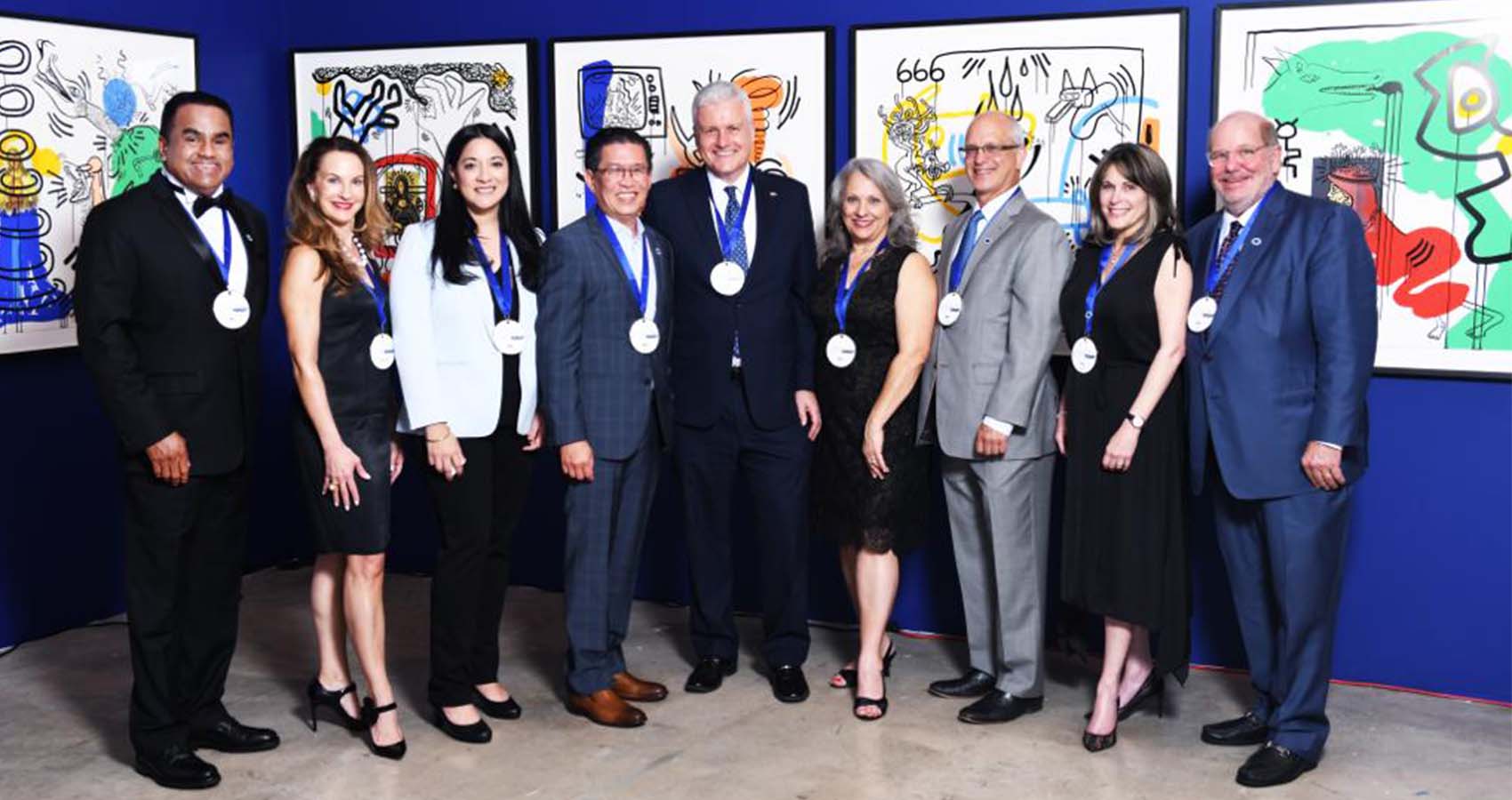
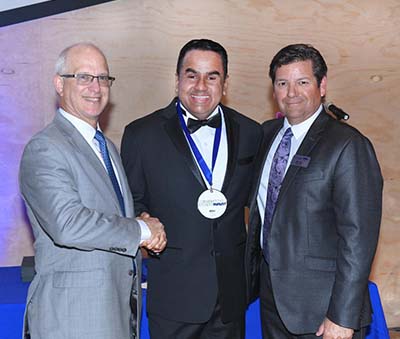 “Congratulations Fr. Mathew Chalil for being inducted into Nova Southeastern University Cornerstone society today,” a statement issued by the University stated. “We have created a scholarship fund of 1 Lakh Dollars (77 Lakhs Indian Rupees). The $100,000 scholarship will be earmarked for international medical students at NSU MD with significant financial needs.”
“Congratulations Fr. Mathew Chalil for being inducted into Nova Southeastern University Cornerstone society today,” a statement issued by the University stated. “We have created a scholarship fund of 1 Lakh Dollars (77 Lakhs Indian Rupees). The $100,000 scholarship will be earmarked for international medical students at NSU MD with significant financial needs.”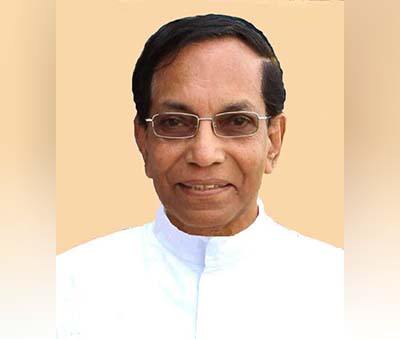 Publisher of The Universal News Network (
Publisher of The Universal News Network (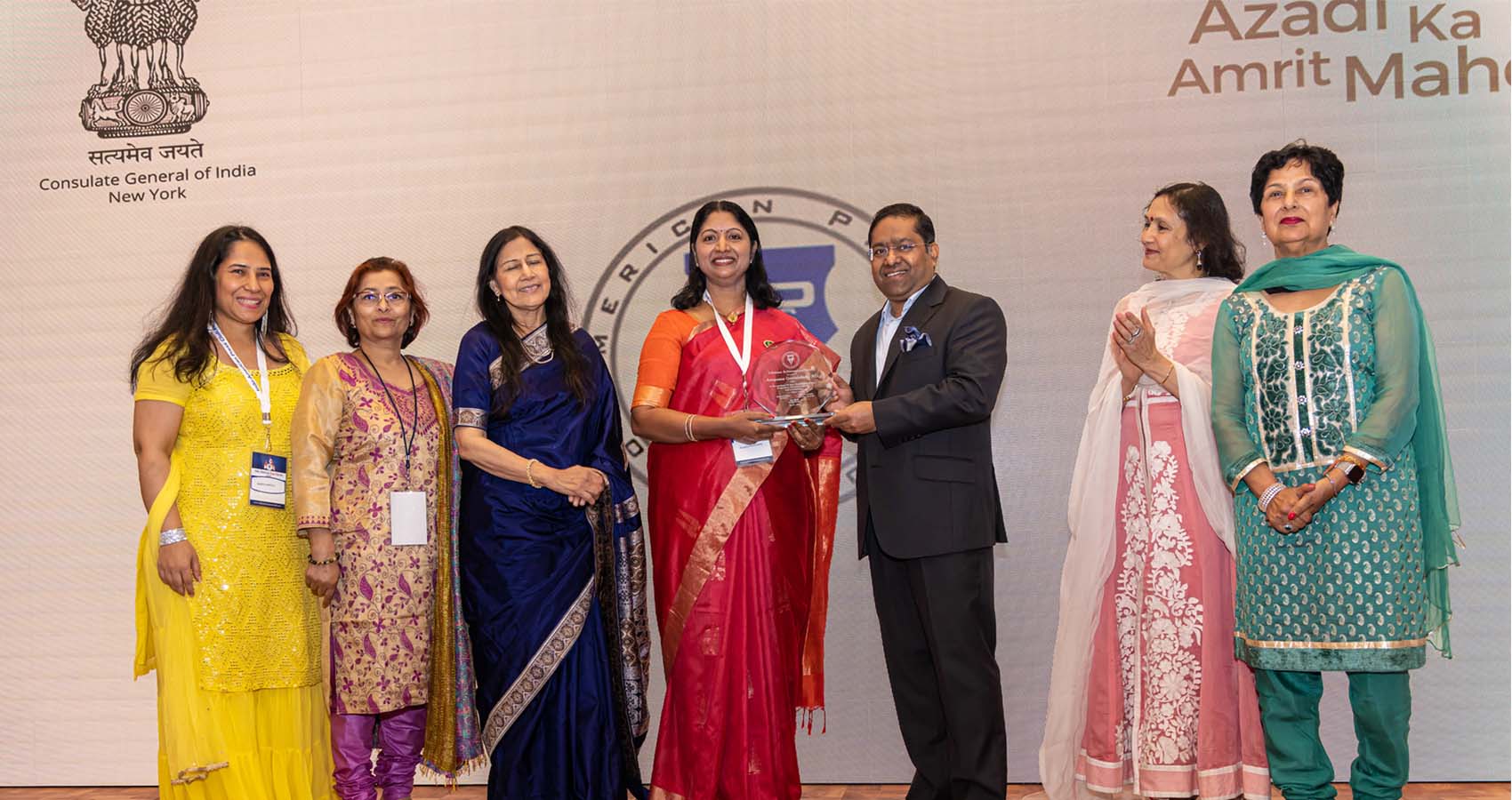
 Ambassador Randhir Jaiswal, Consul General of India, who was the chief guest presented the award at the Grand Ballroom of the Consulate in New York, which was attended by several community leaders, elected officials, diplomats, media personnel and professionals.
Ambassador Randhir Jaiswal, Consul General of India, who was the chief guest presented the award at the Grand Ballroom of the Consulate in New York, which was attended by several community leaders, elected officials, diplomats, media personnel and professionals.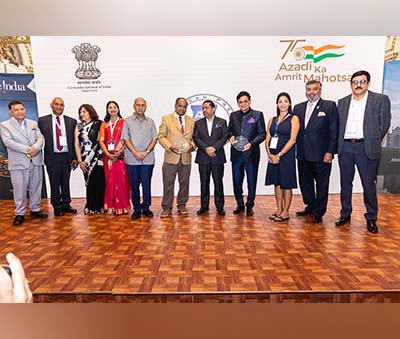 Dr. Anupama Gotimukula is the only 4th Woman elected to be the President of American Association of Physicians of Indian Origin in its nearly four decades-long history.
Dr. Anupama Gotimukula is the only 4th Woman elected to be the President of American Association of Physicians of Indian Origin in its nearly four decades-long history.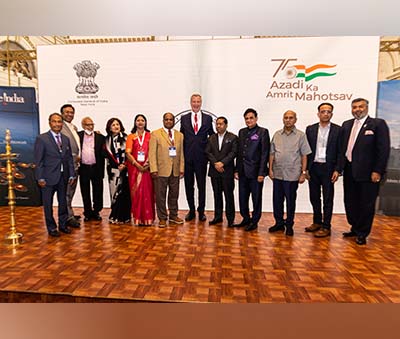 Under her leadership, several new programs have been initiated, benefiting AAPI members and the larger communities in the United States and India. Dr. Gotimukula urged the media to focus on the many positive things that are happening around the world, rather than focus on negativity that destroys human freedom, liberty and unity.
Under her leadership, several new programs have been initiated, benefiting AAPI members and the larger communities in the United States and India. Dr. Gotimukula urged the media to focus on the many positive things that are happening around the world, rather than focus on negativity that destroys human freedom, liberty and unity.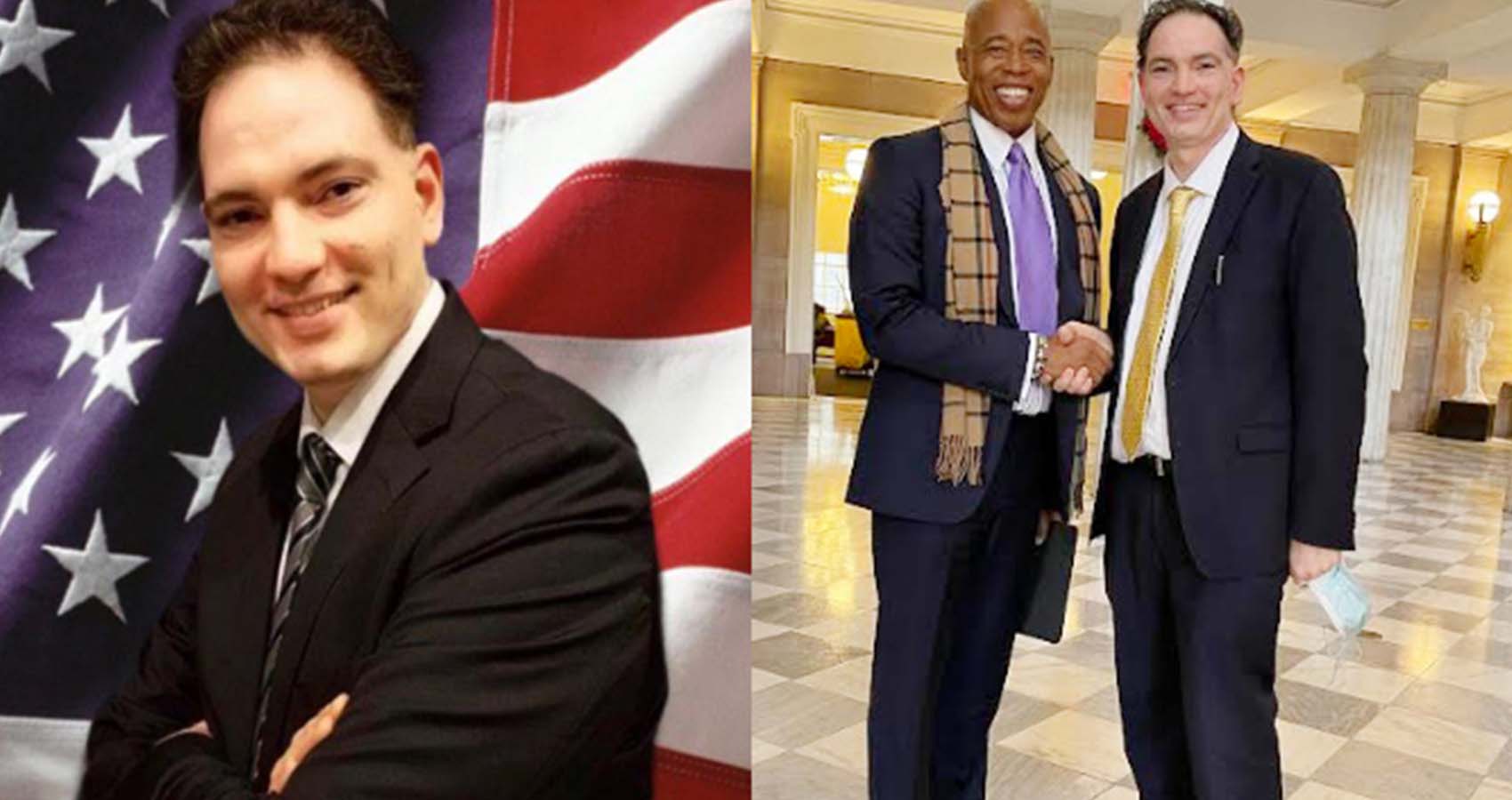

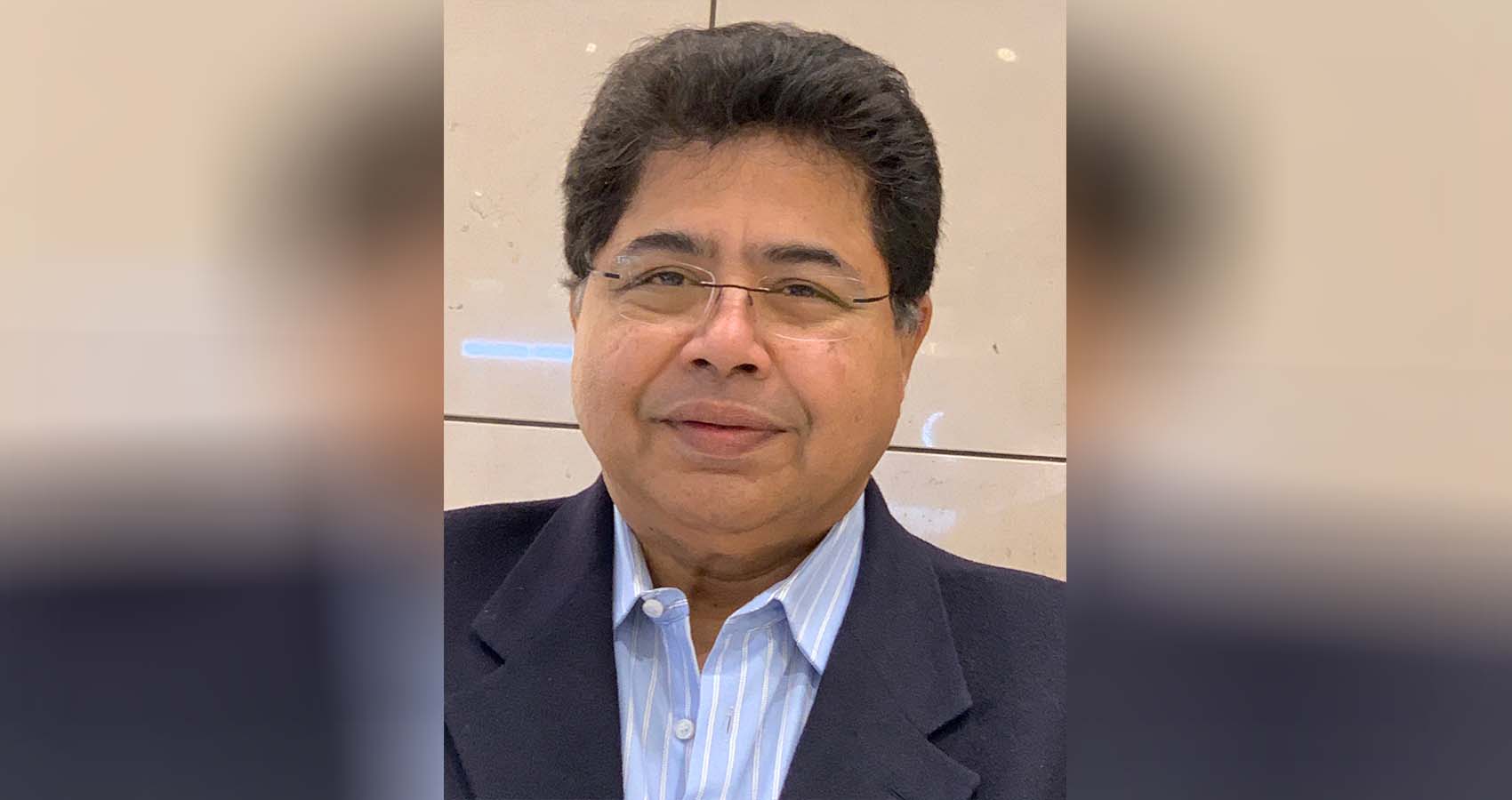
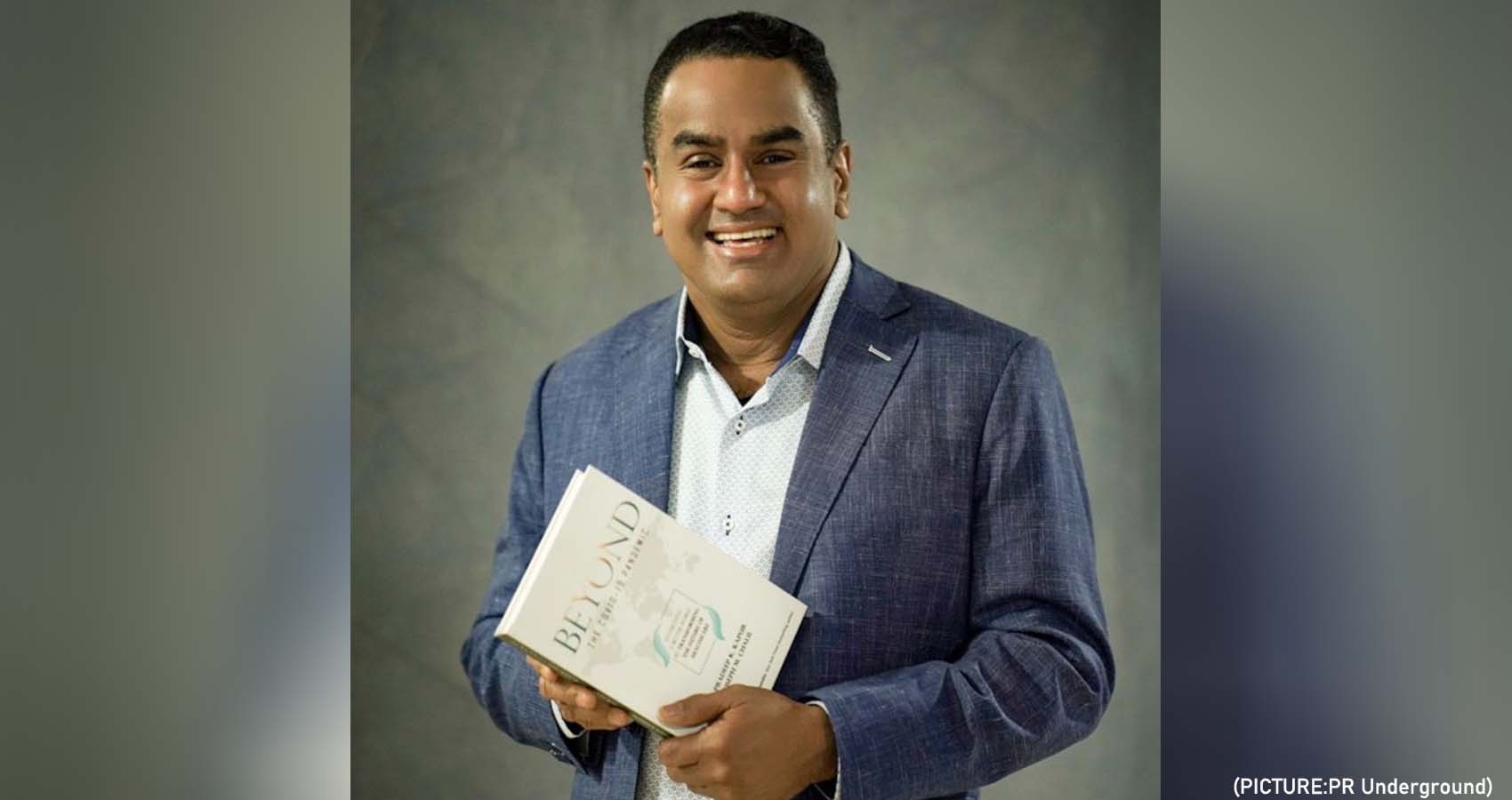
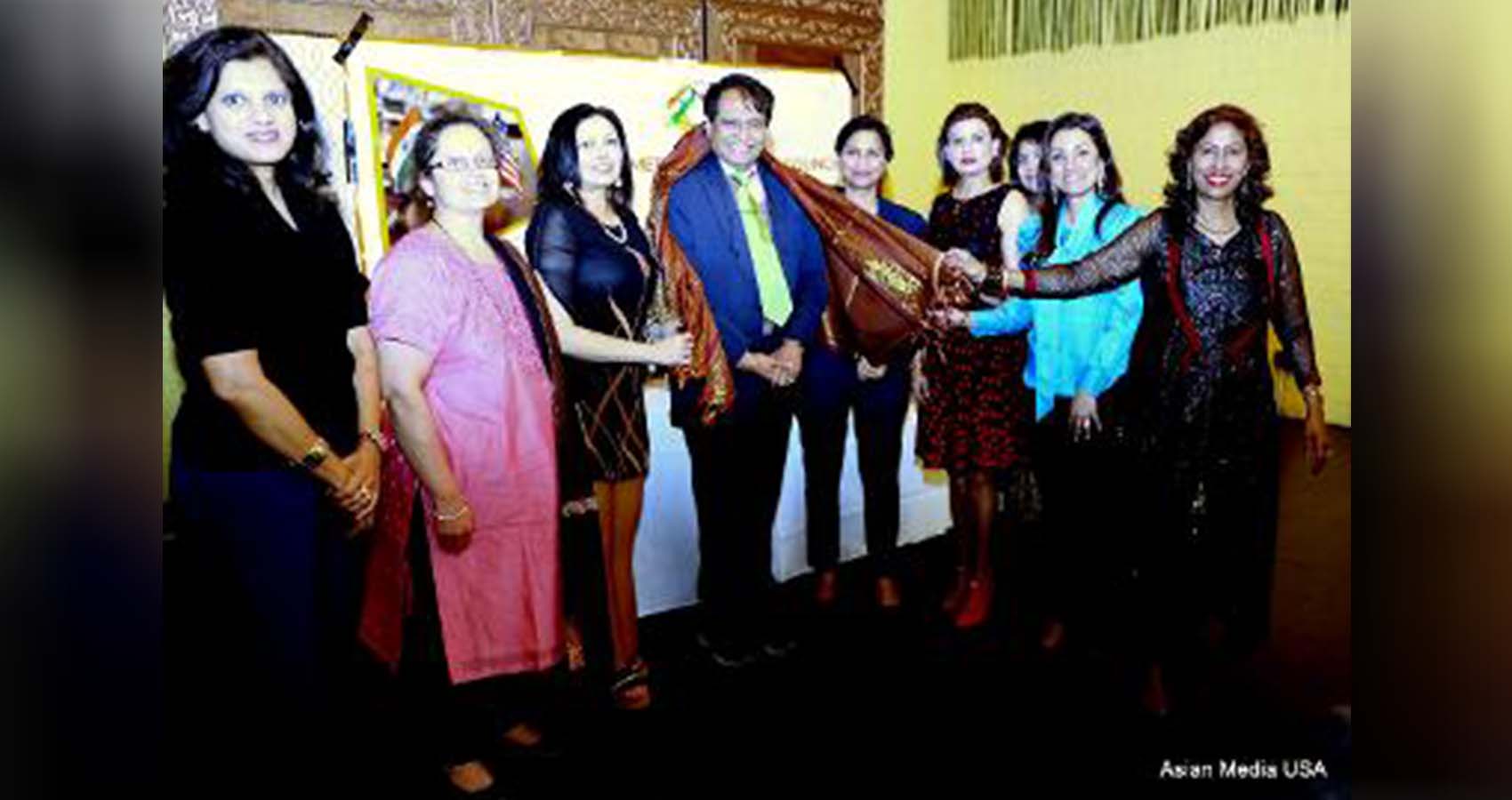
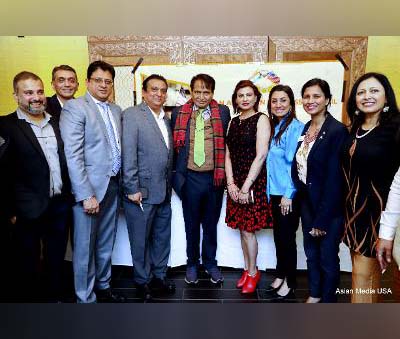 Dr. Suresh Reddy, Trustee Oakbrook Village introduced Suresh Prabhu as a visionary who presided over as central minister with remarkable honor and lauded him for his distinguished credentials that propelled him to the league of top three Indian leaders in Asia.
Dr. Suresh Reddy, Trustee Oakbrook Village introduced Suresh Prabhu as a visionary who presided over as central minister with remarkable honor and lauded him for his distinguished credentials that propelled him to the league of top three Indian leaders in Asia.